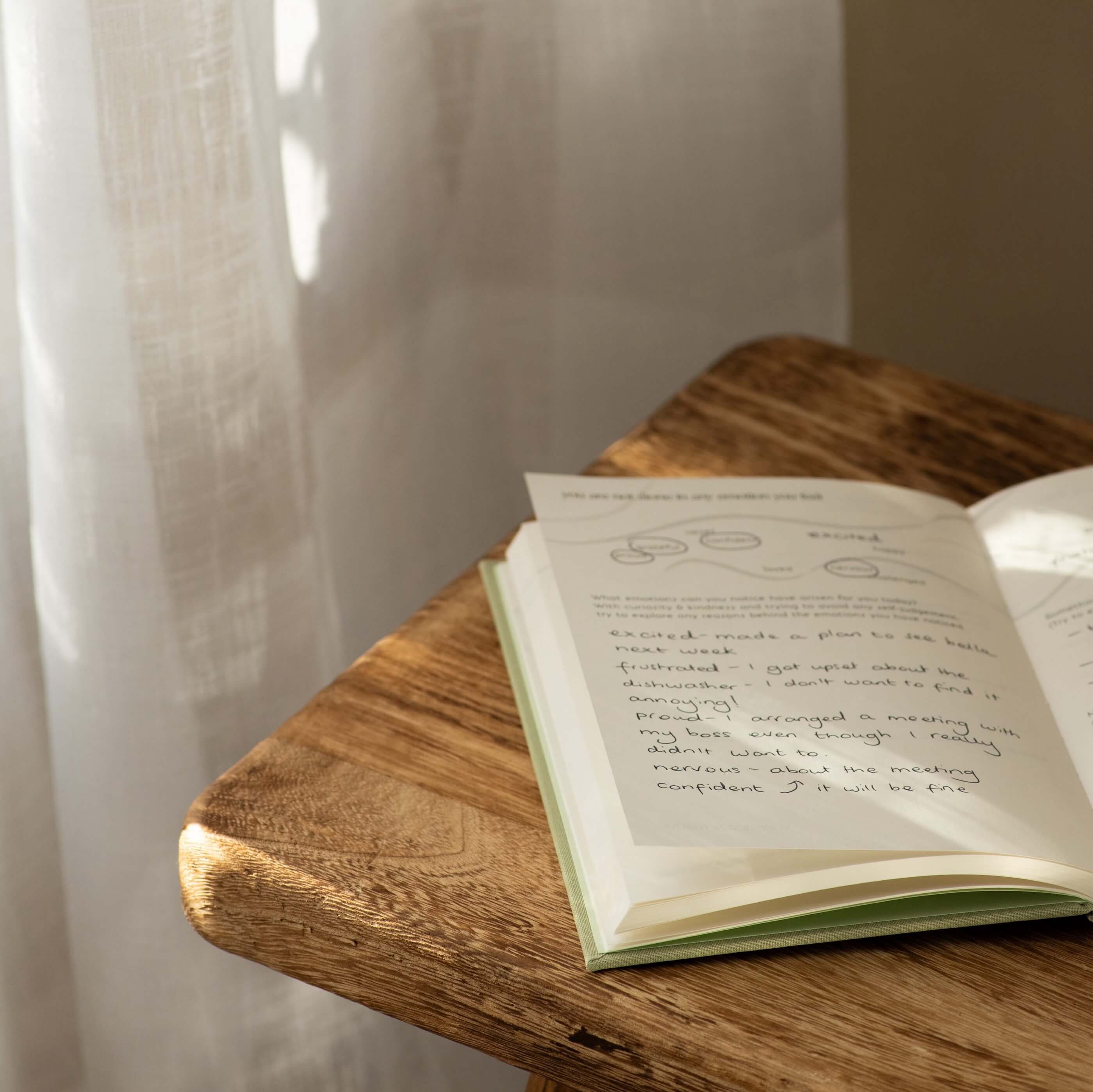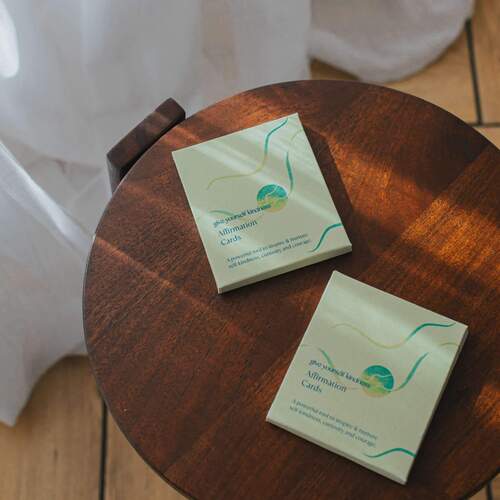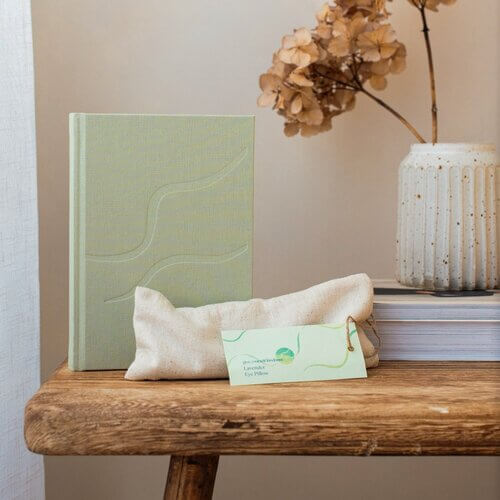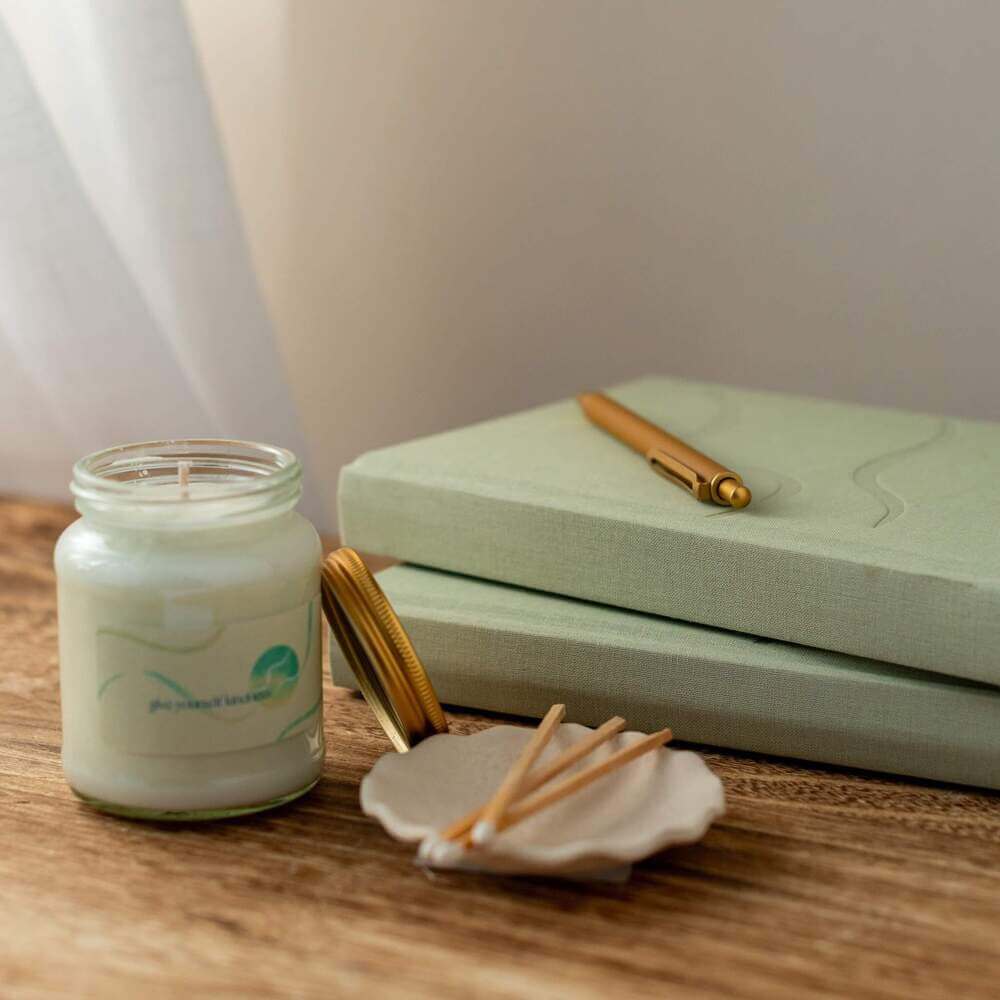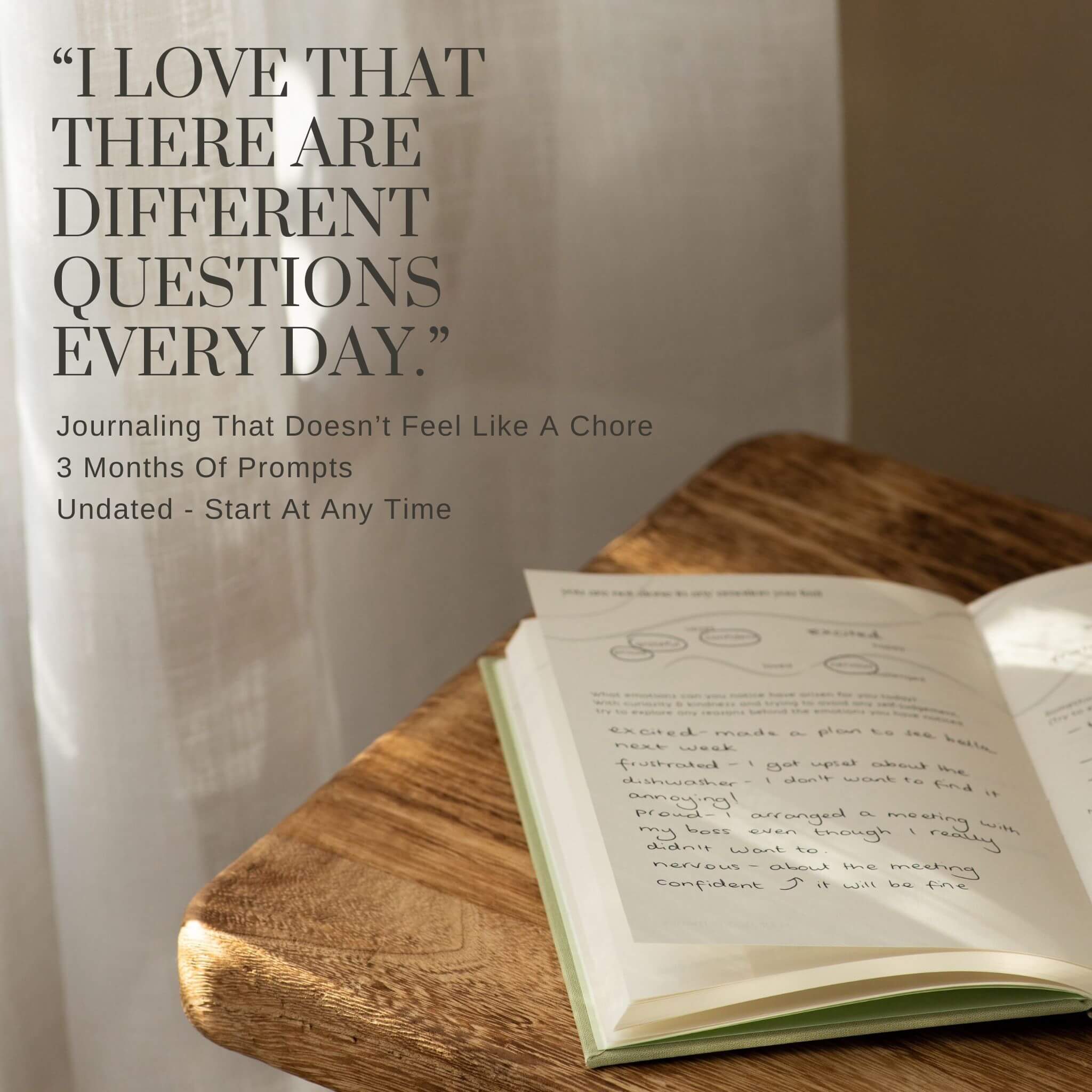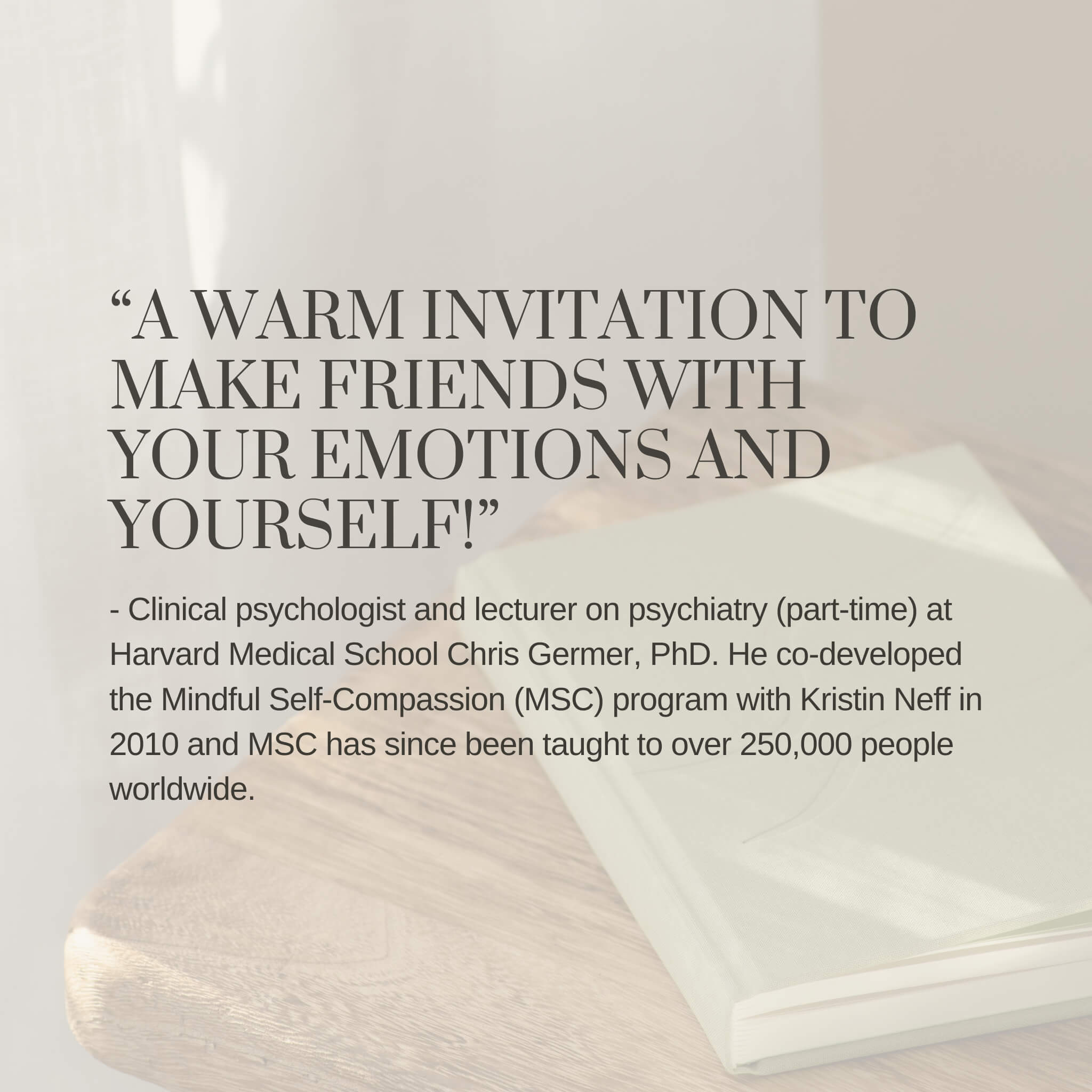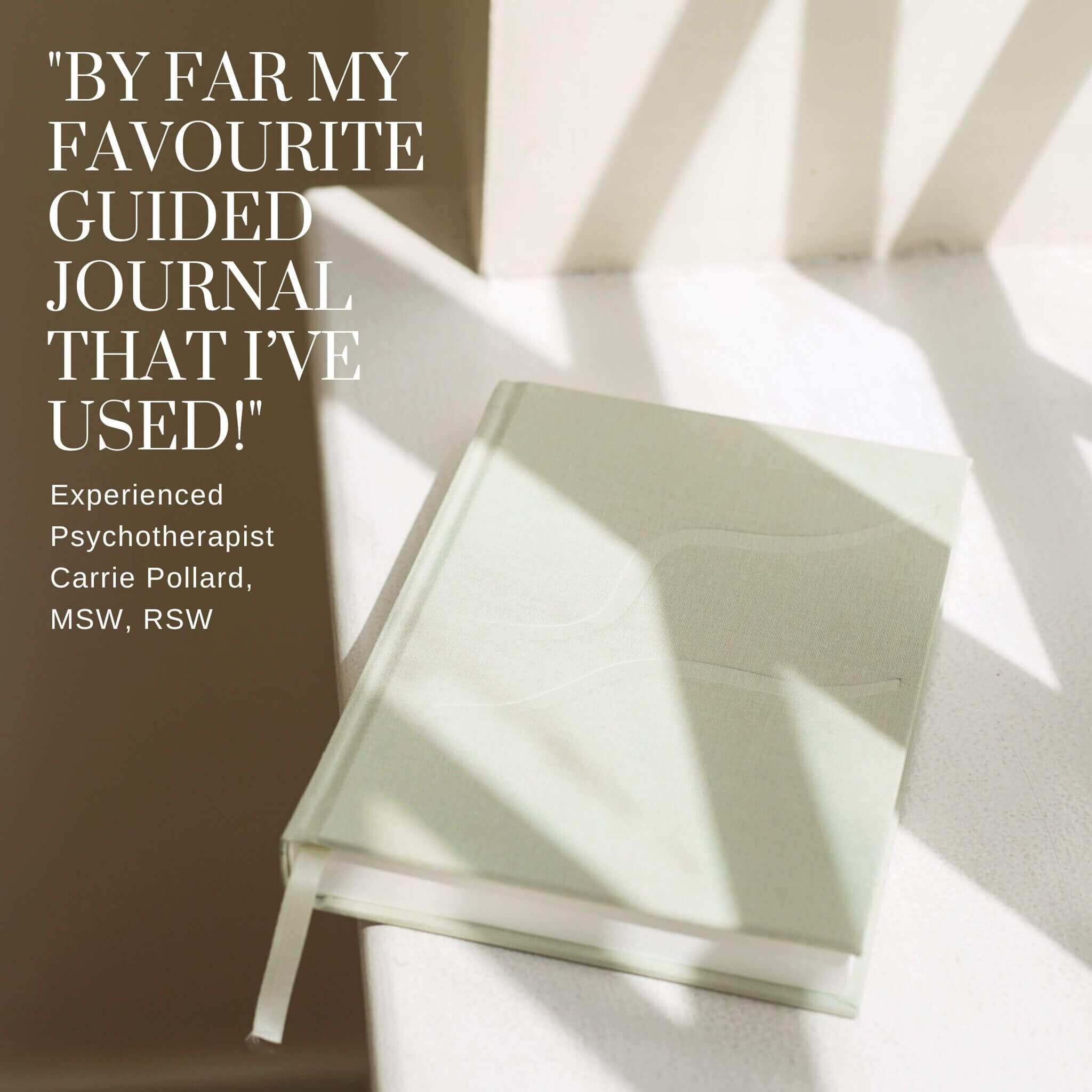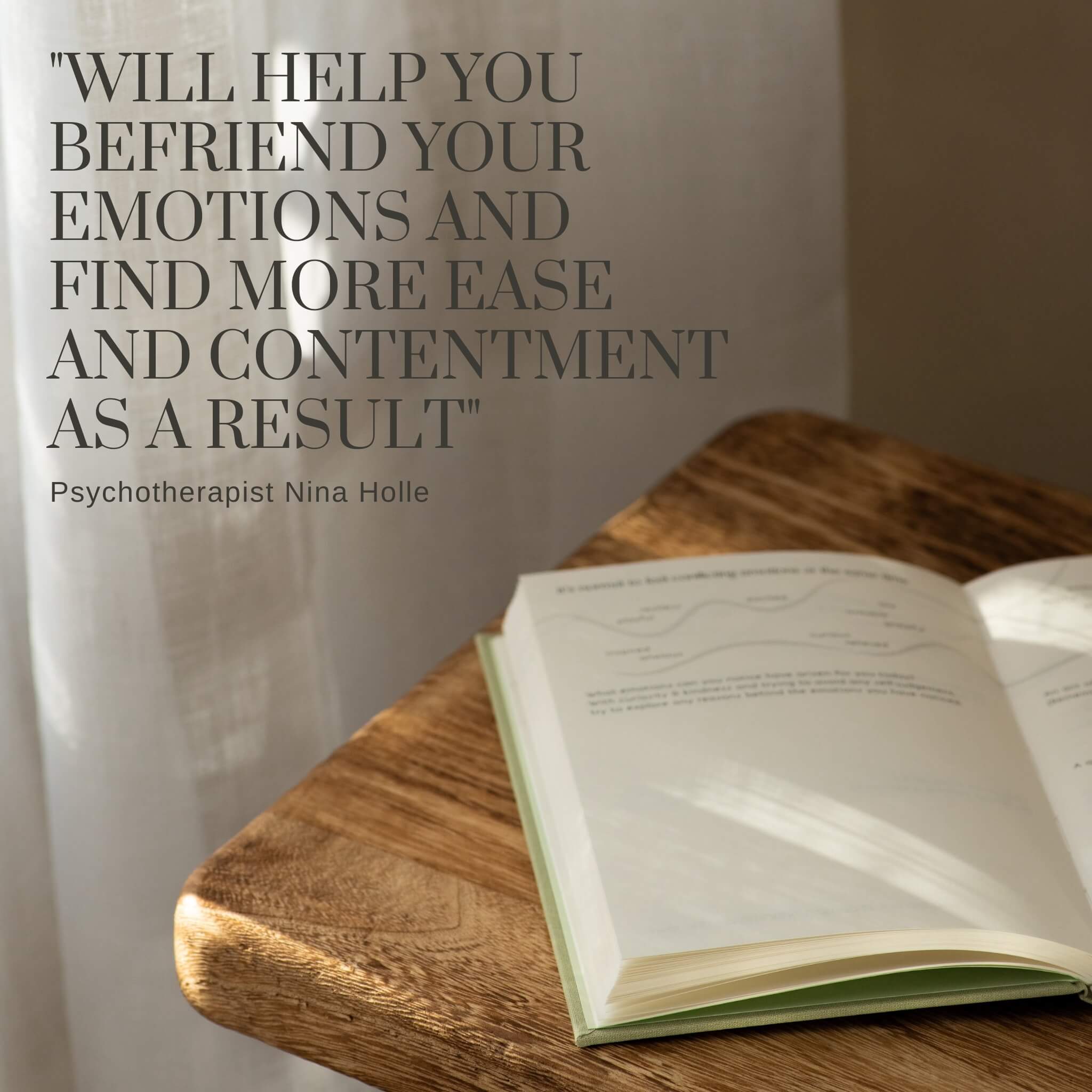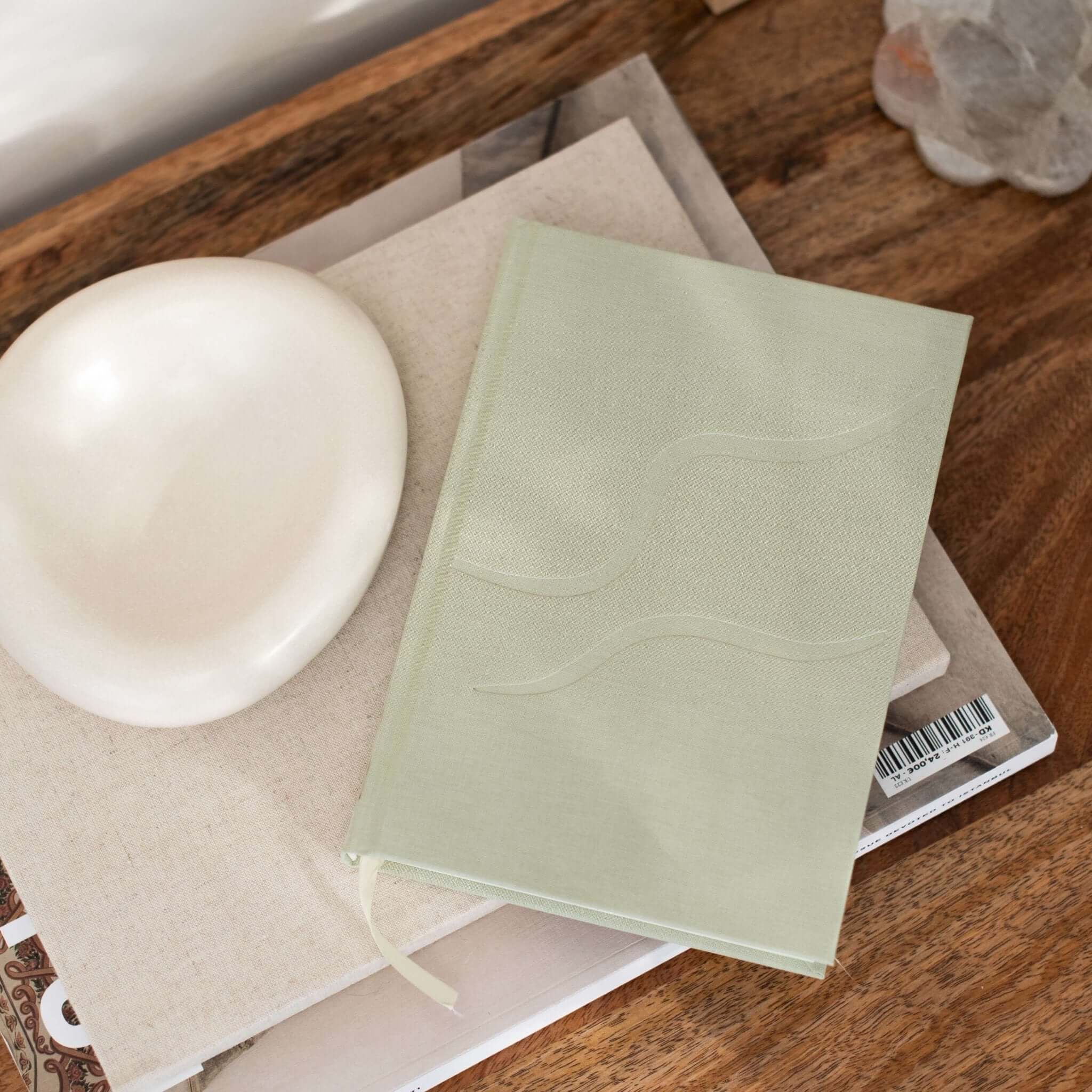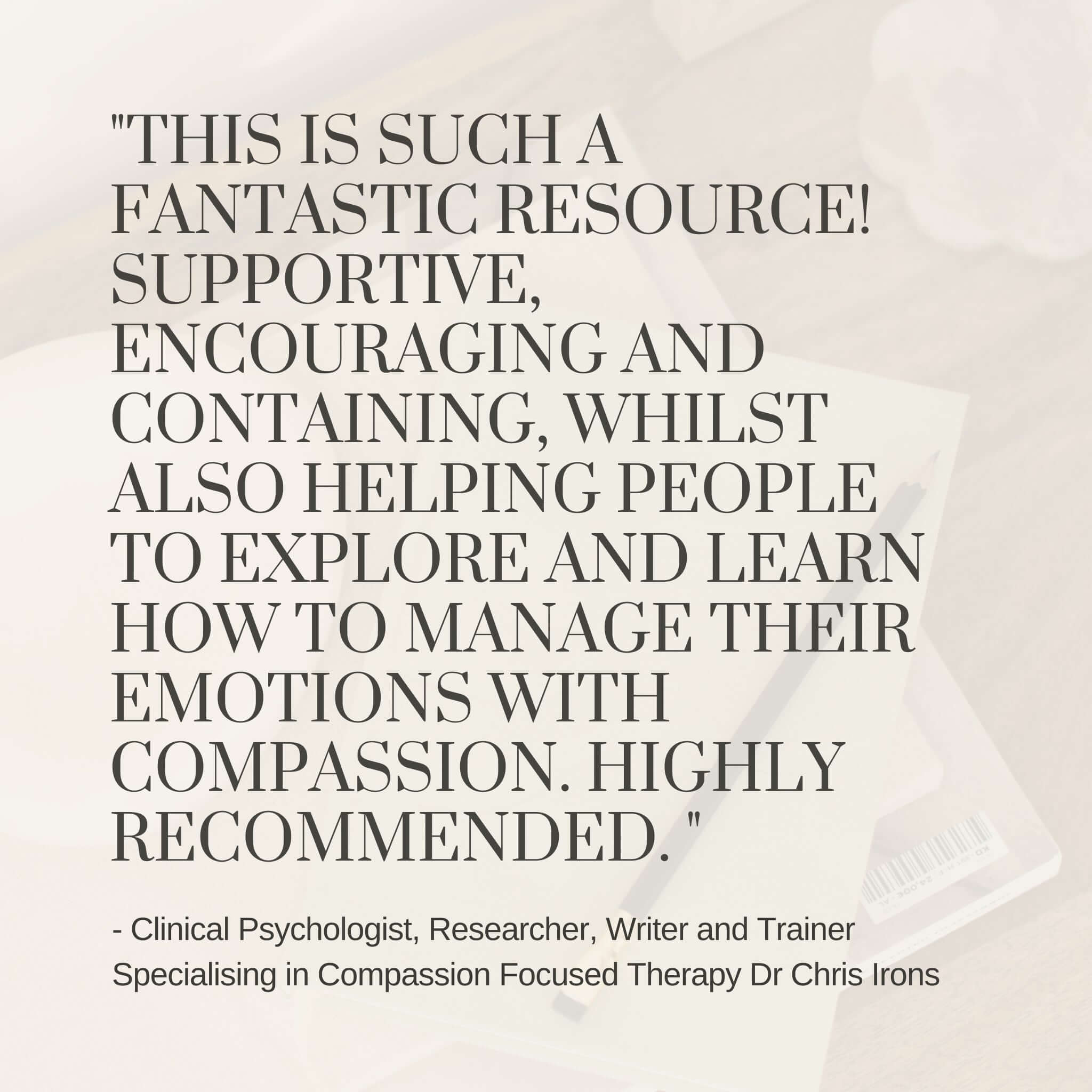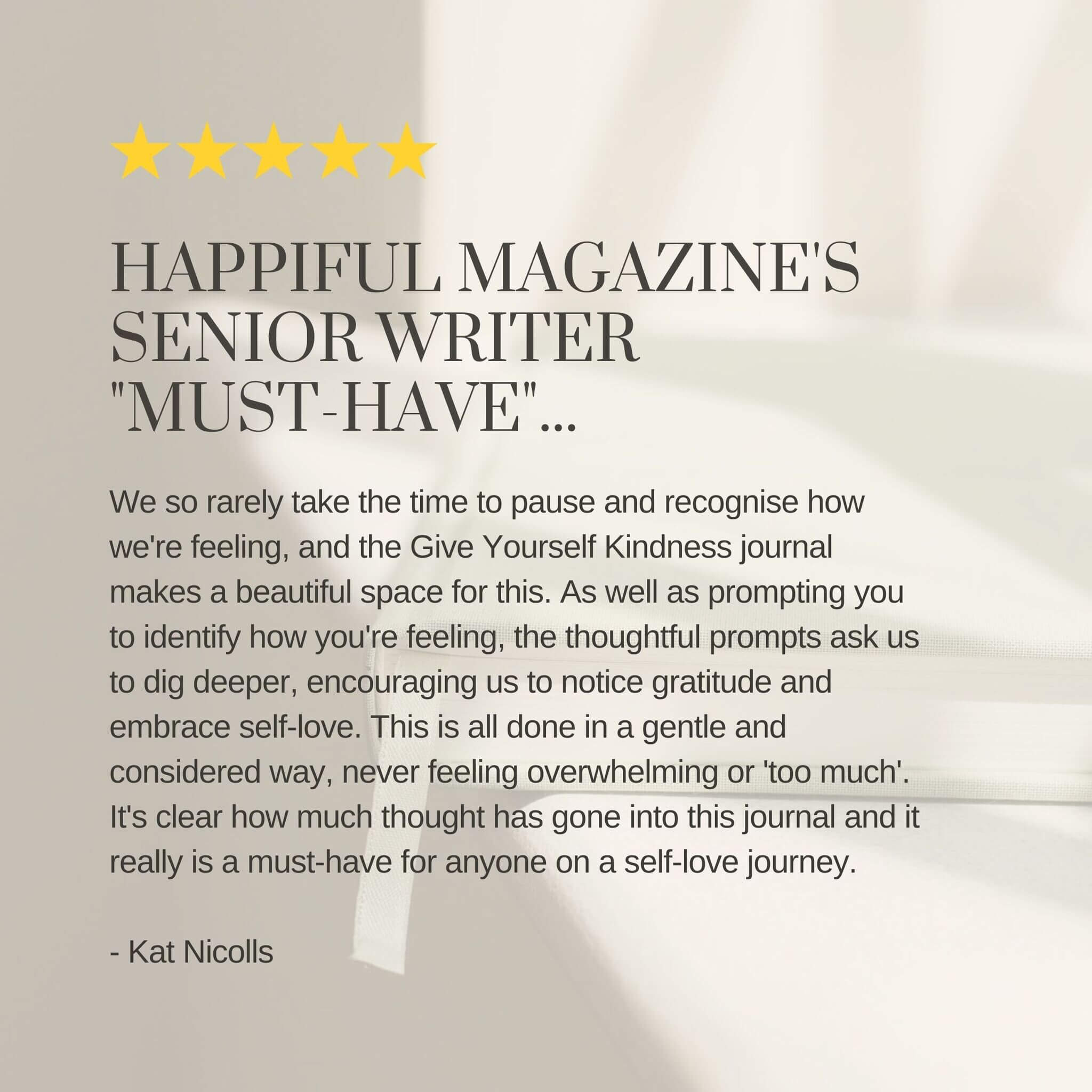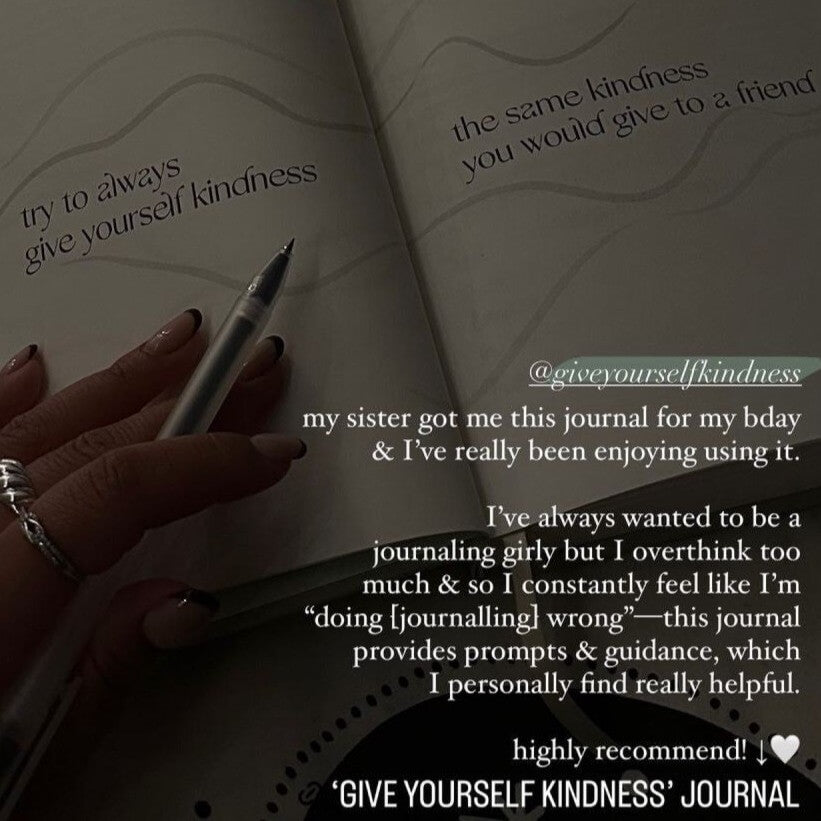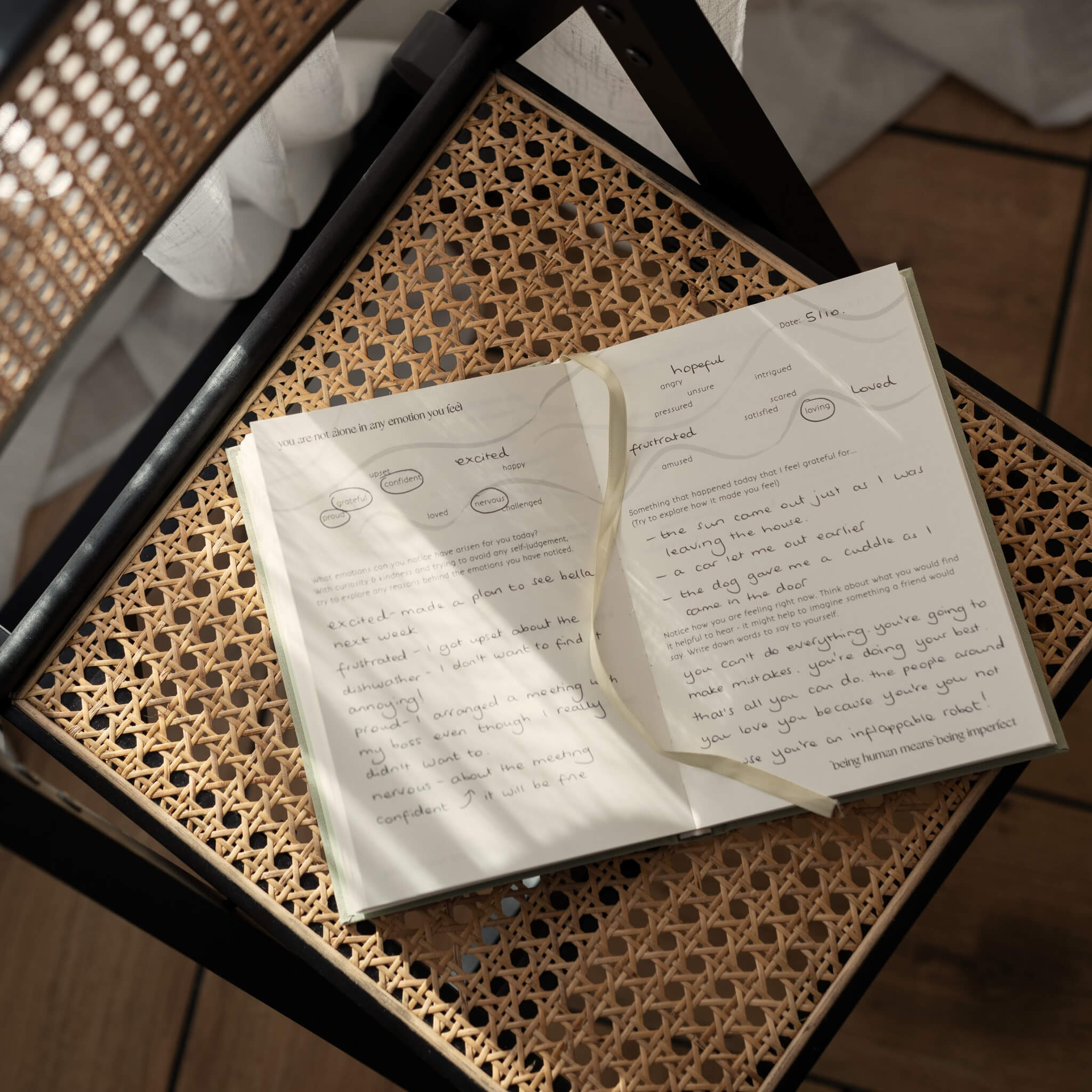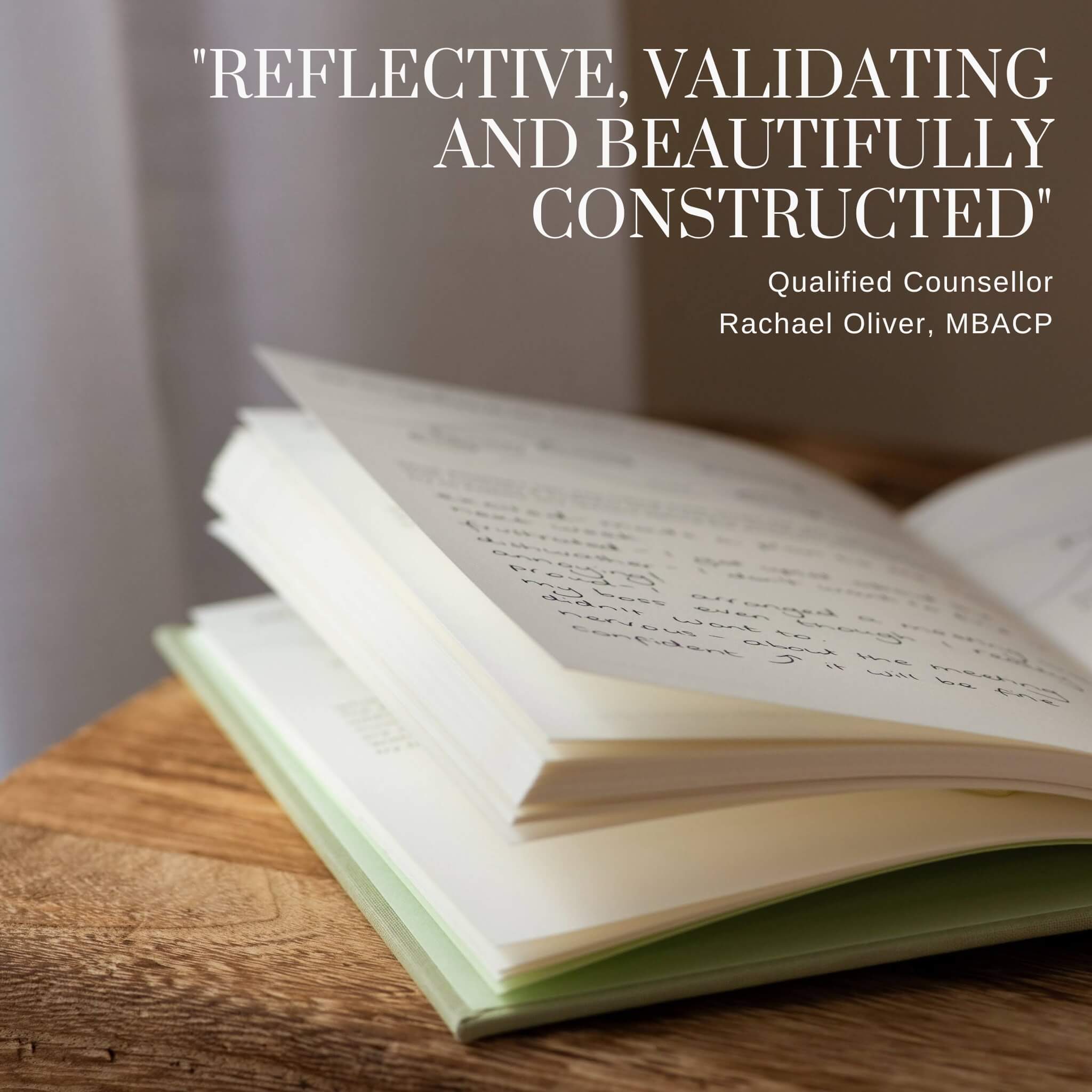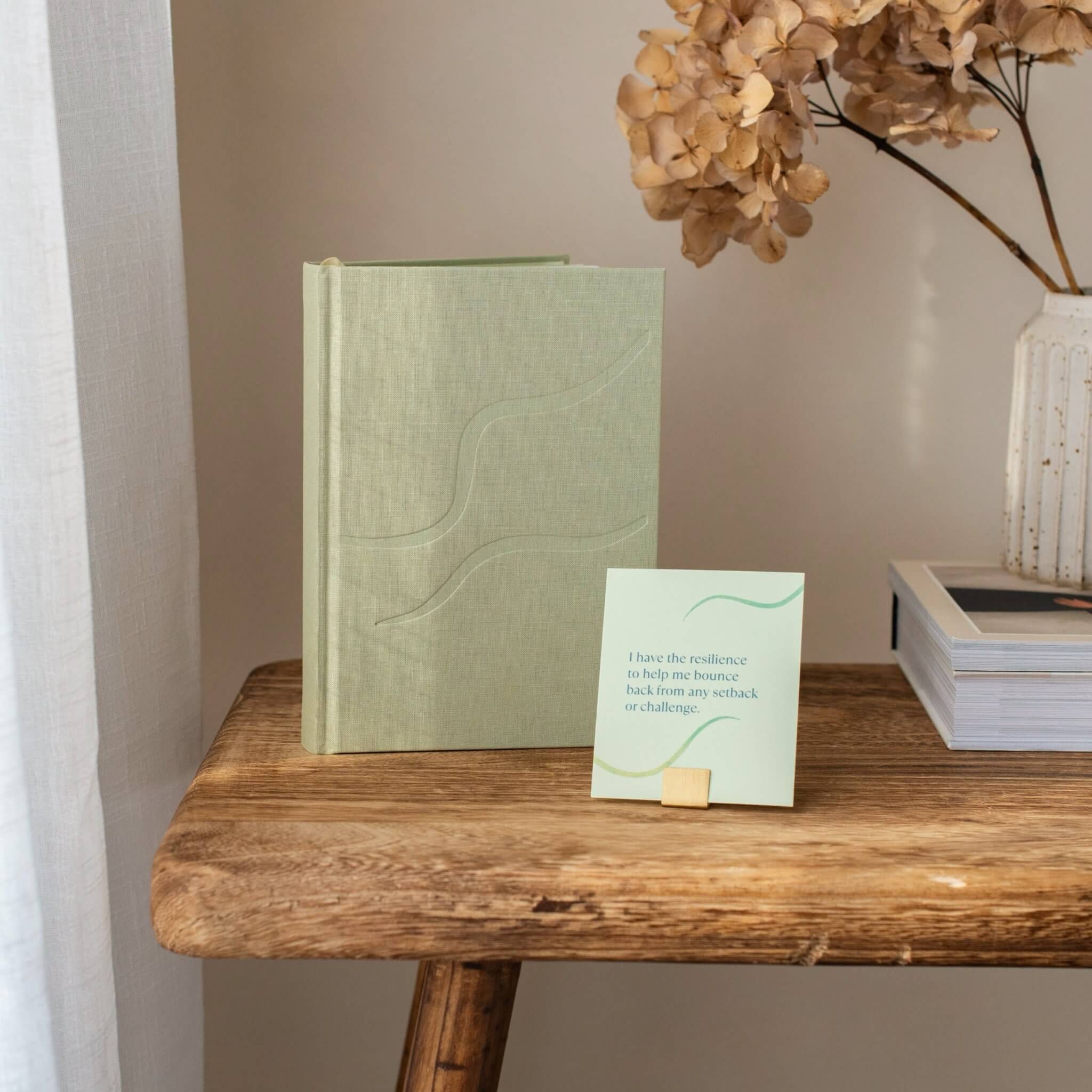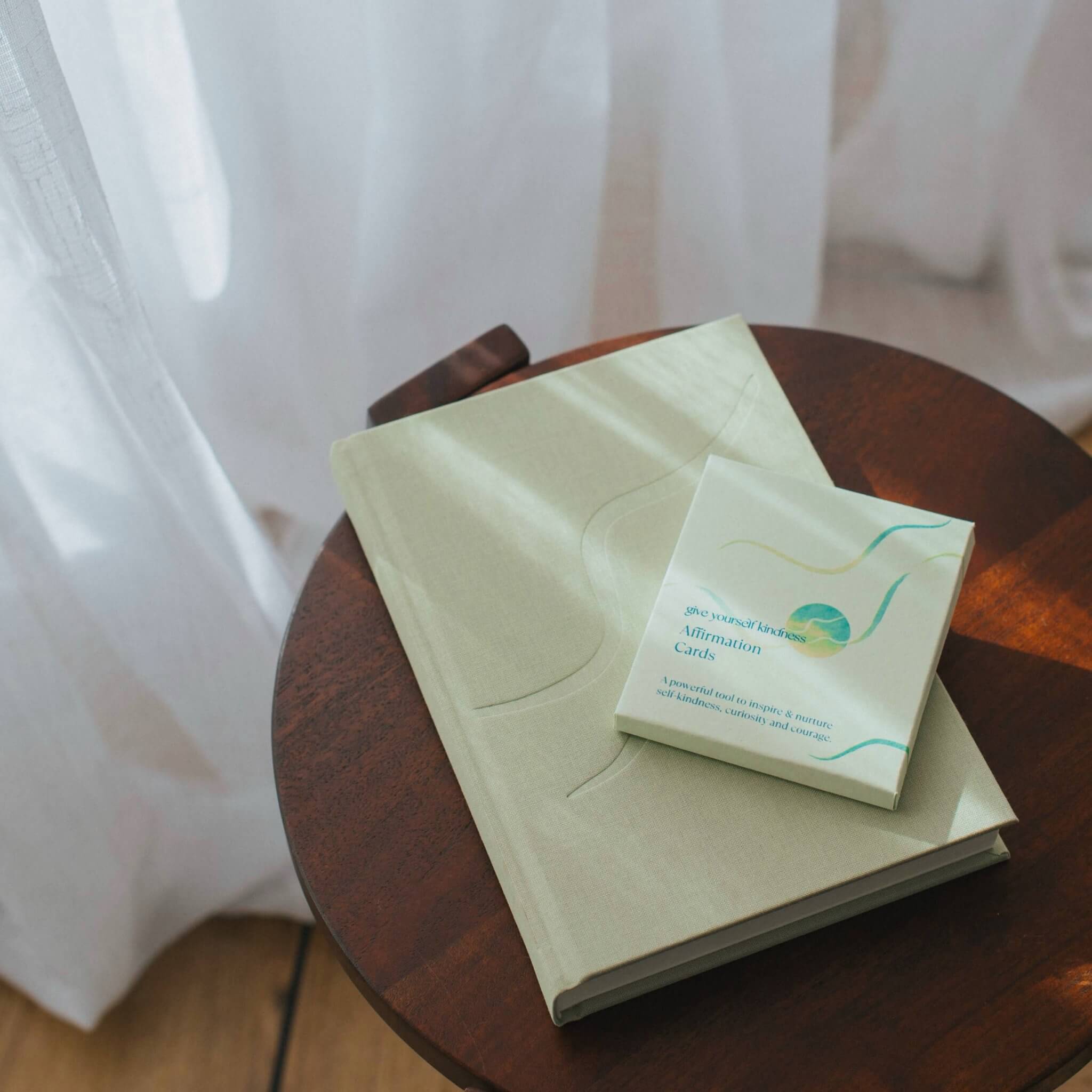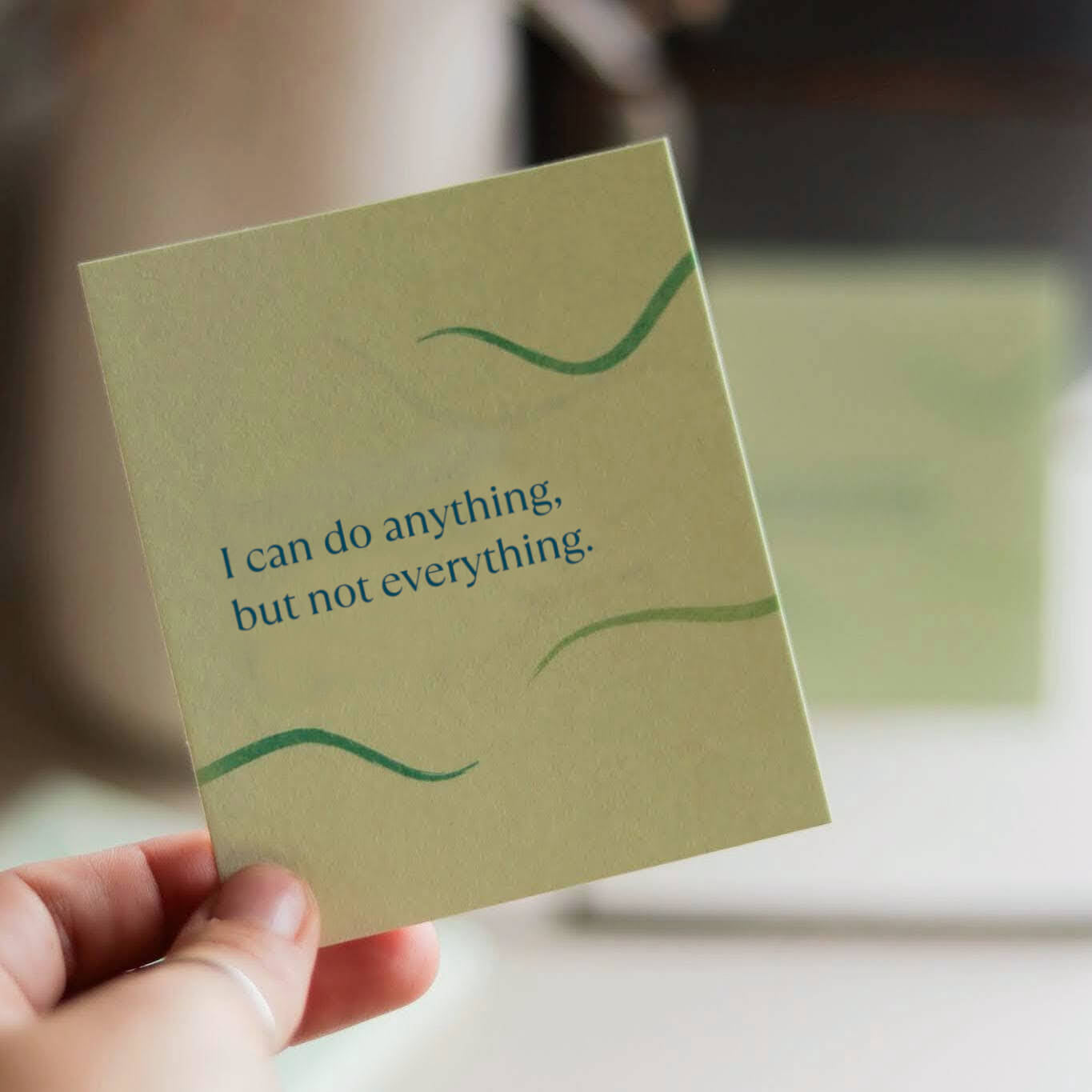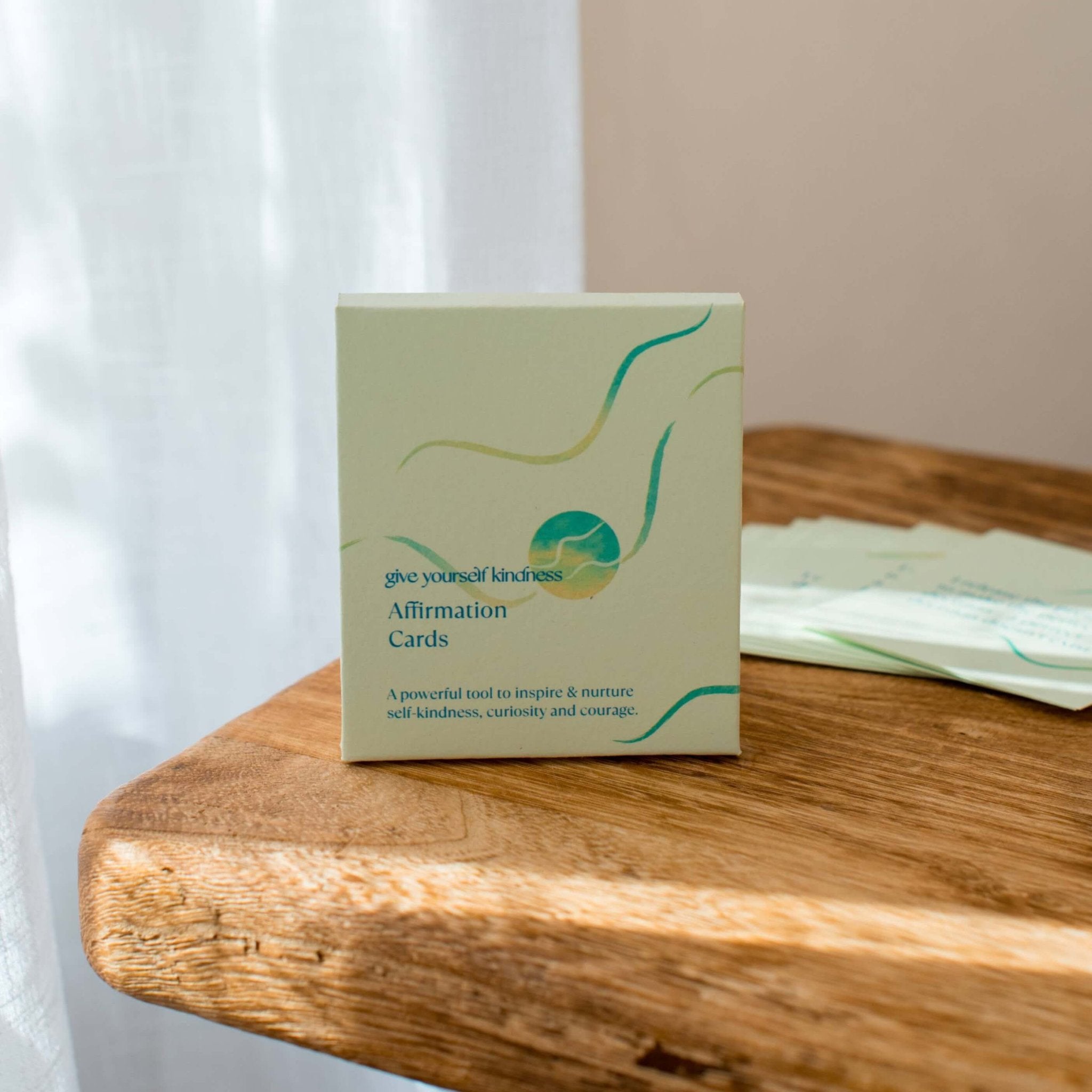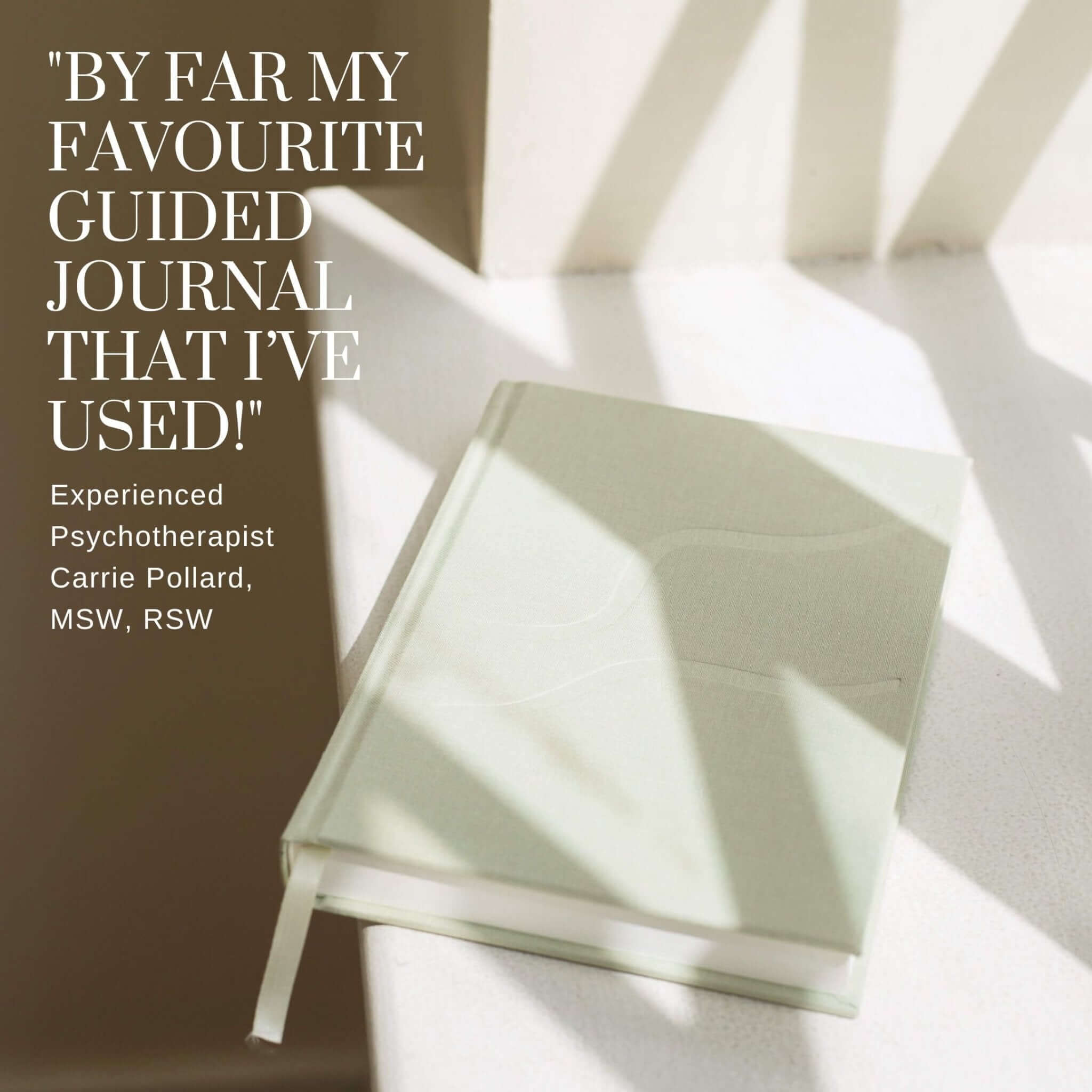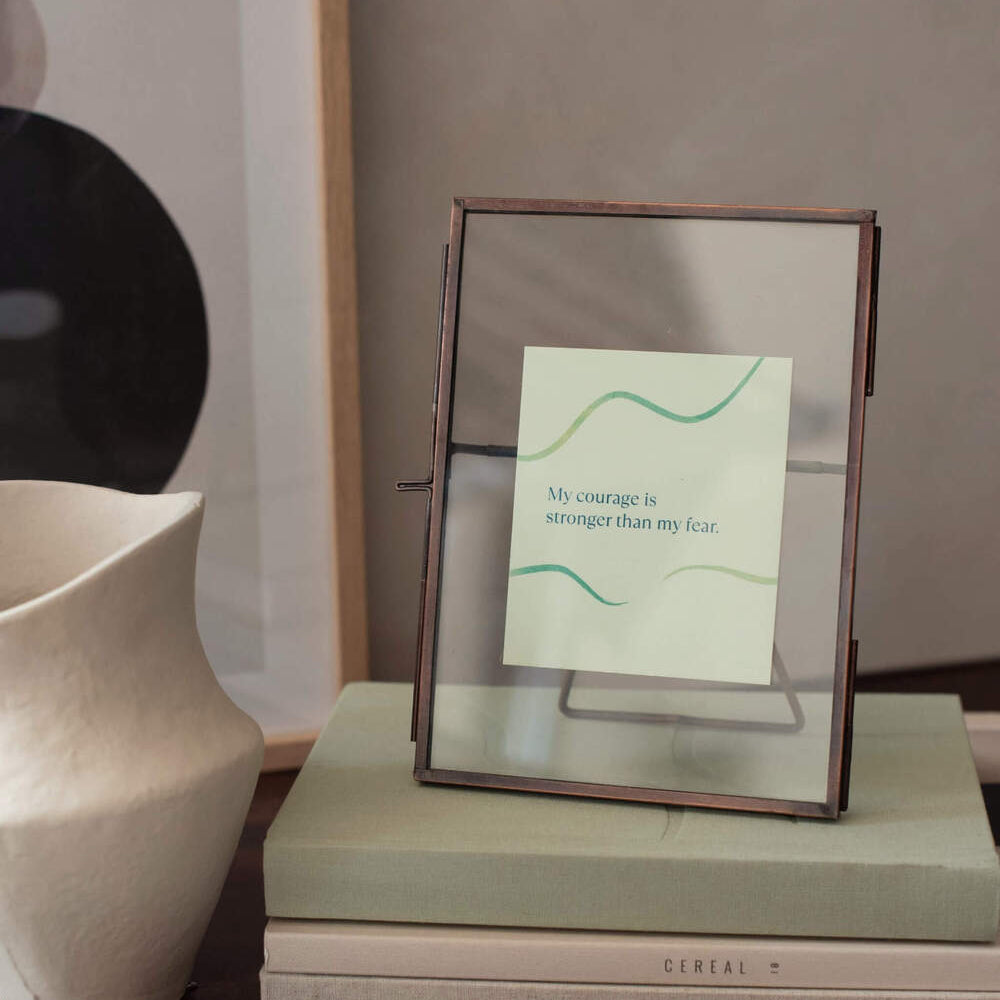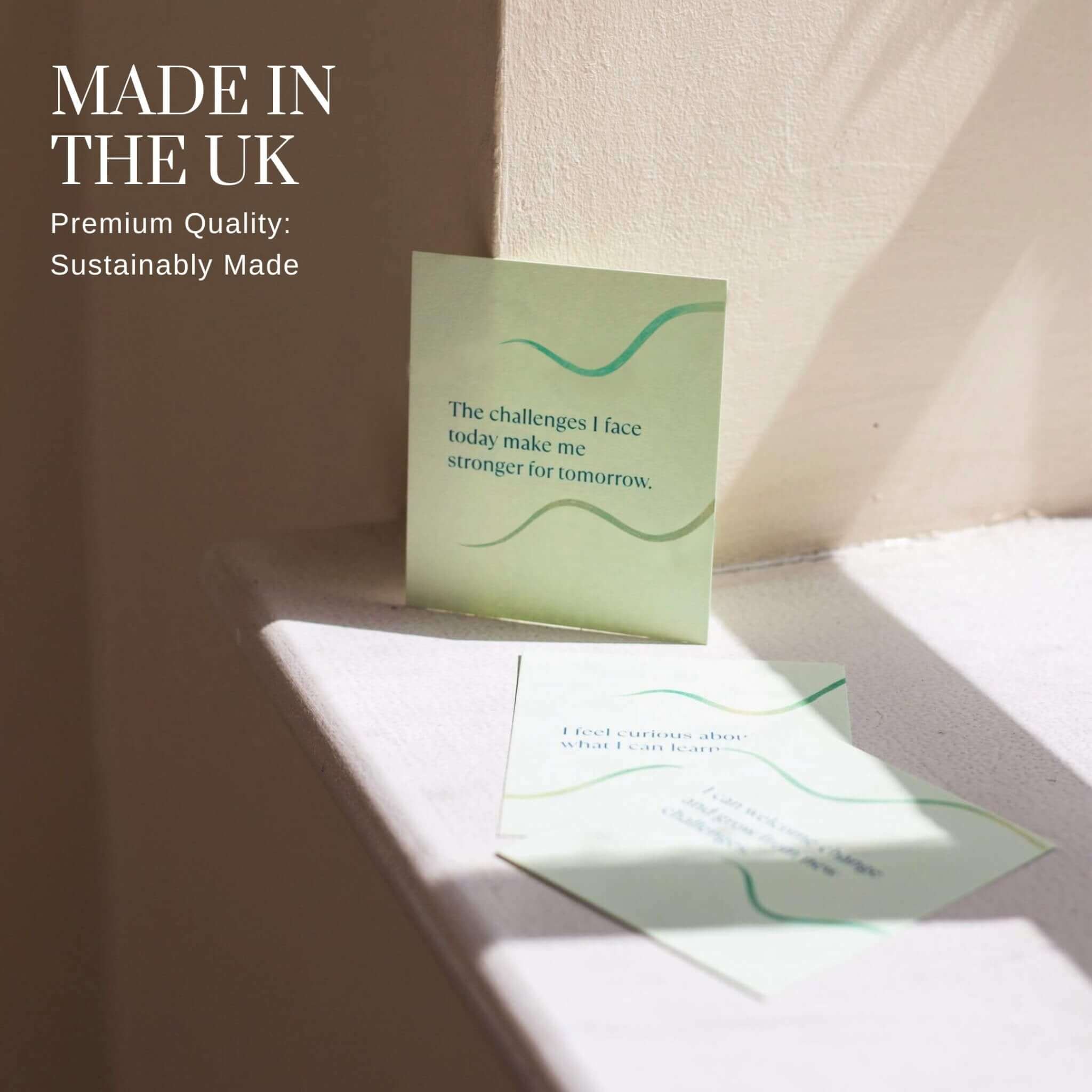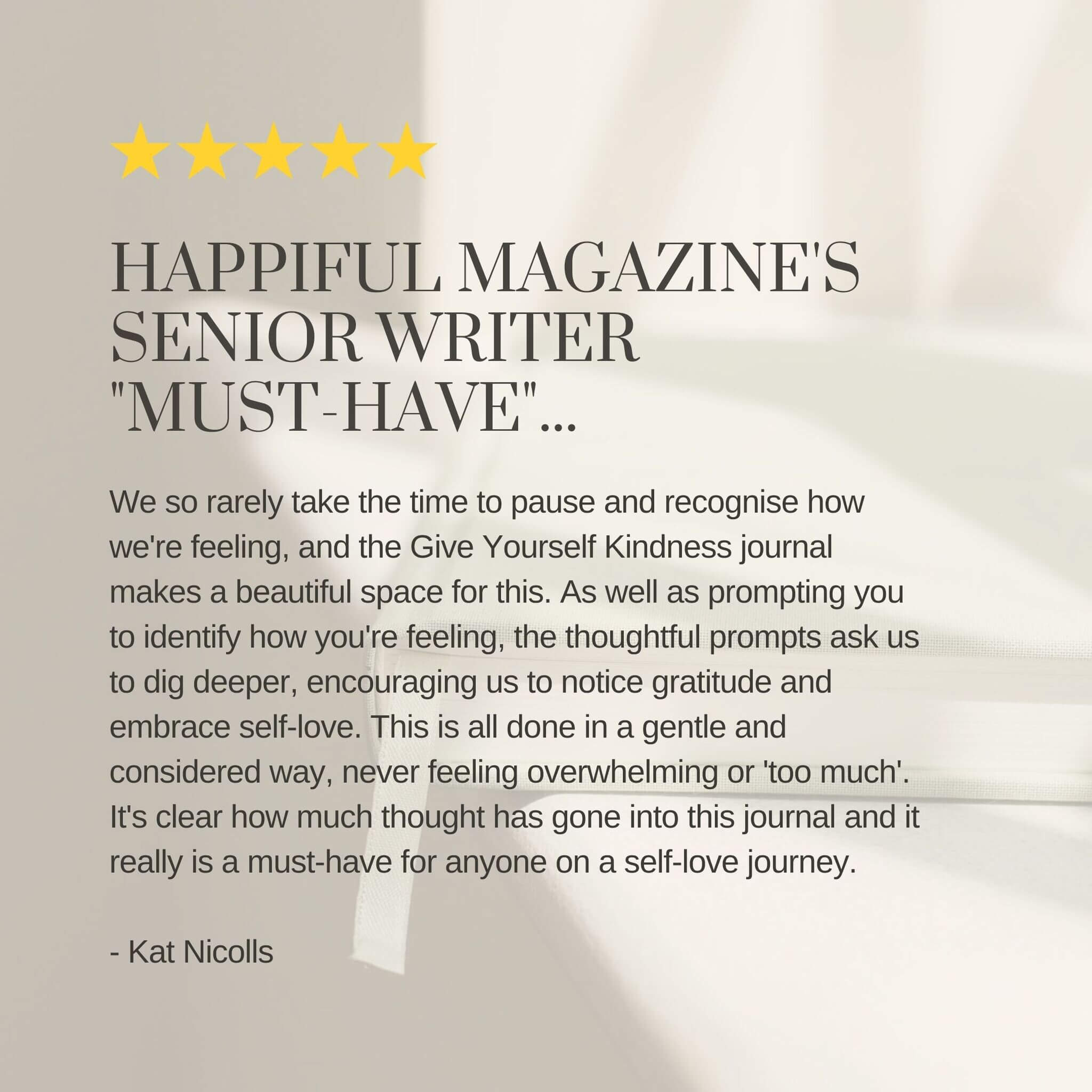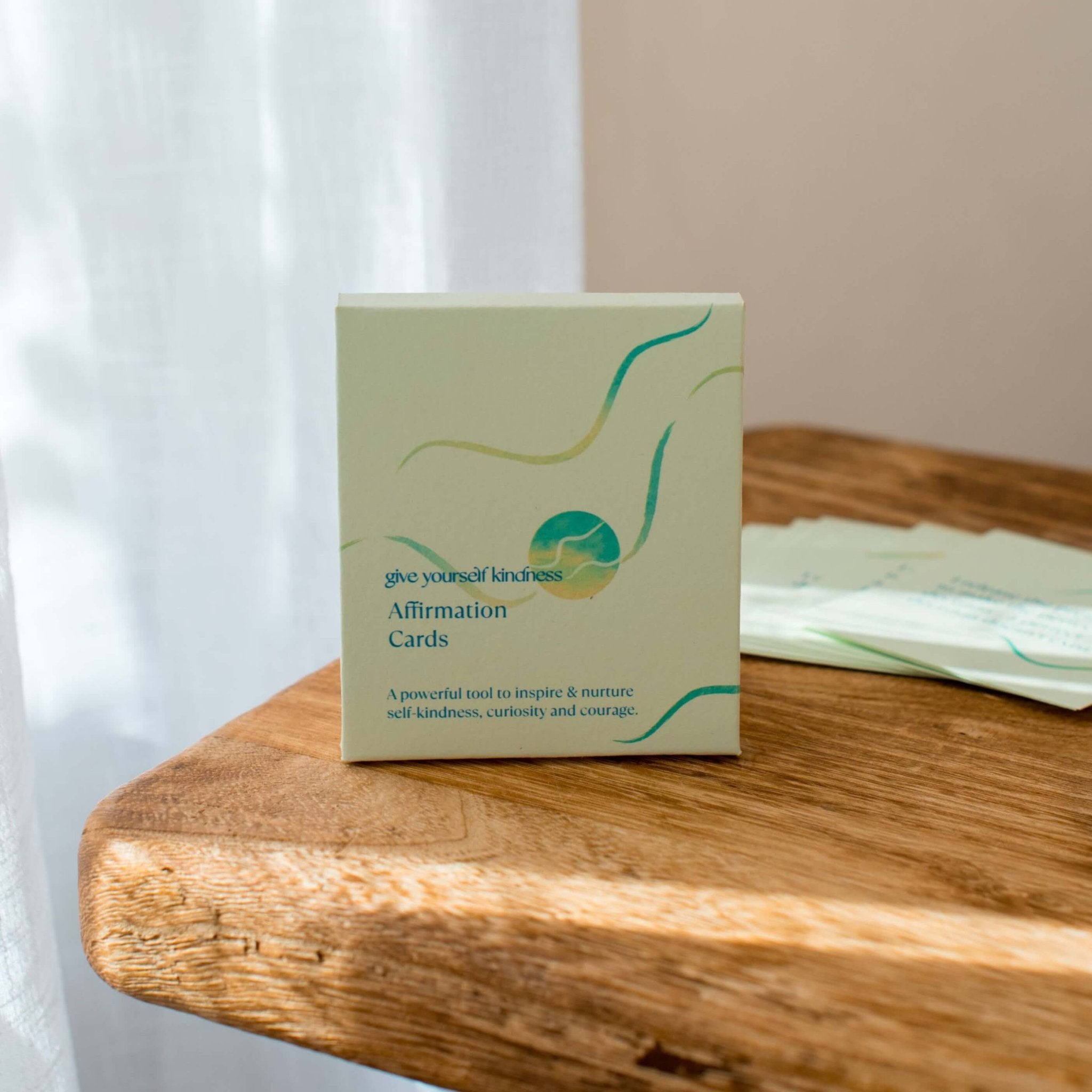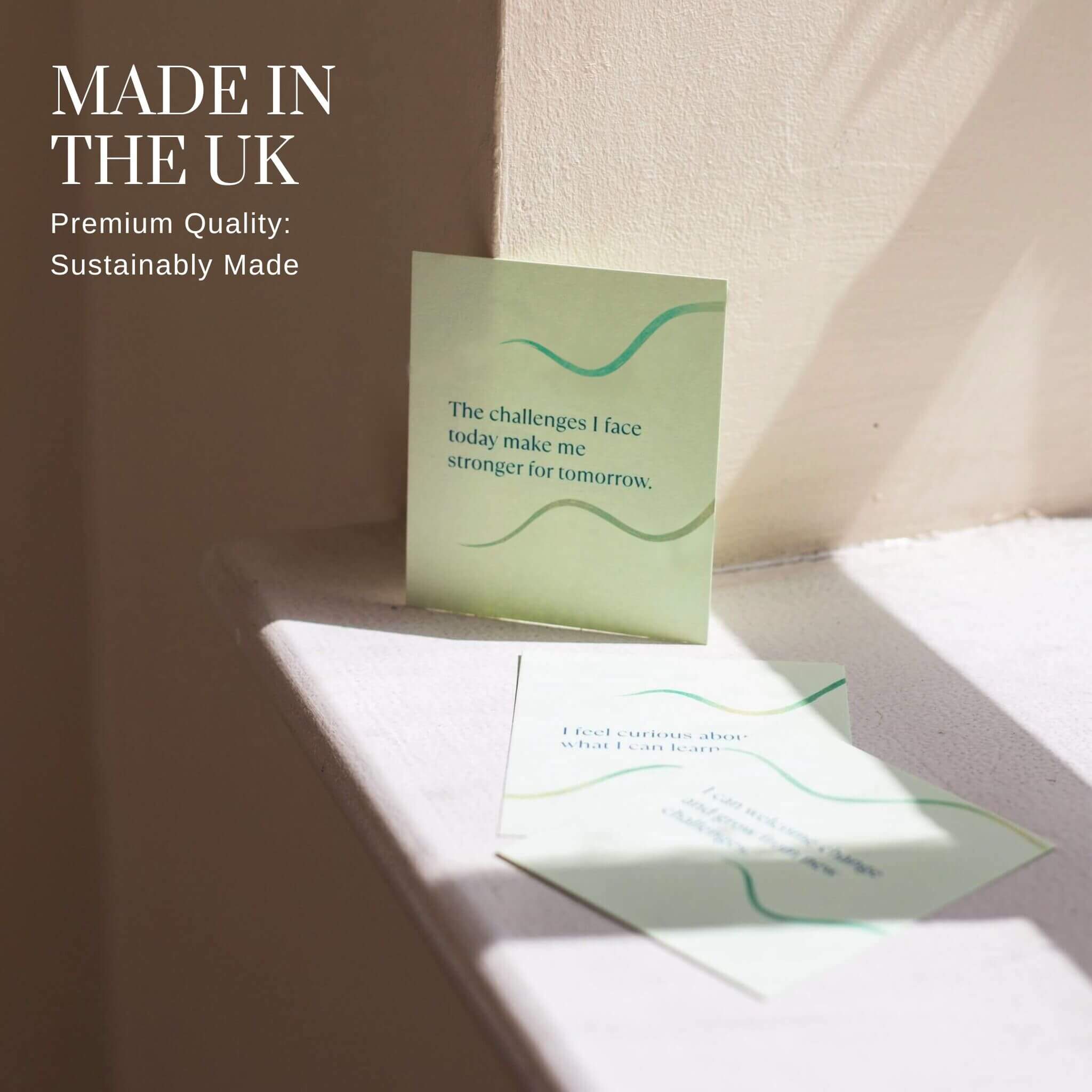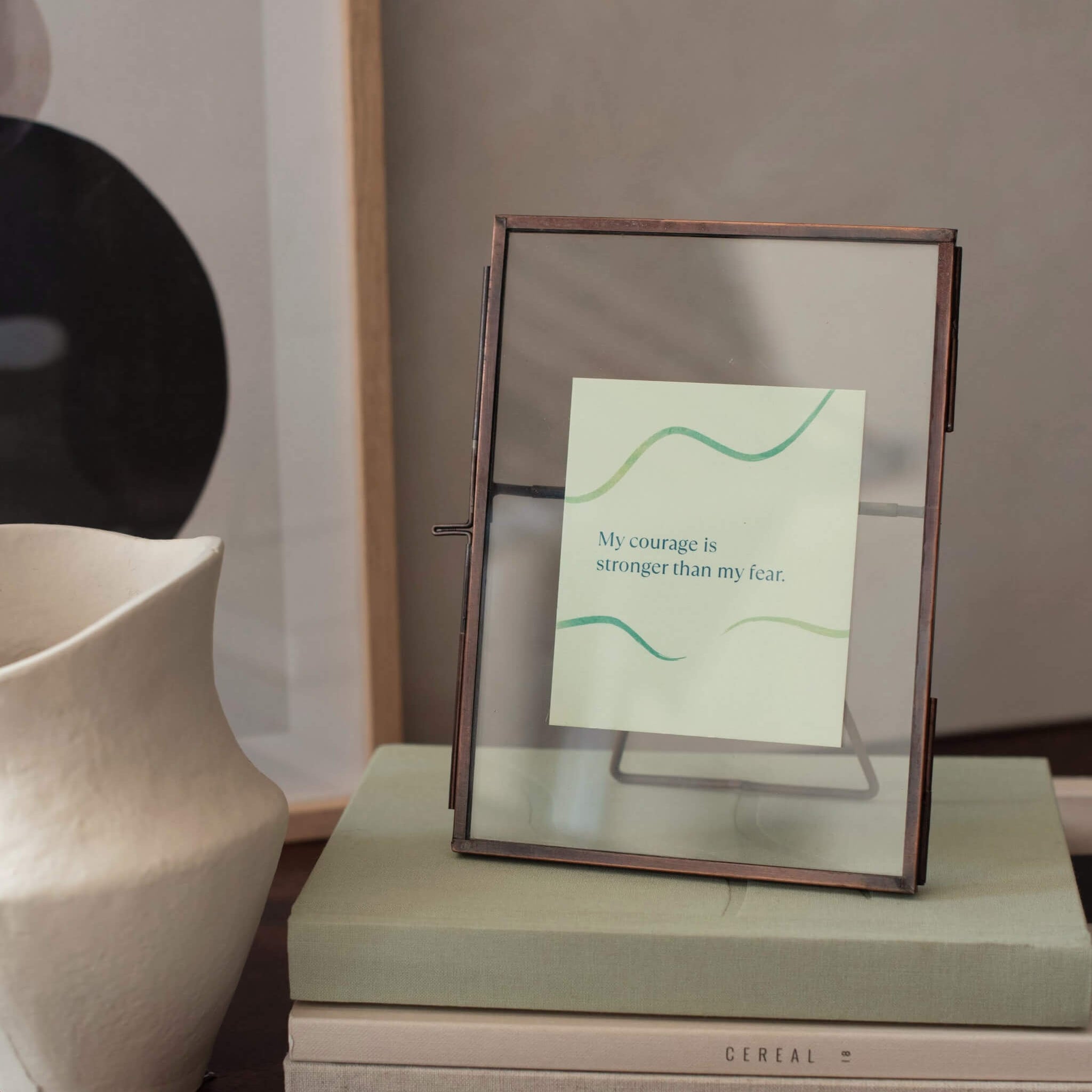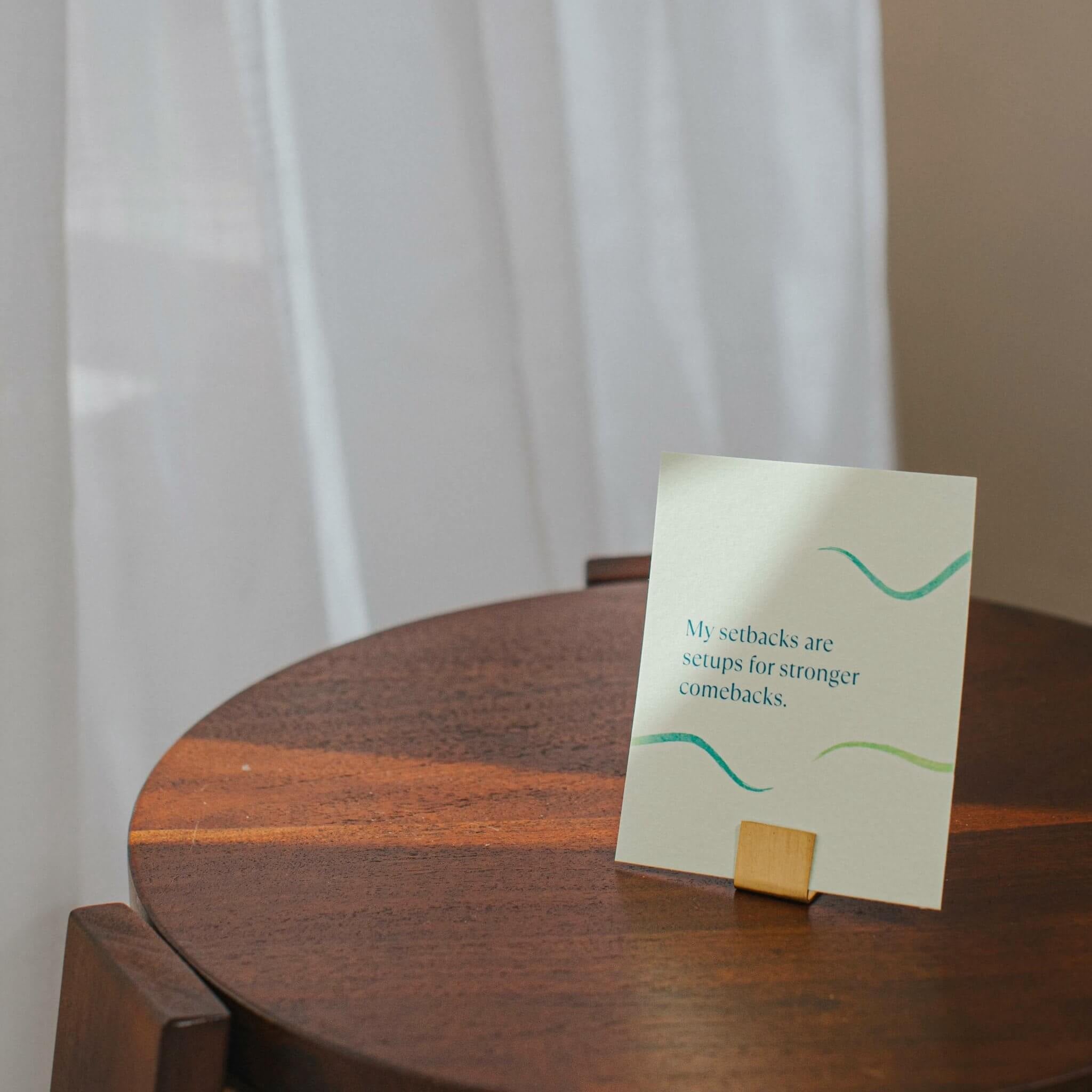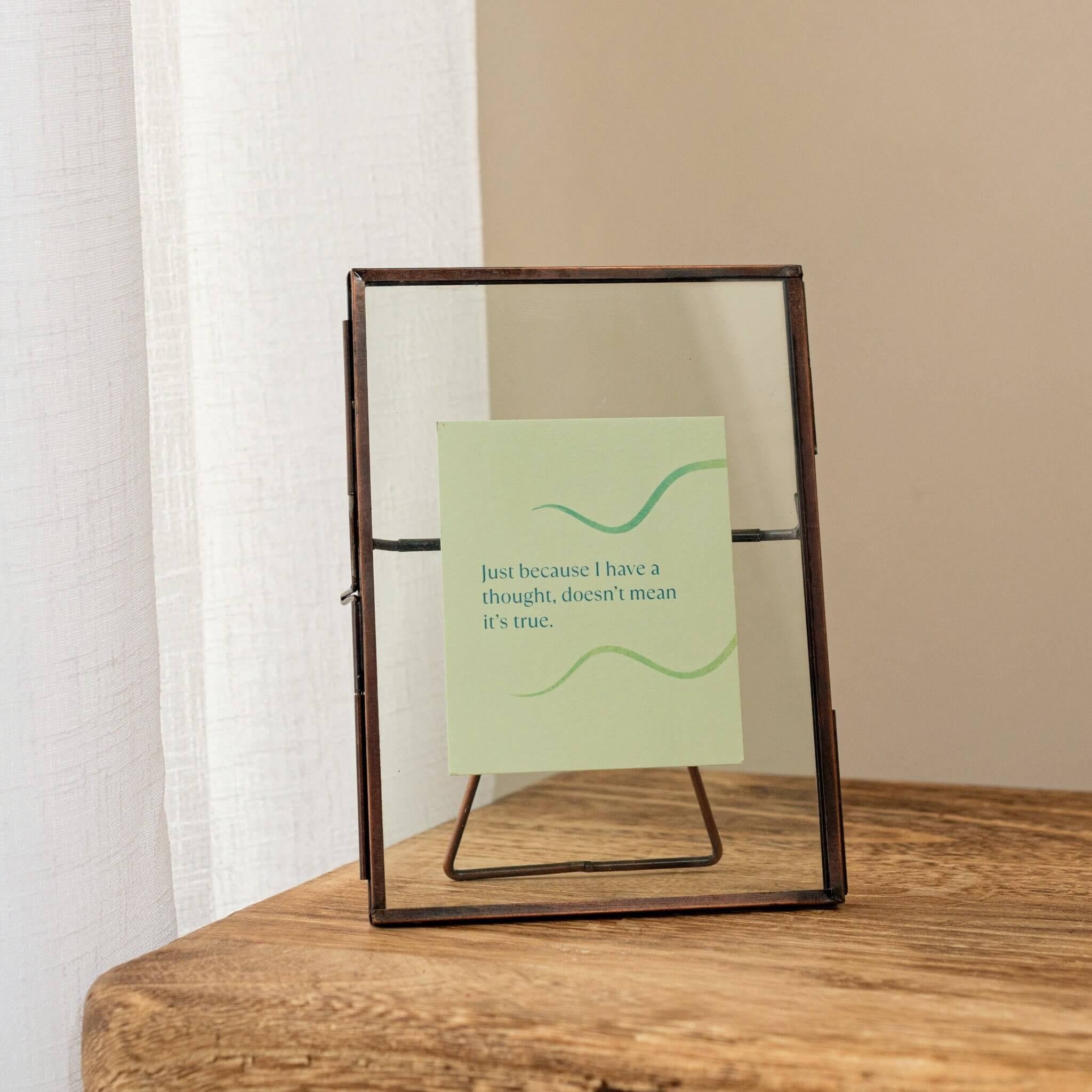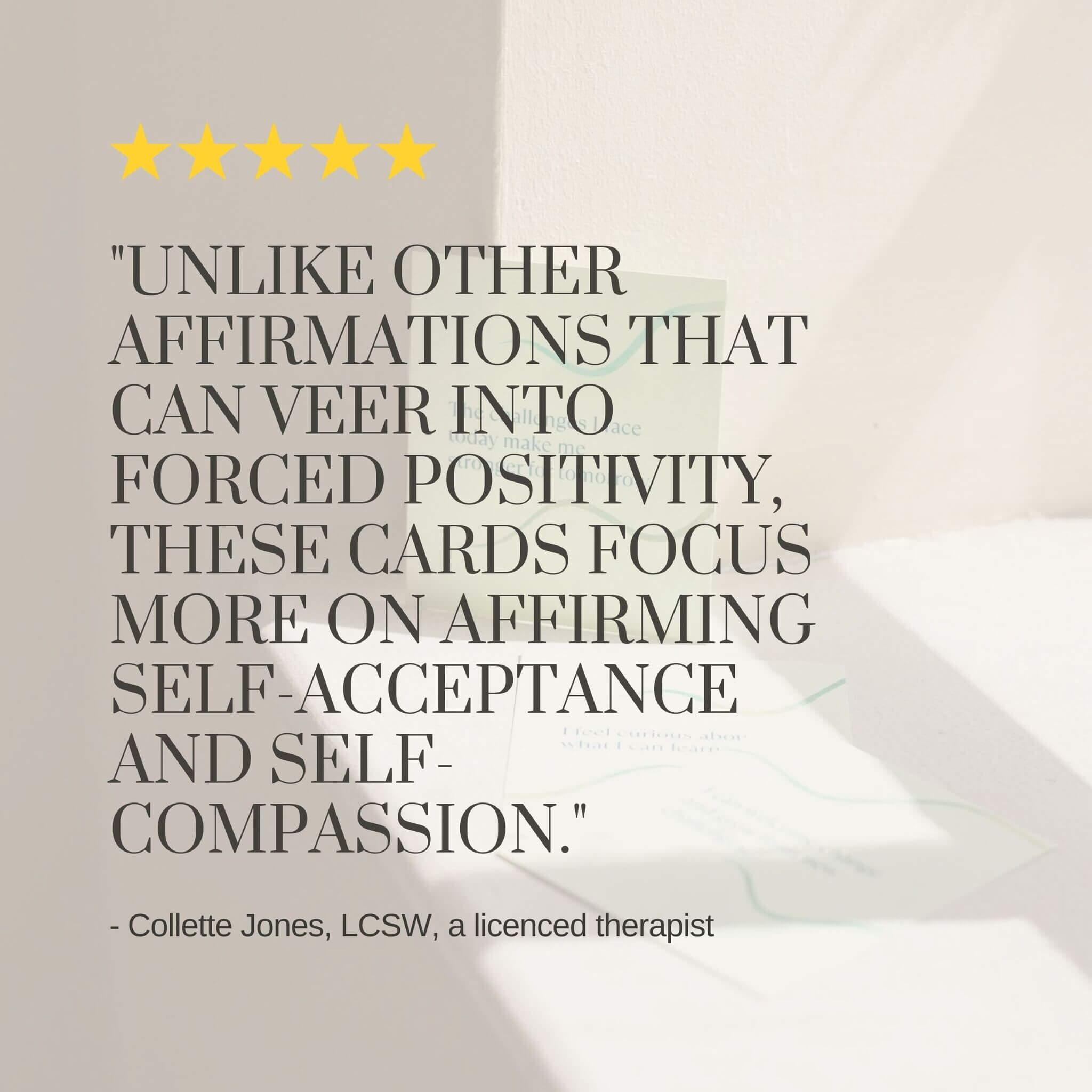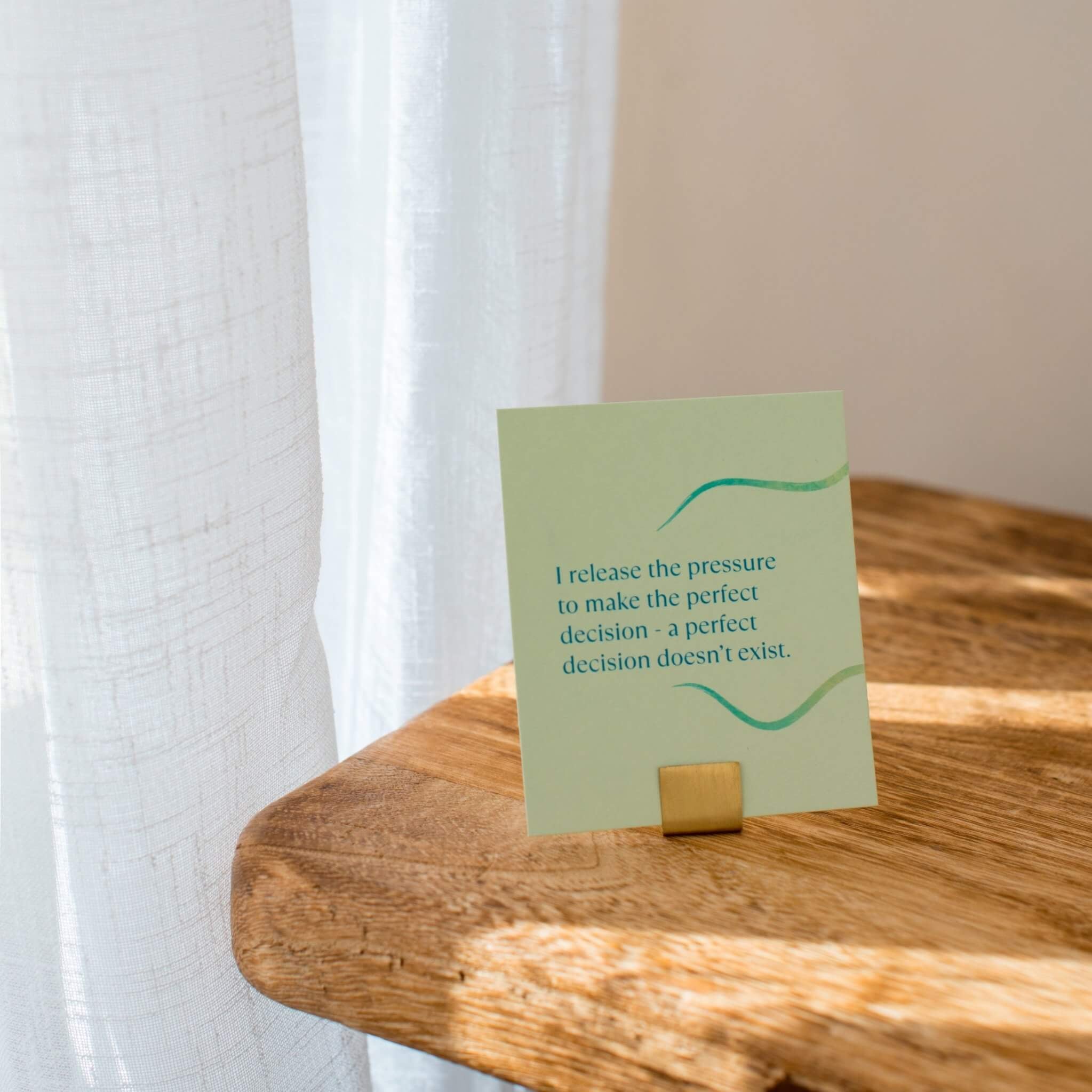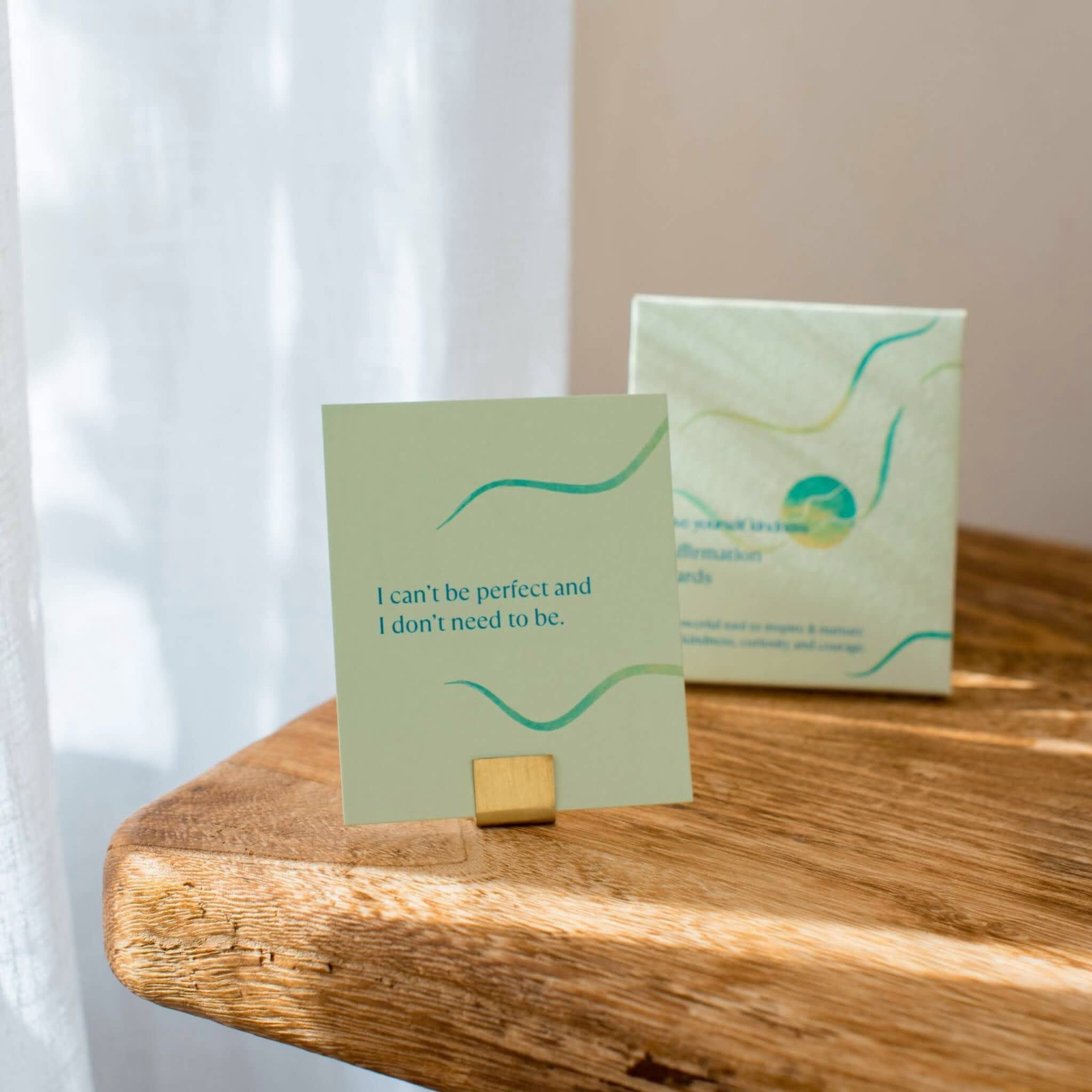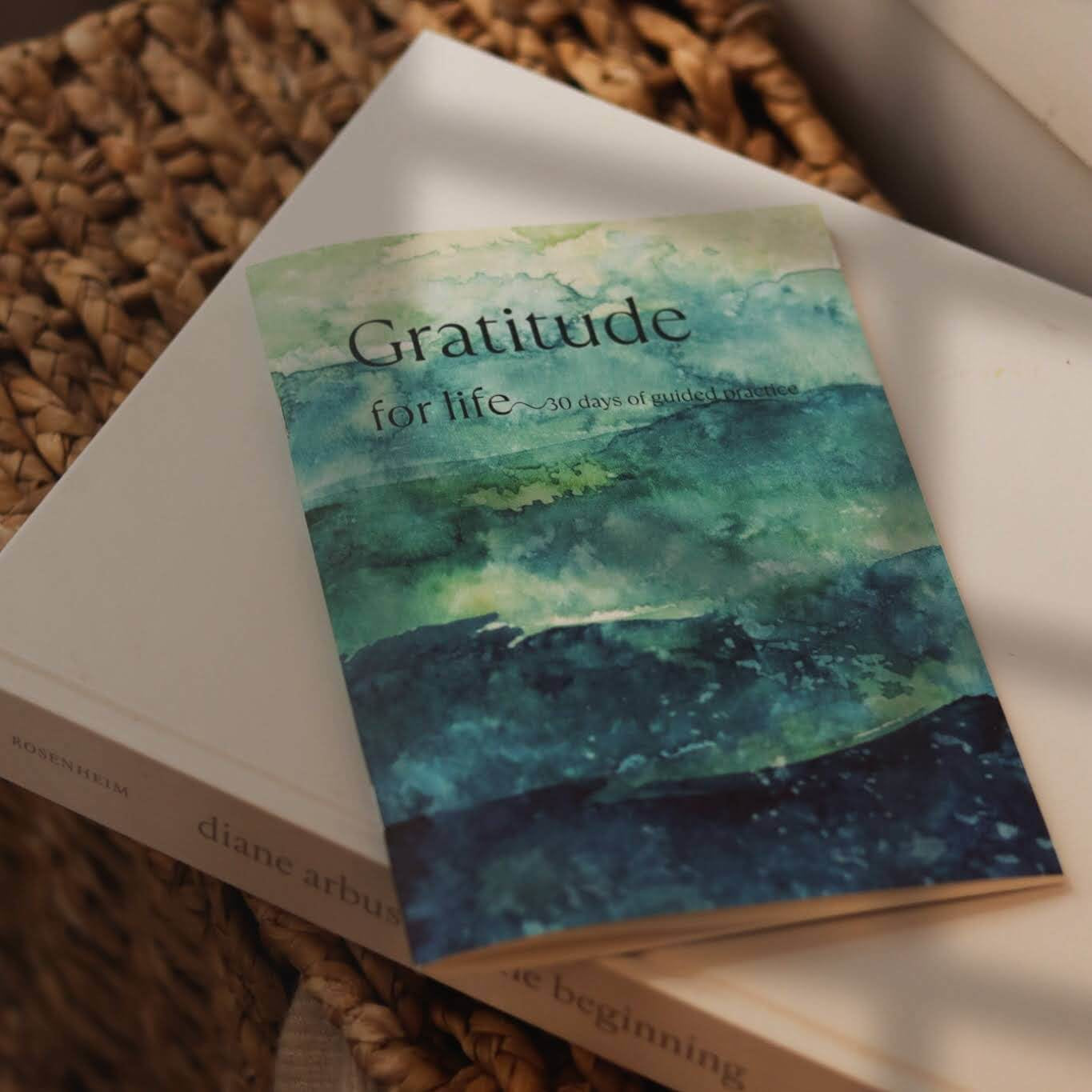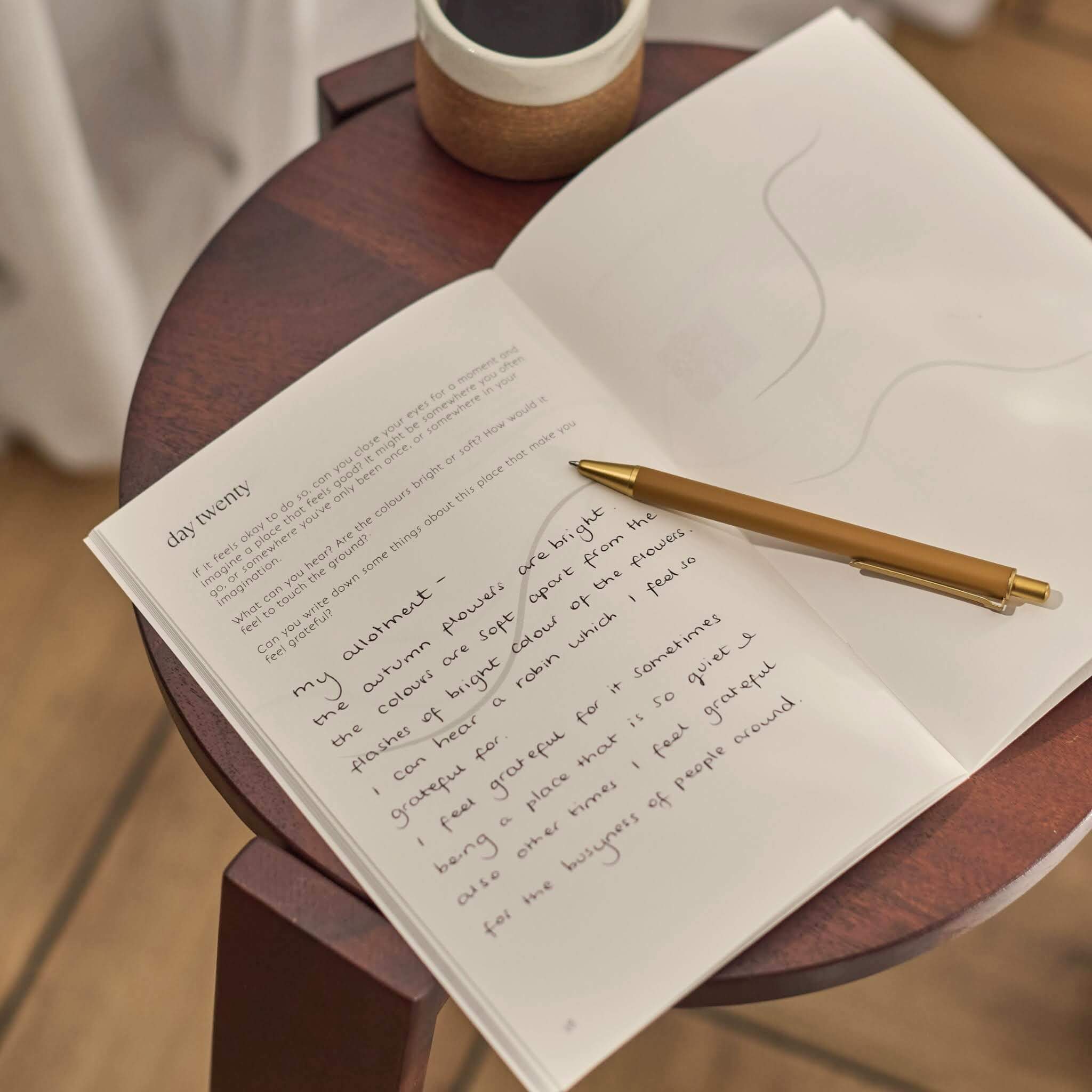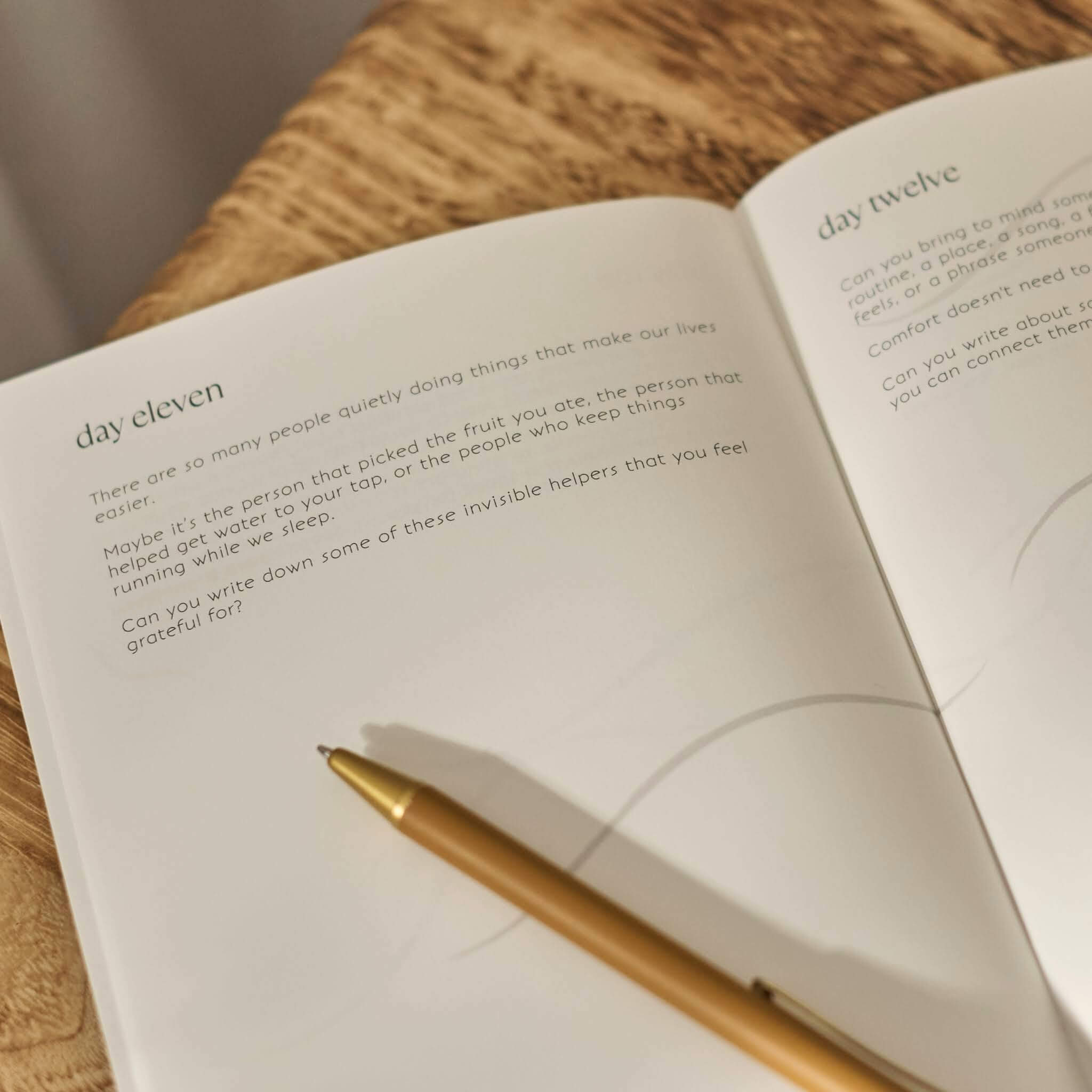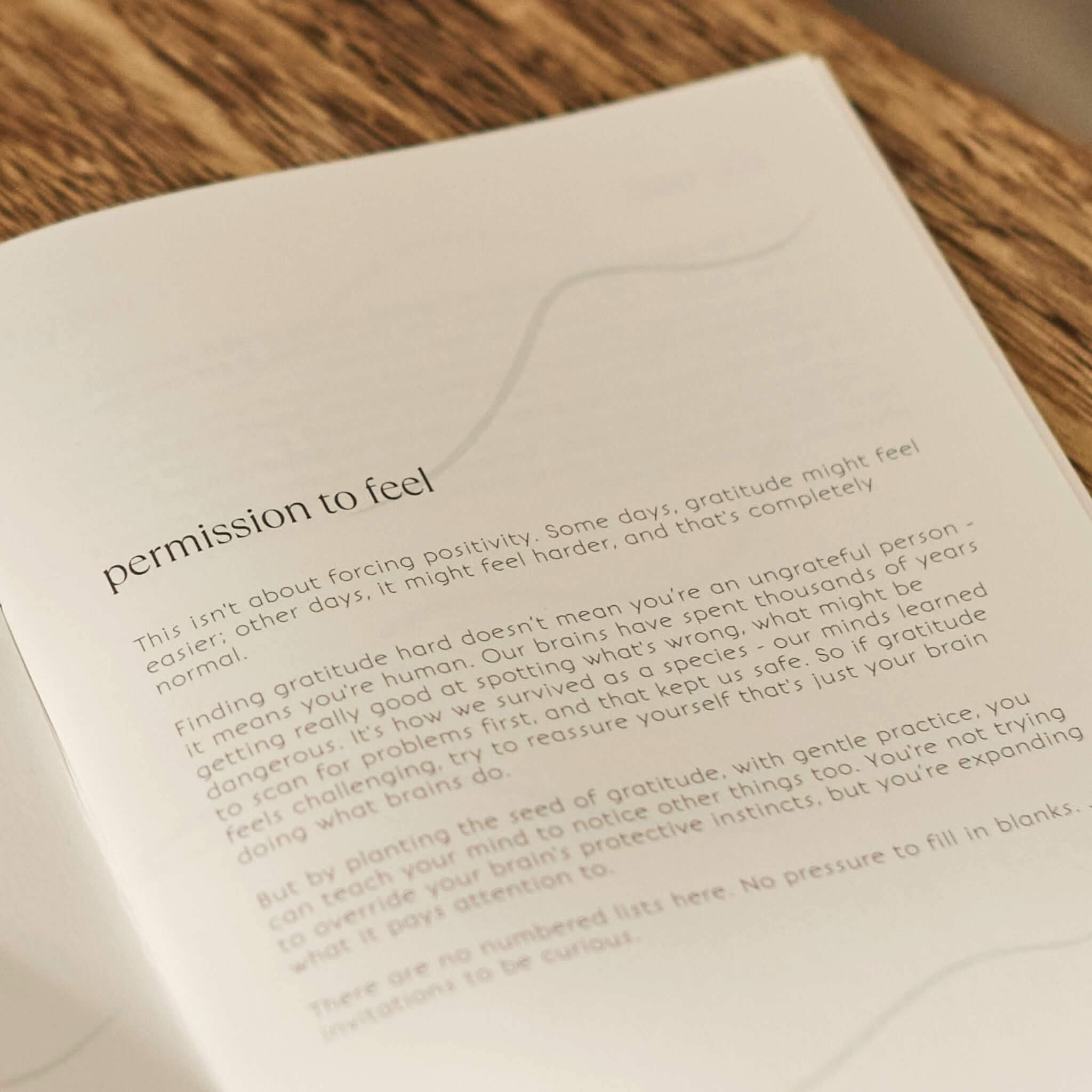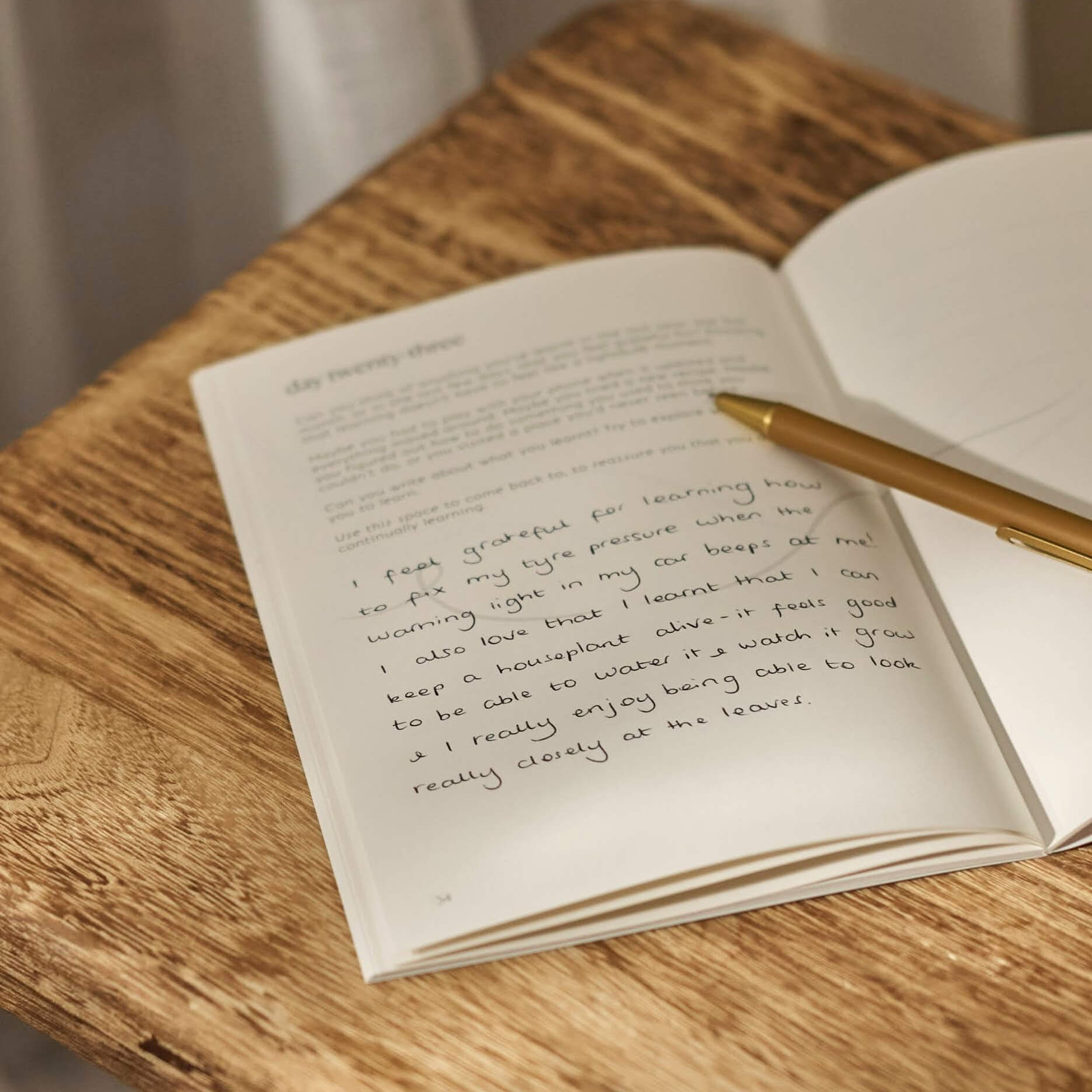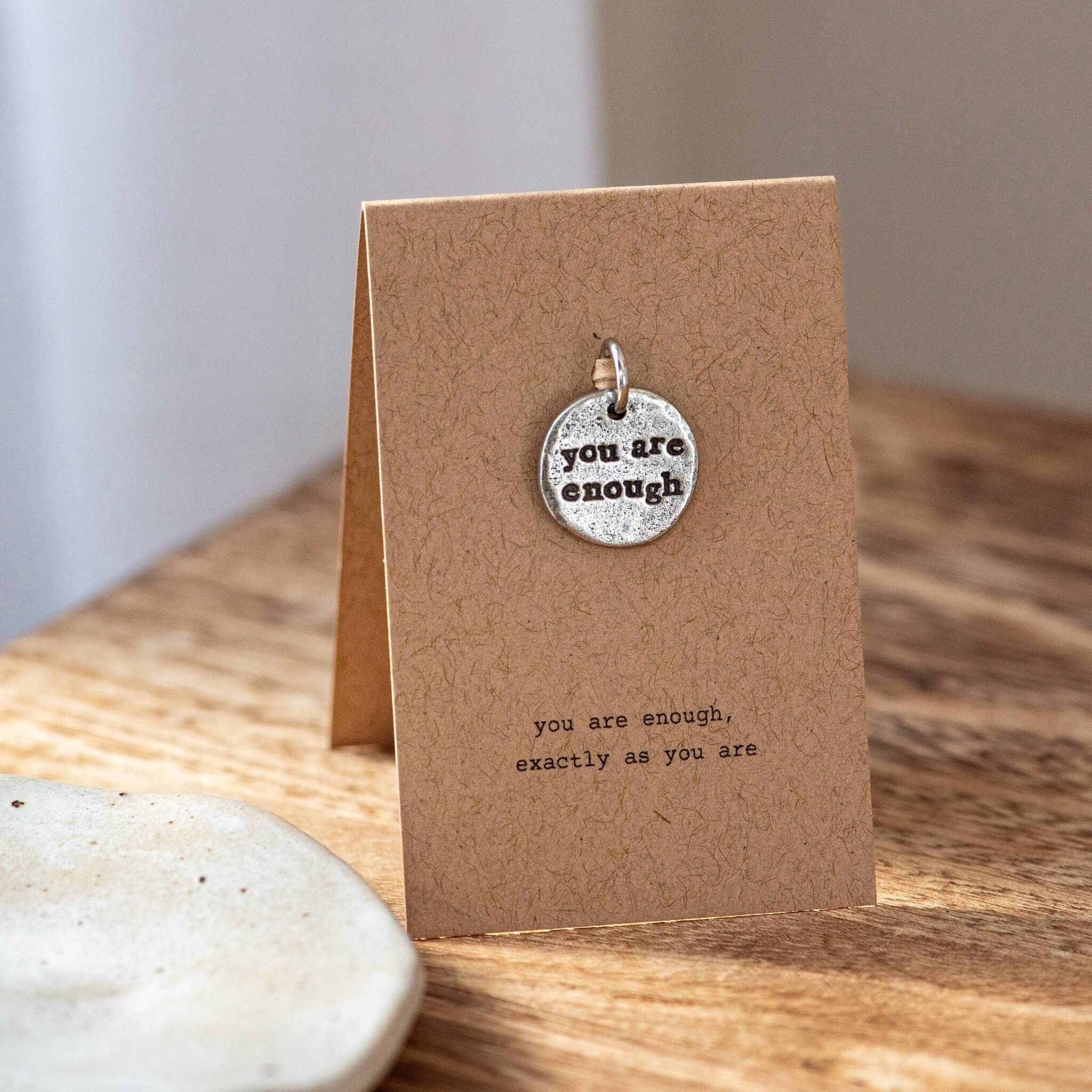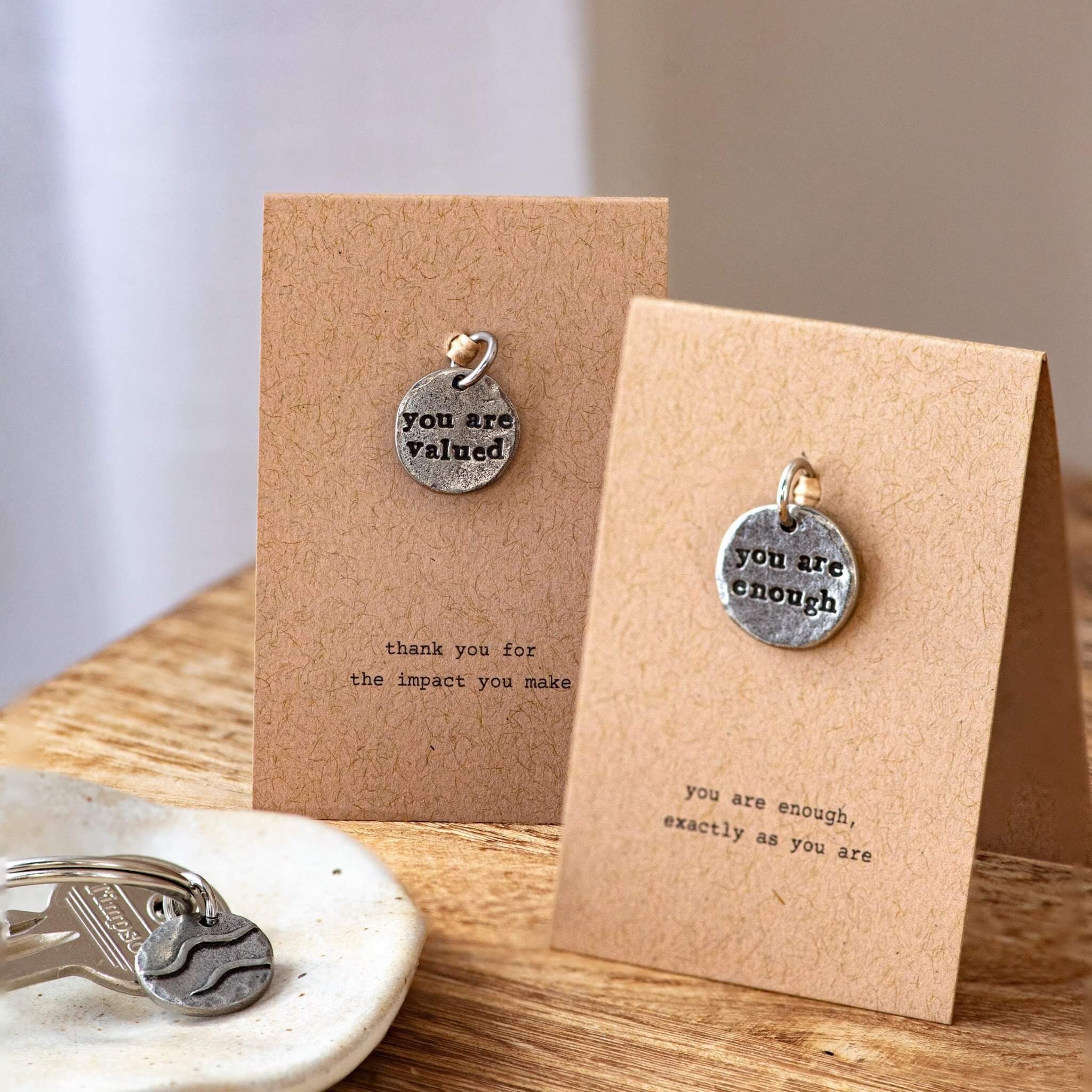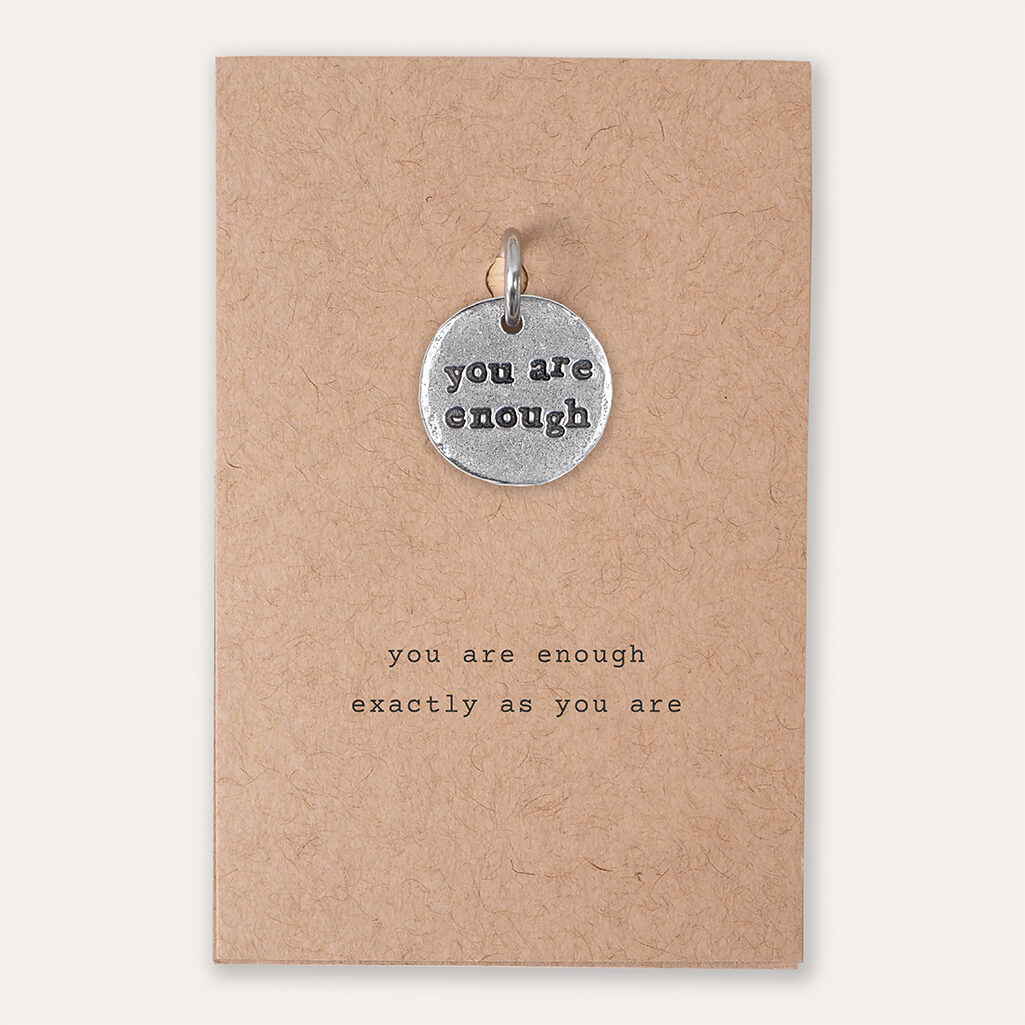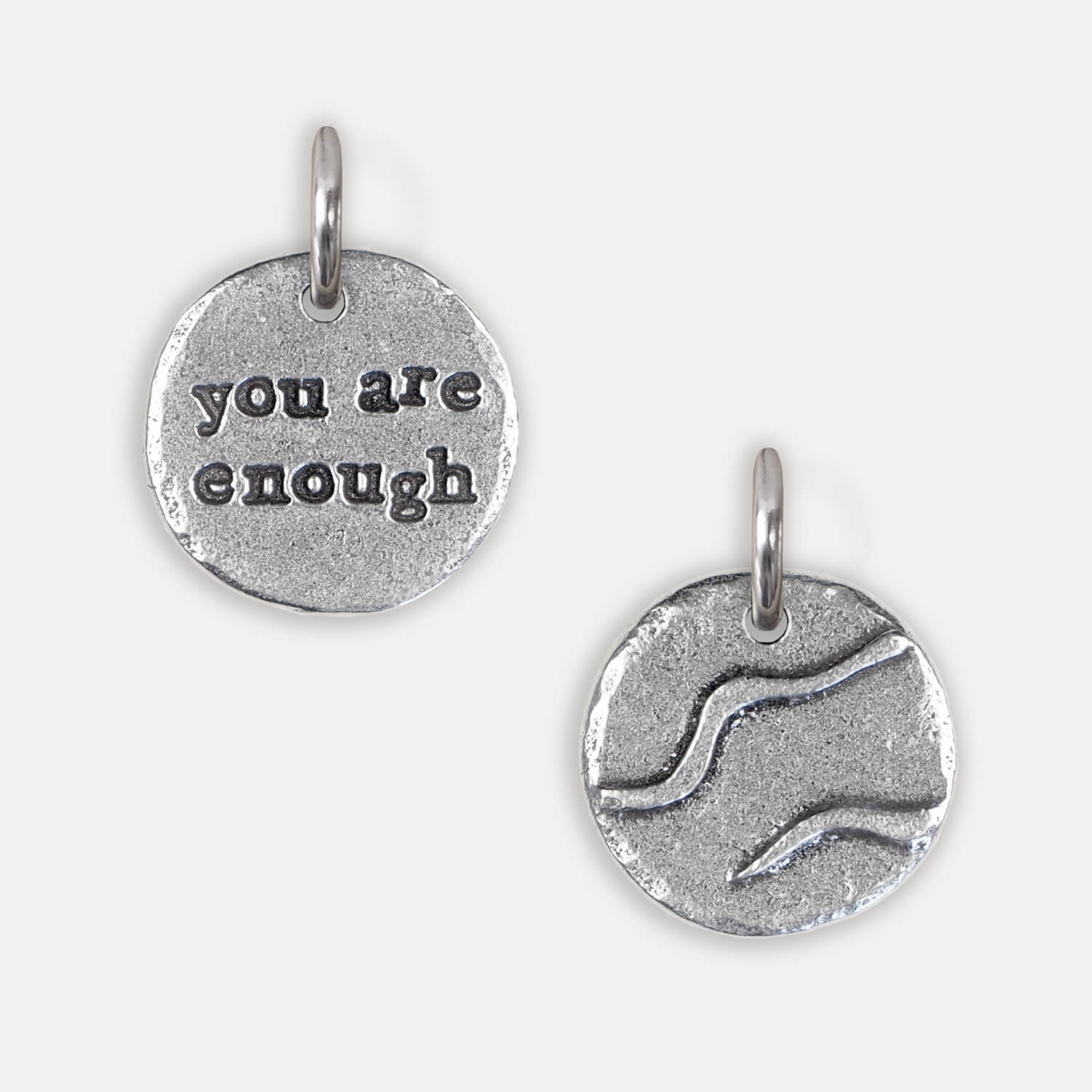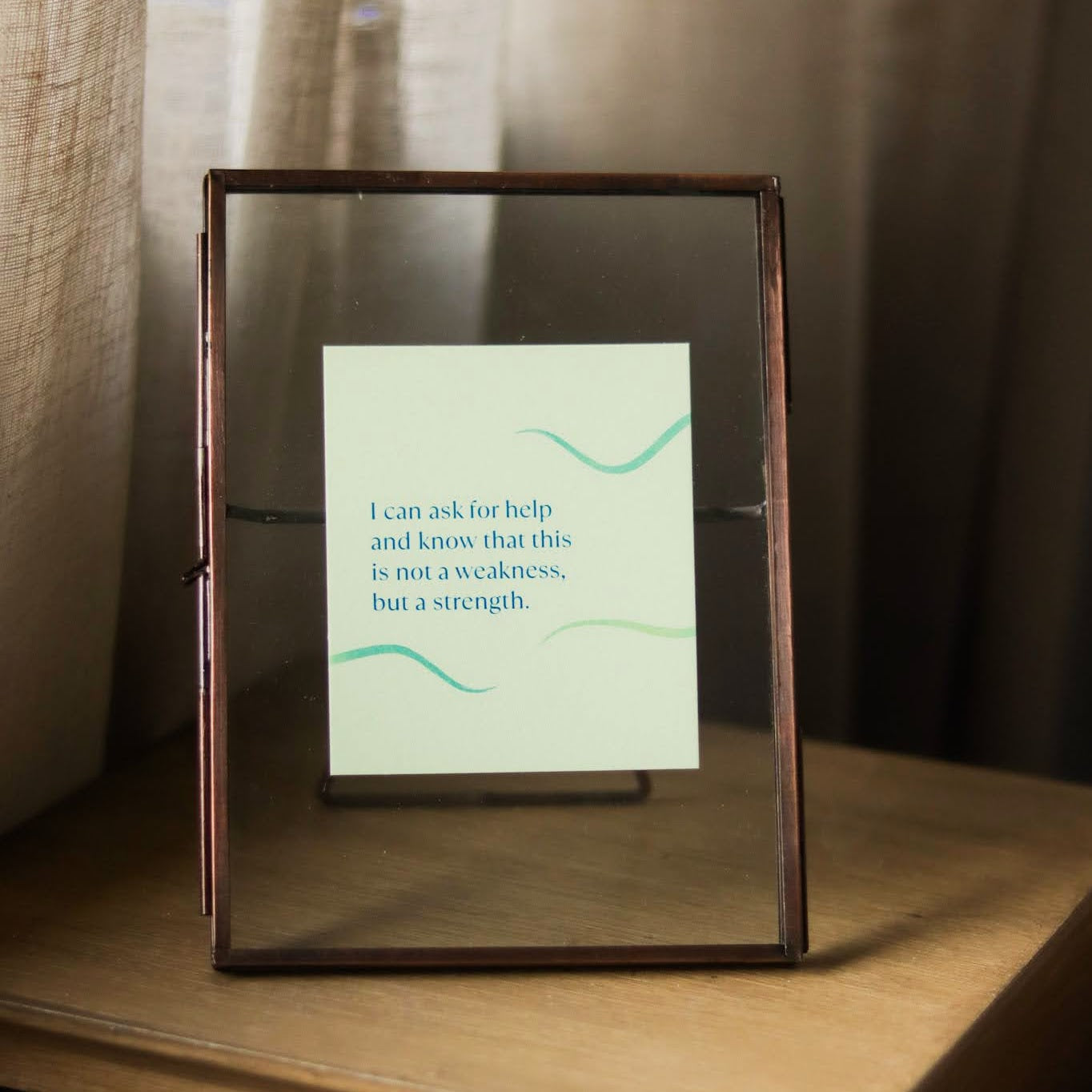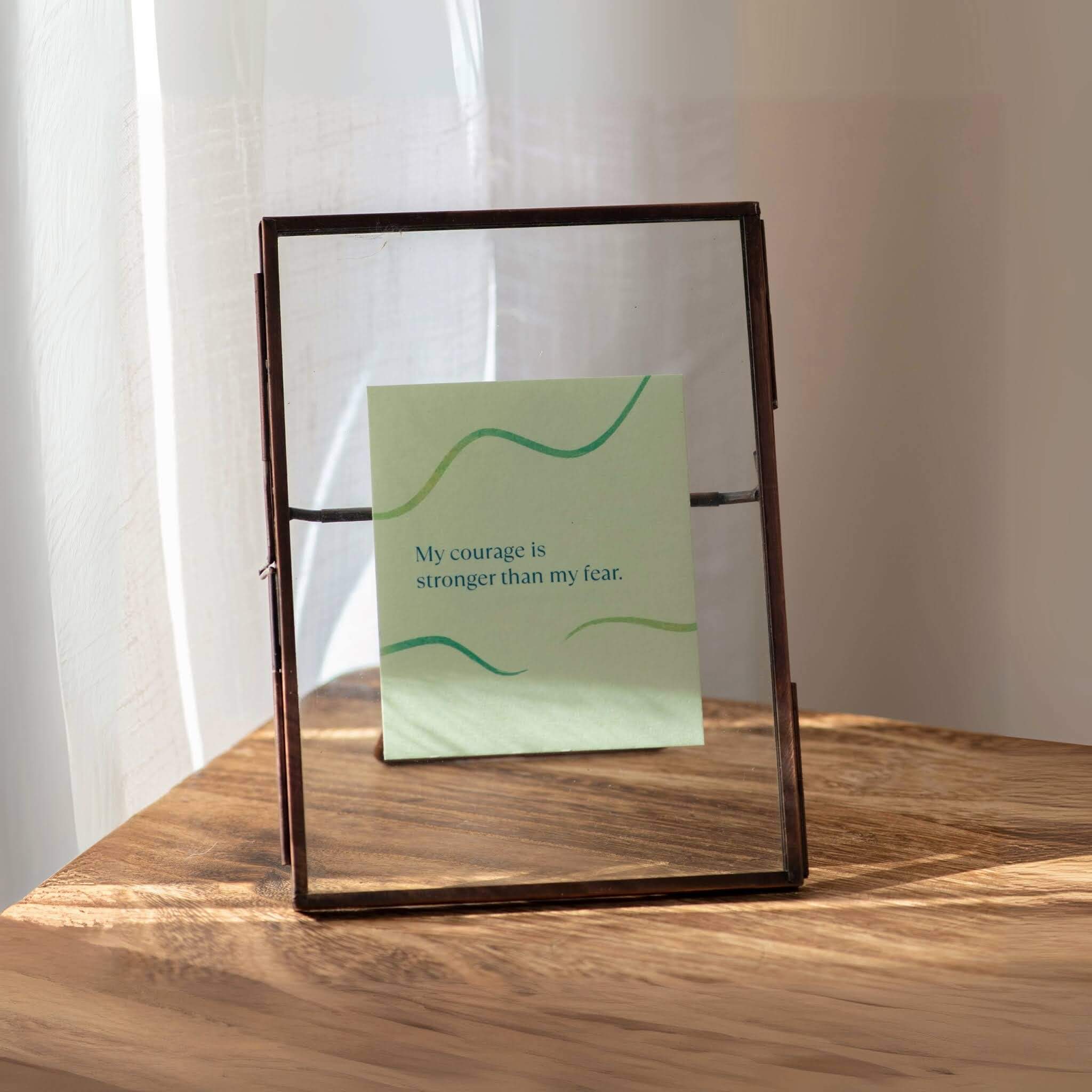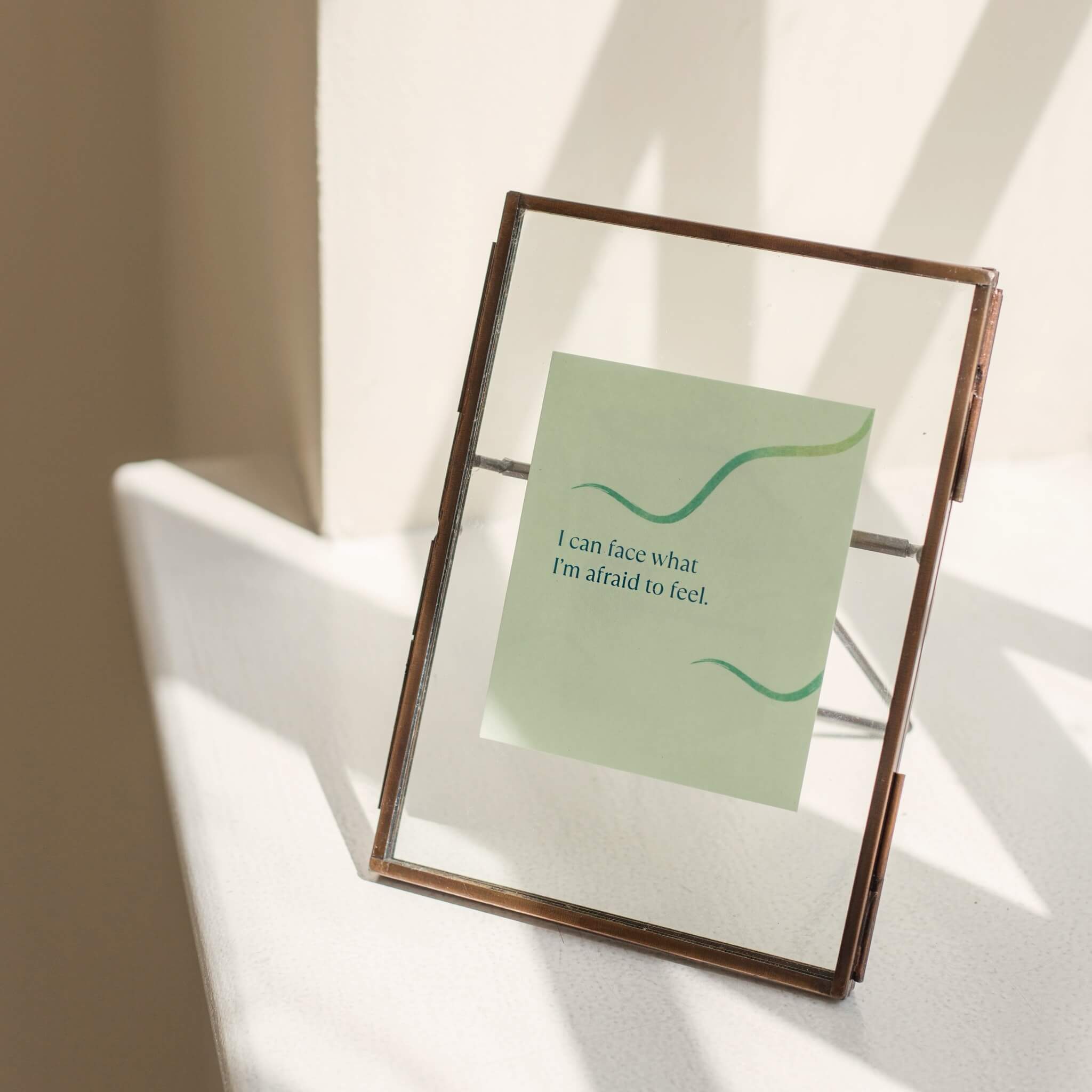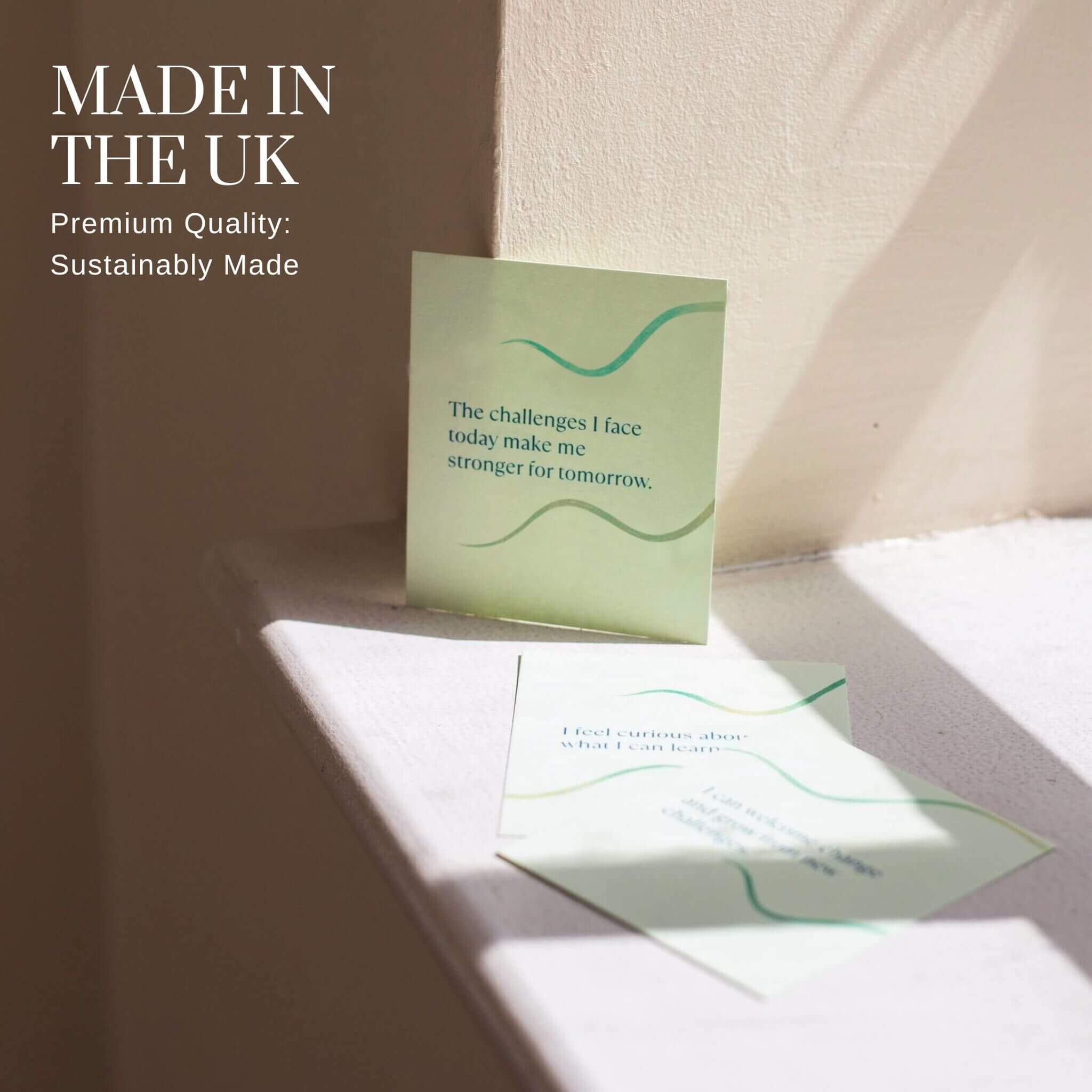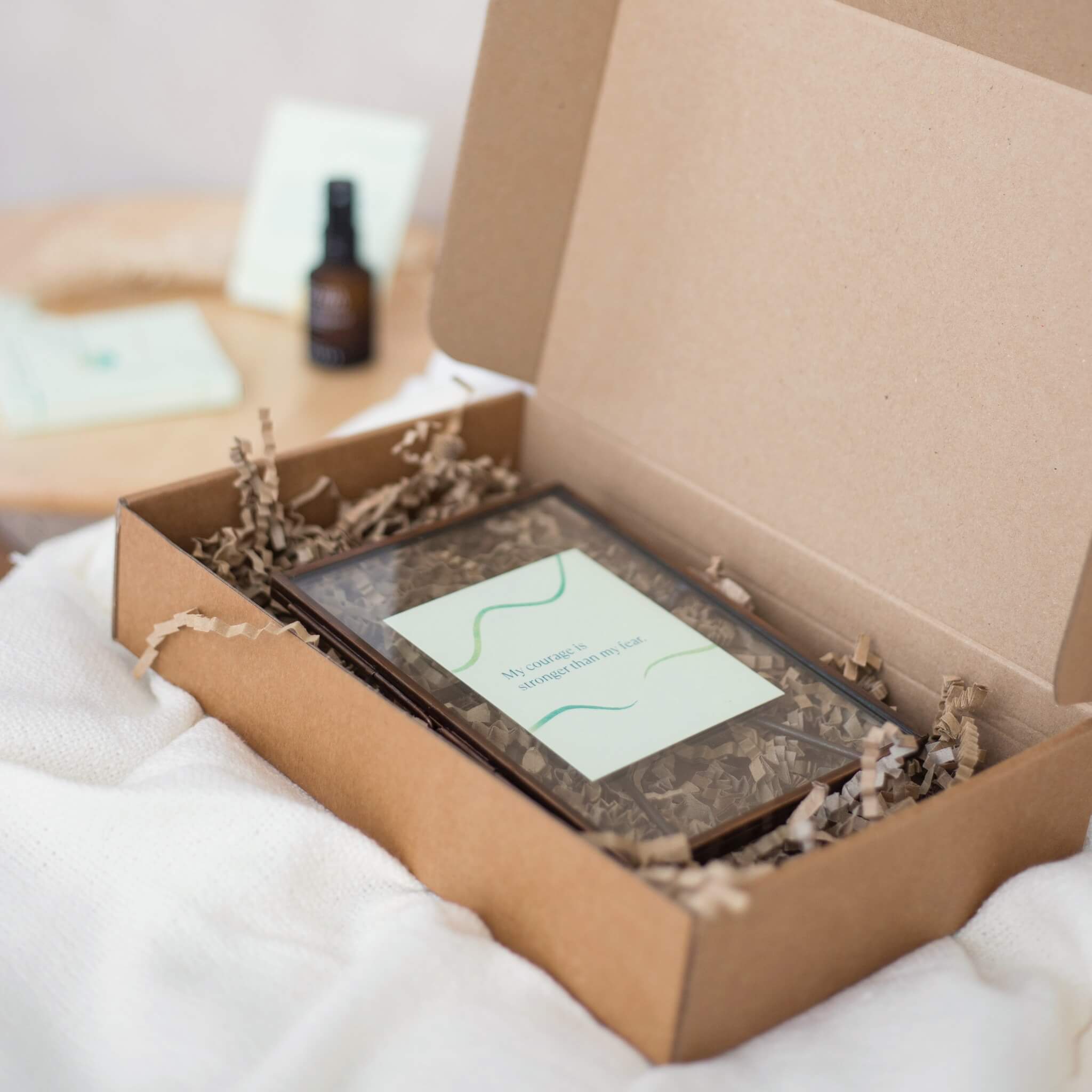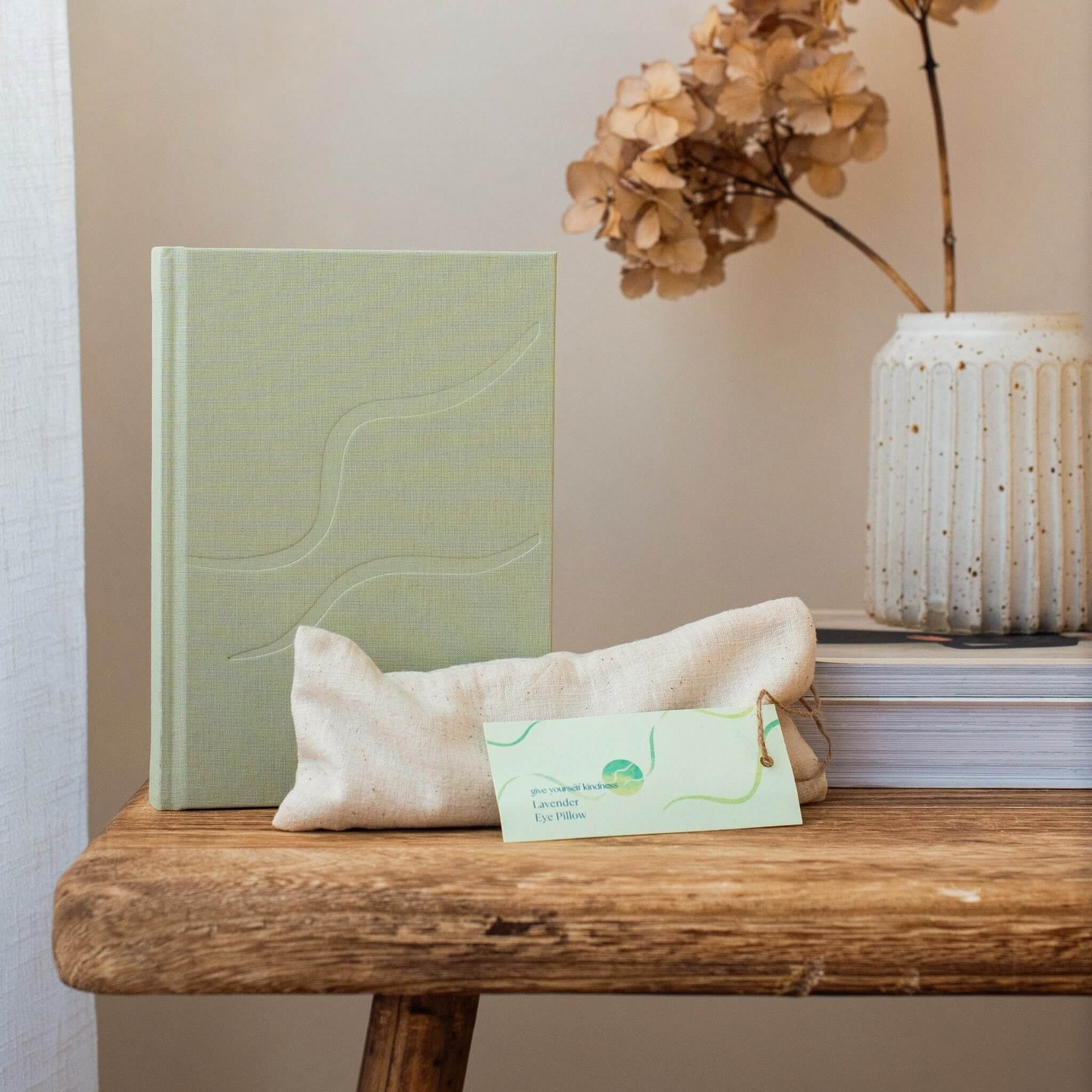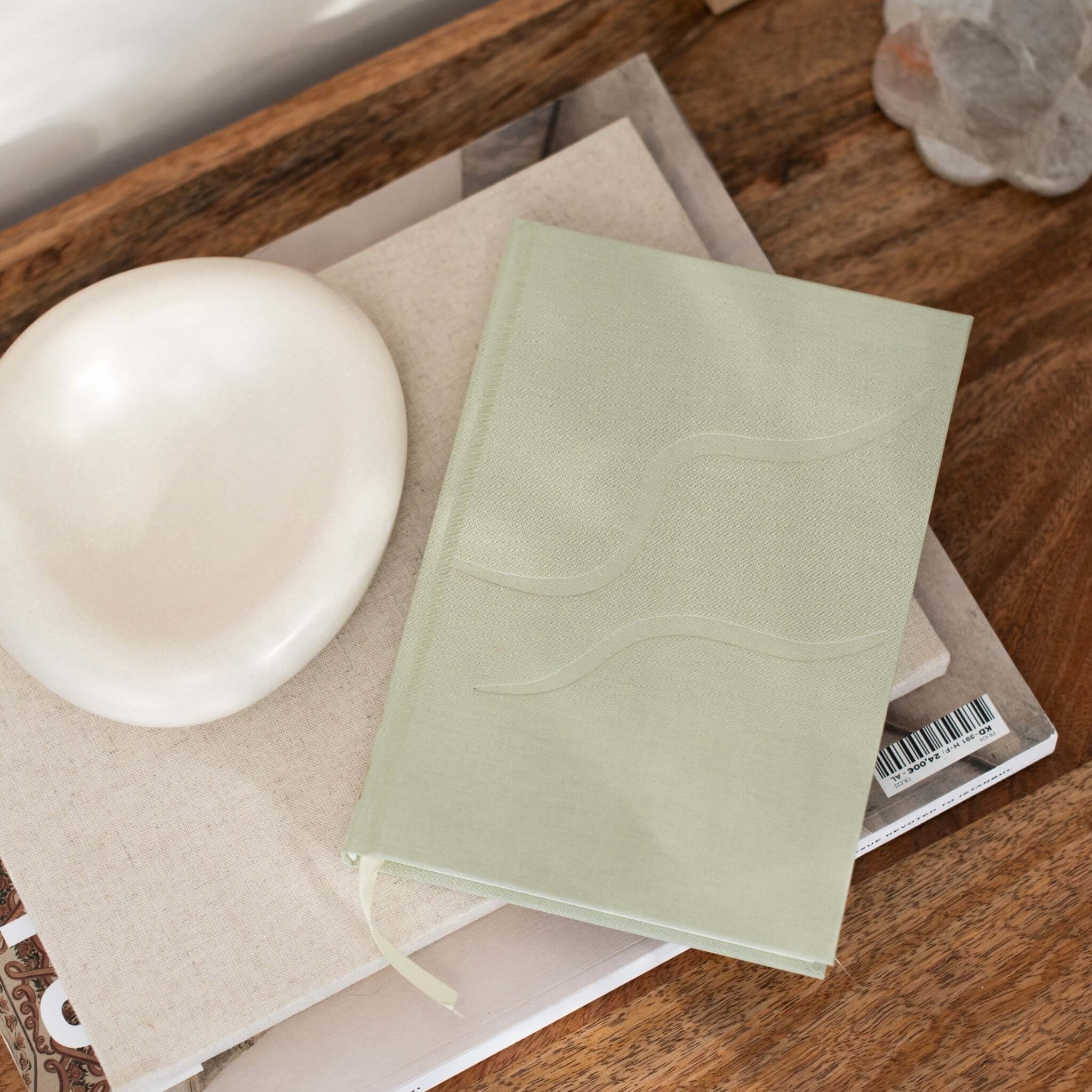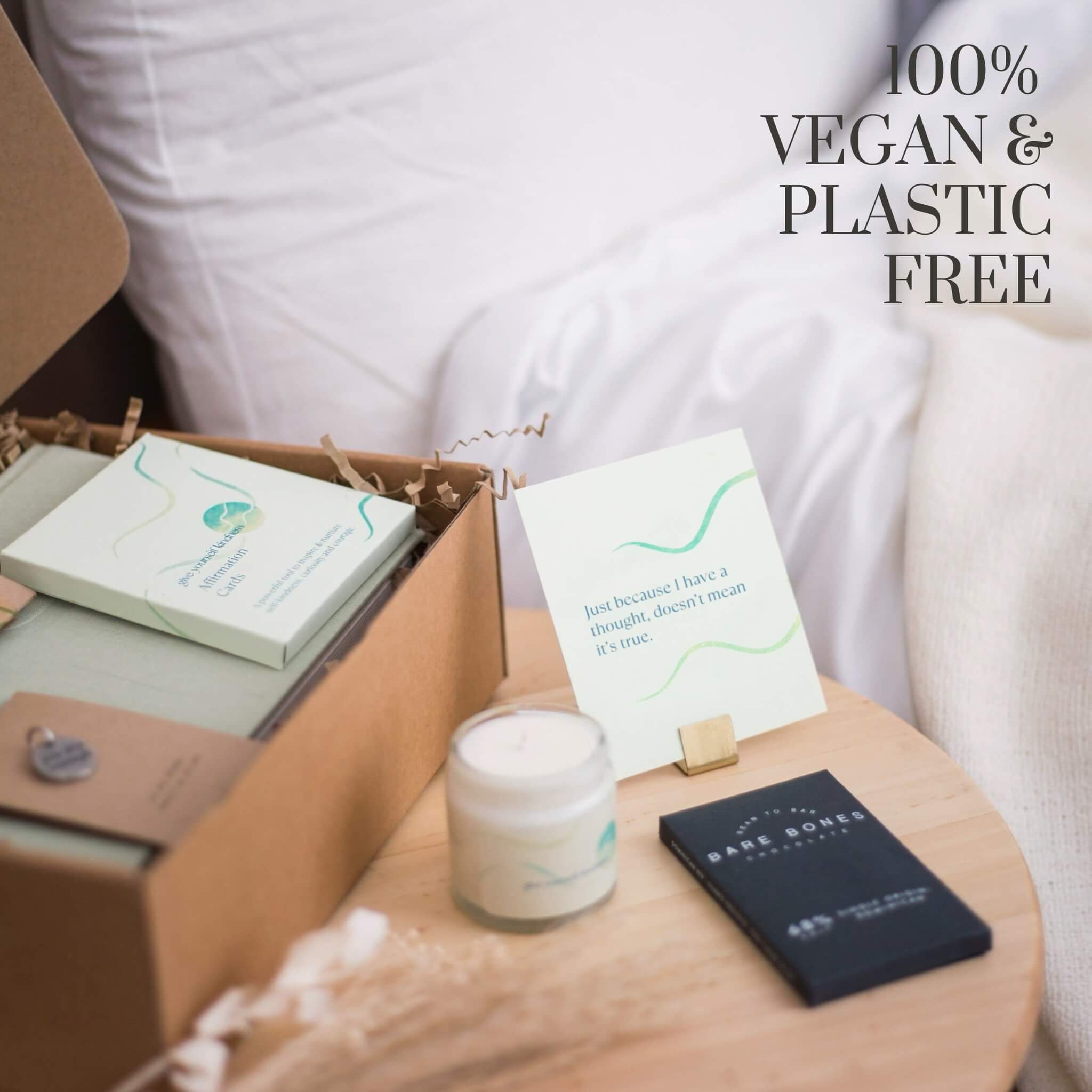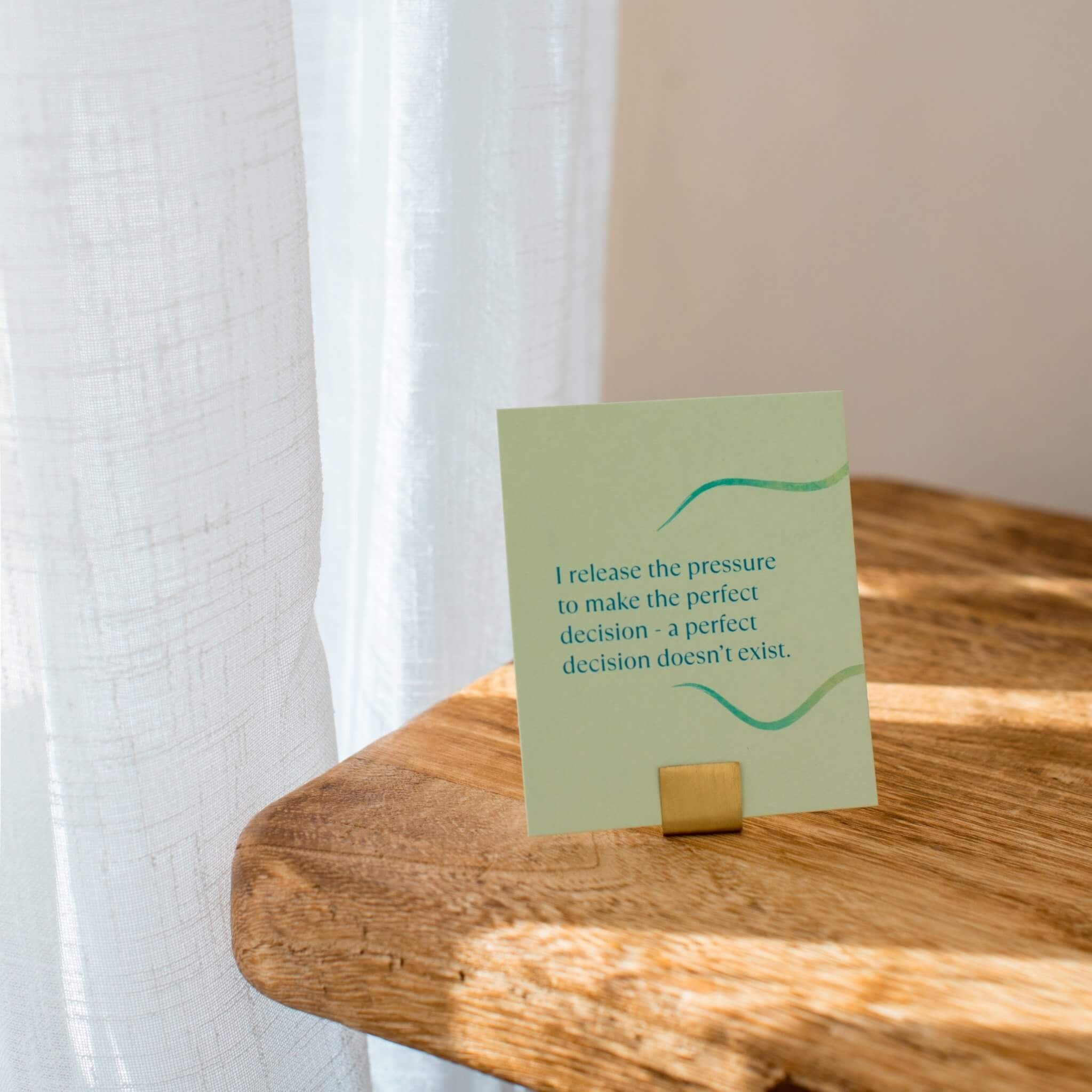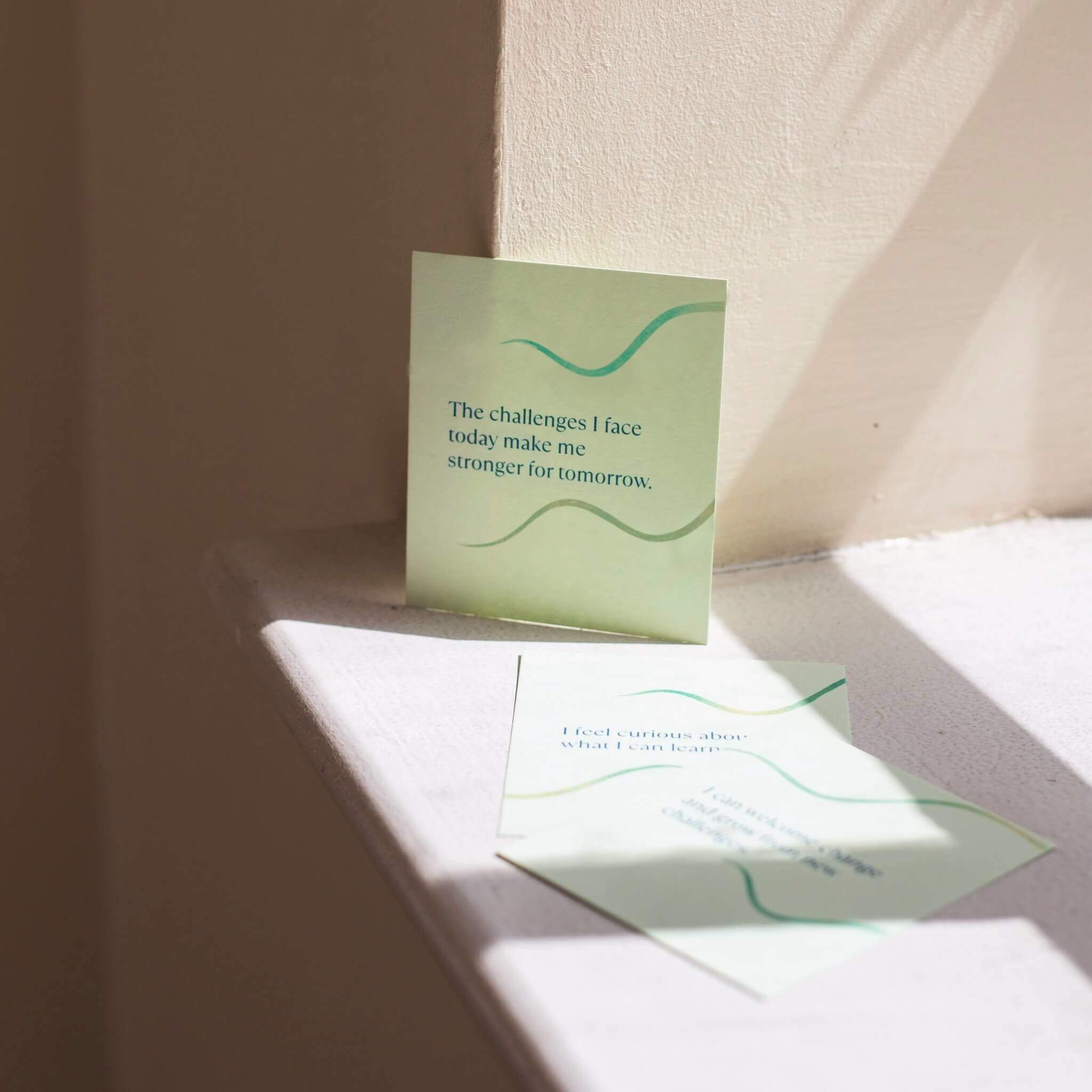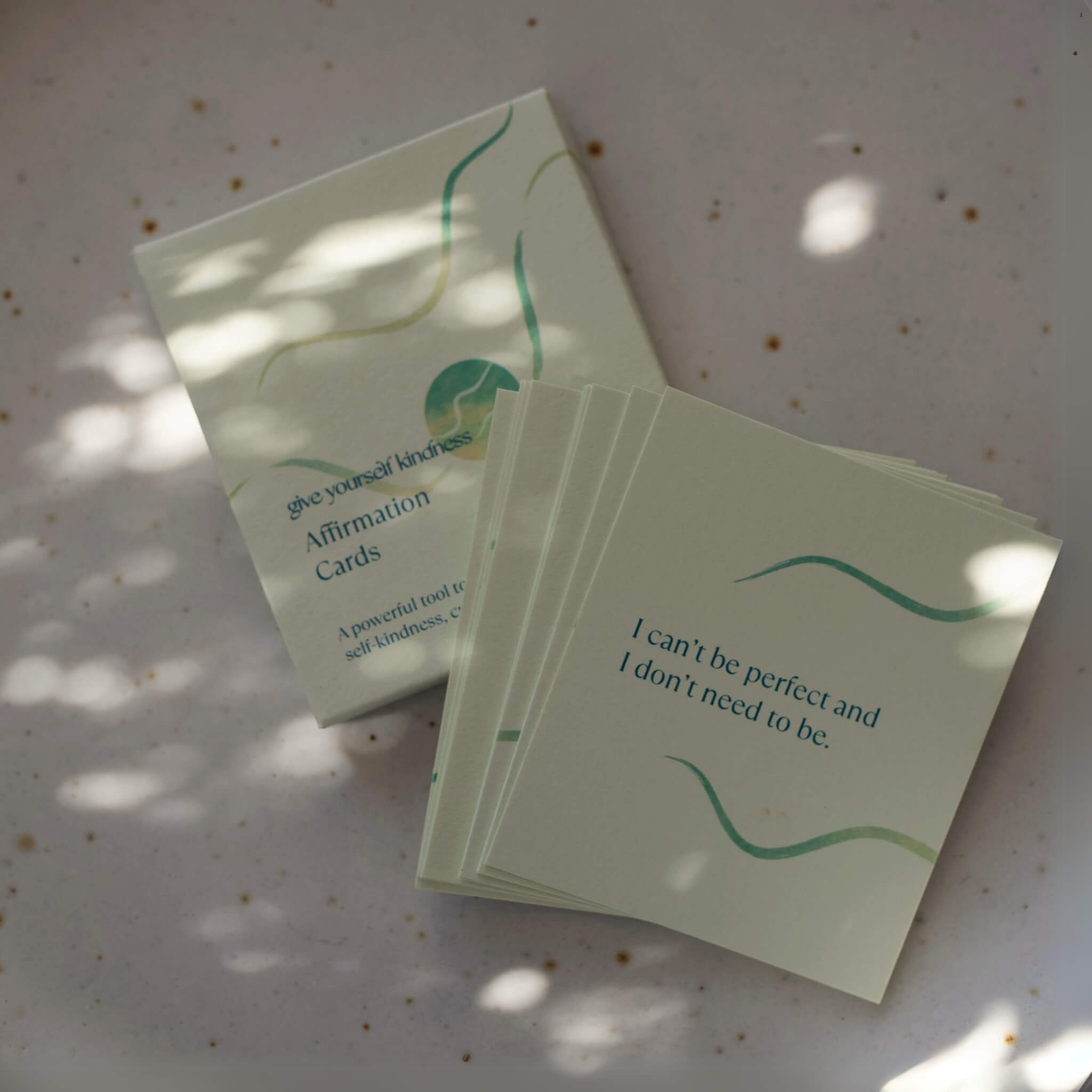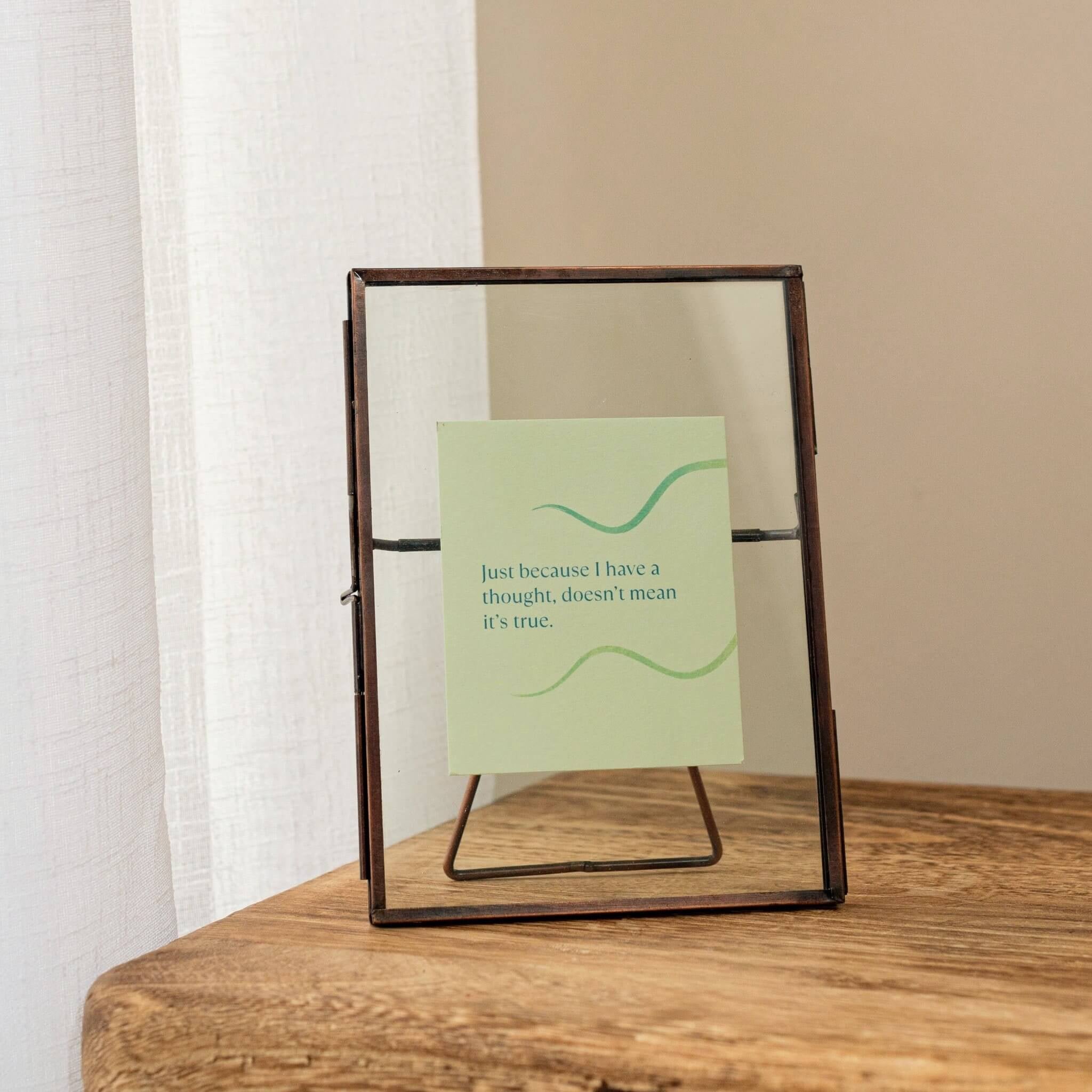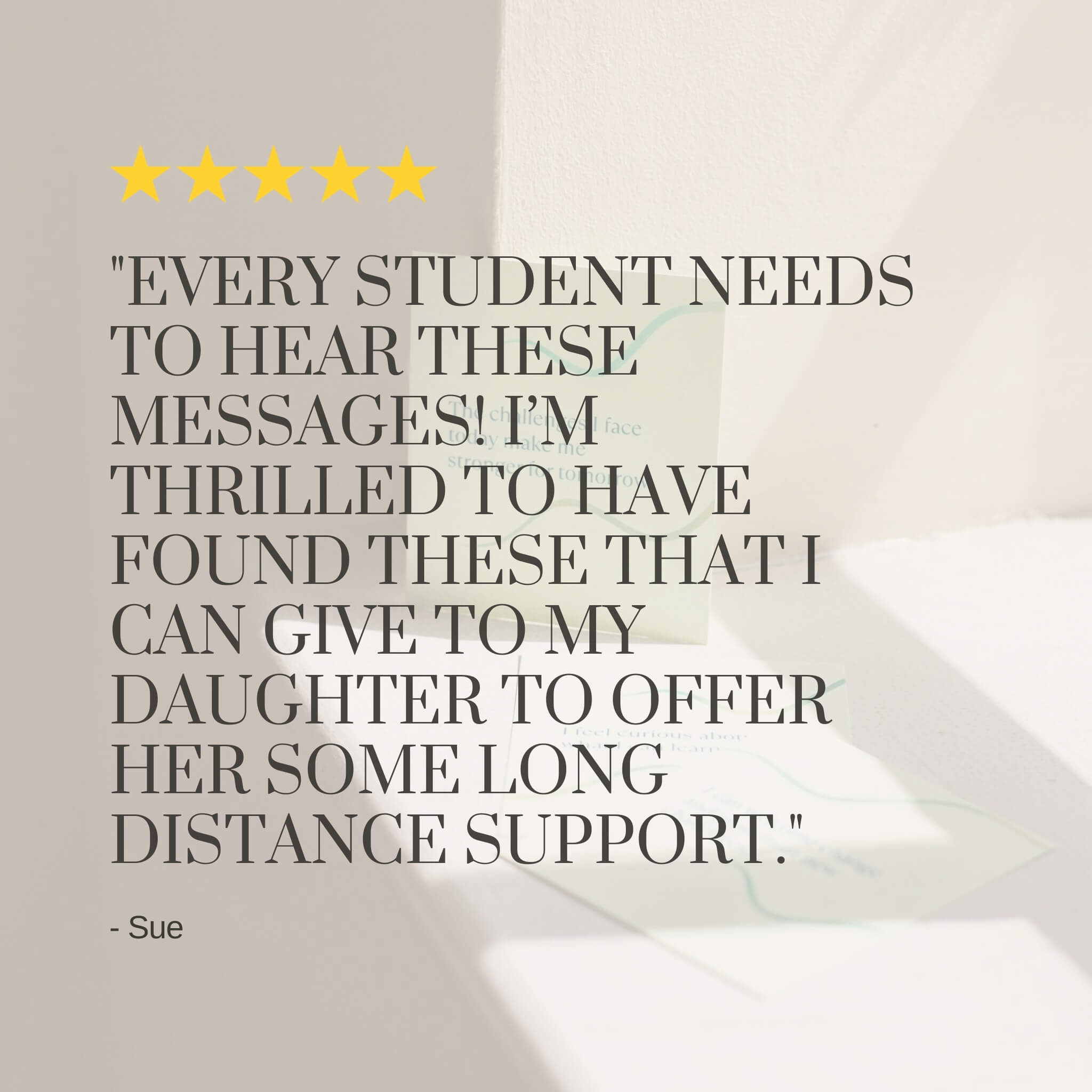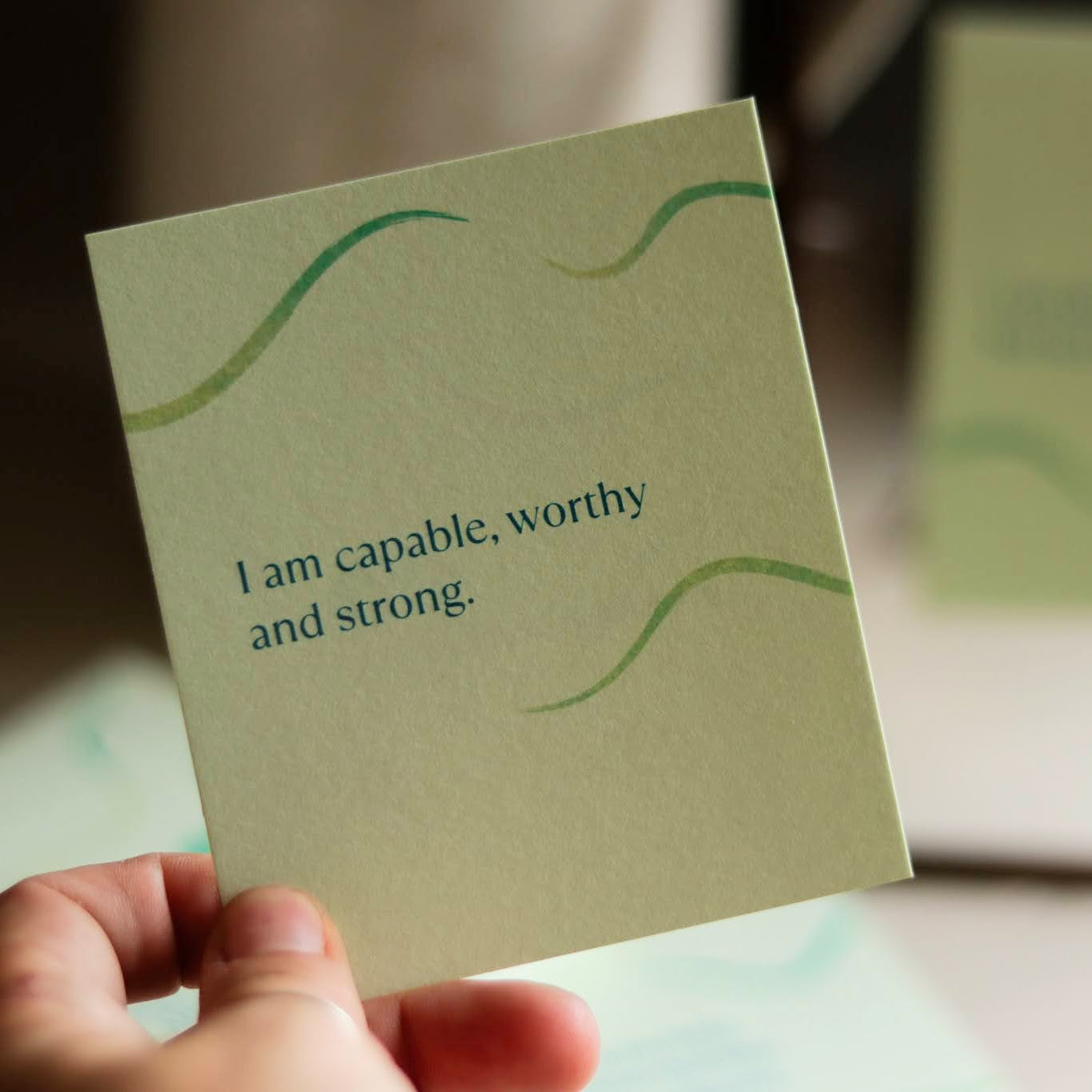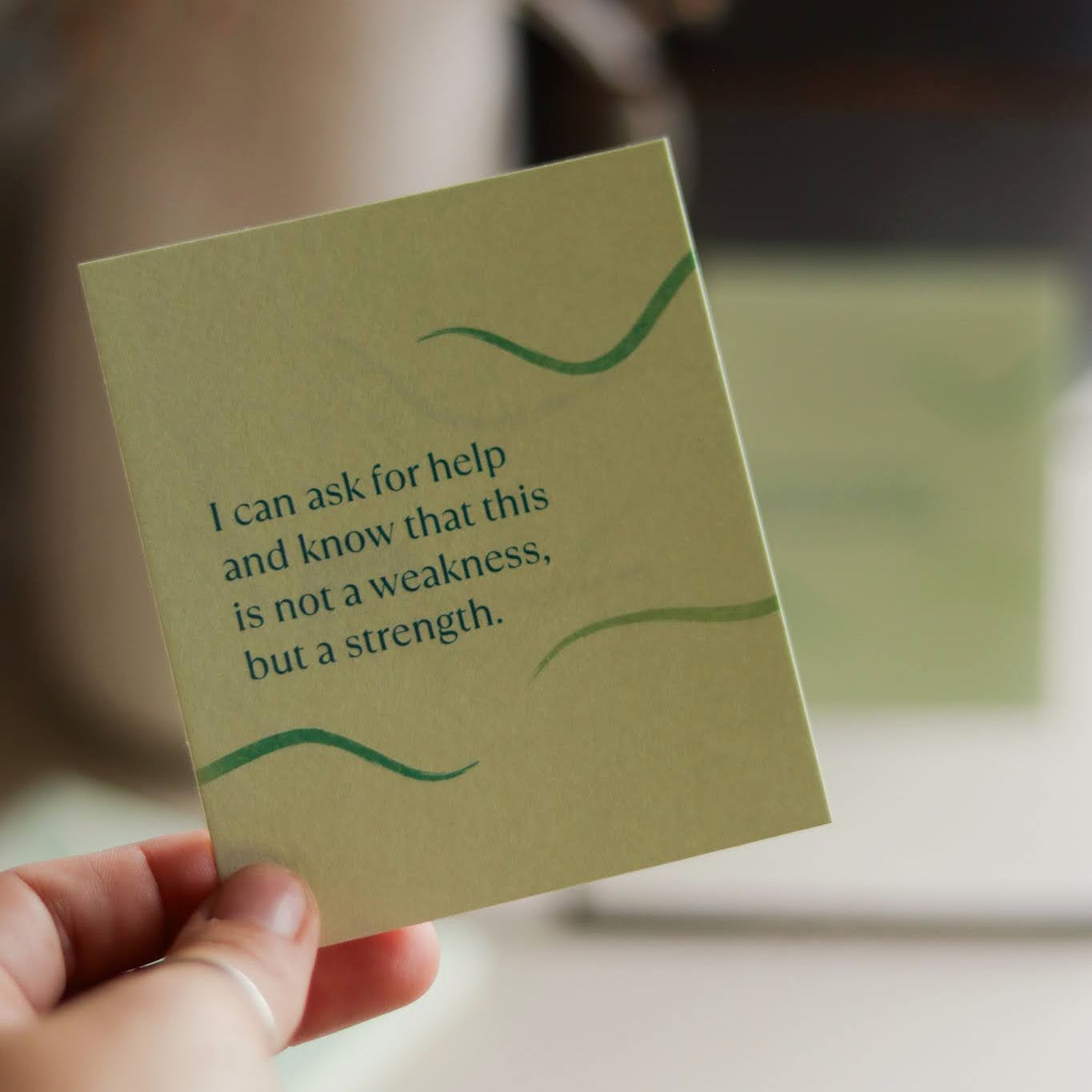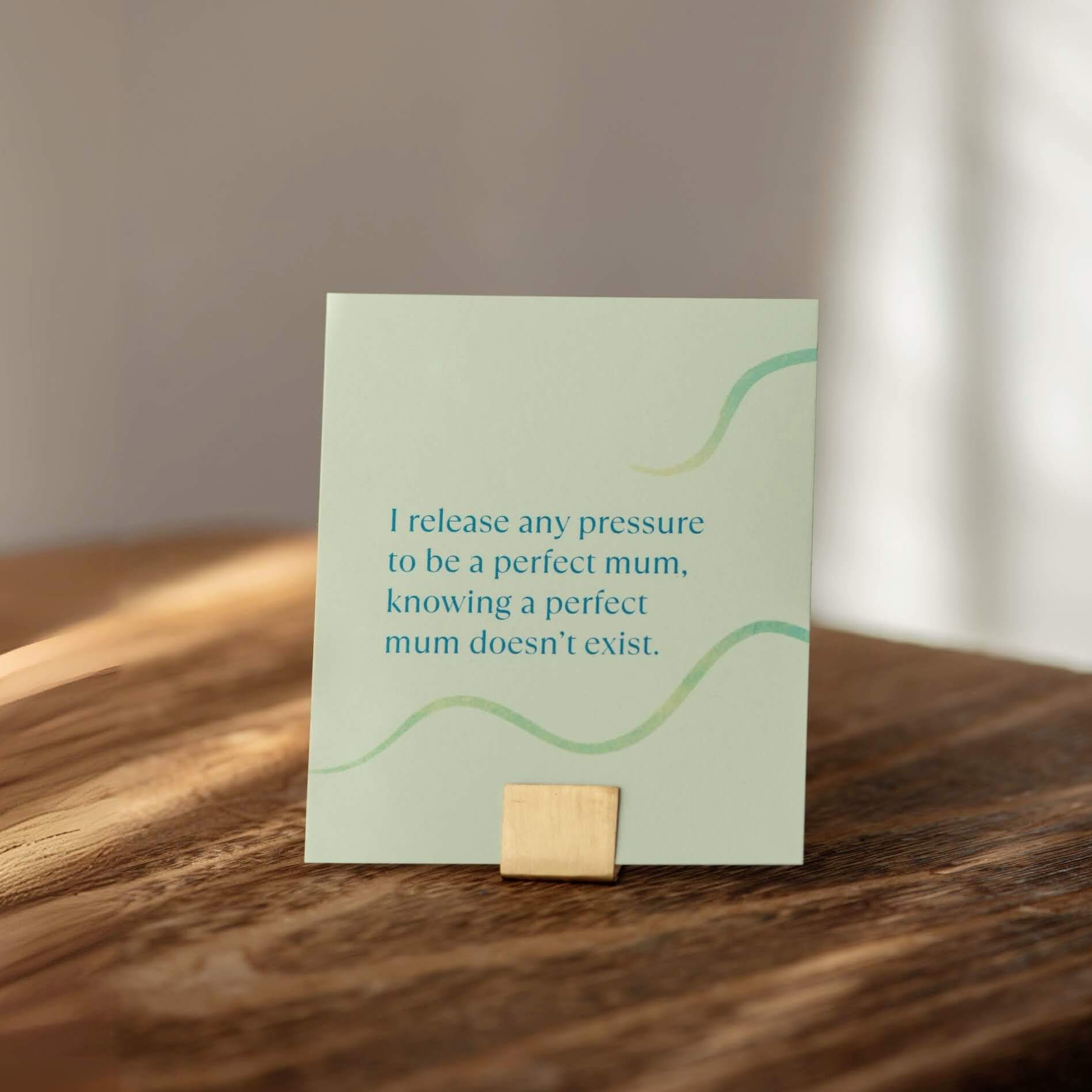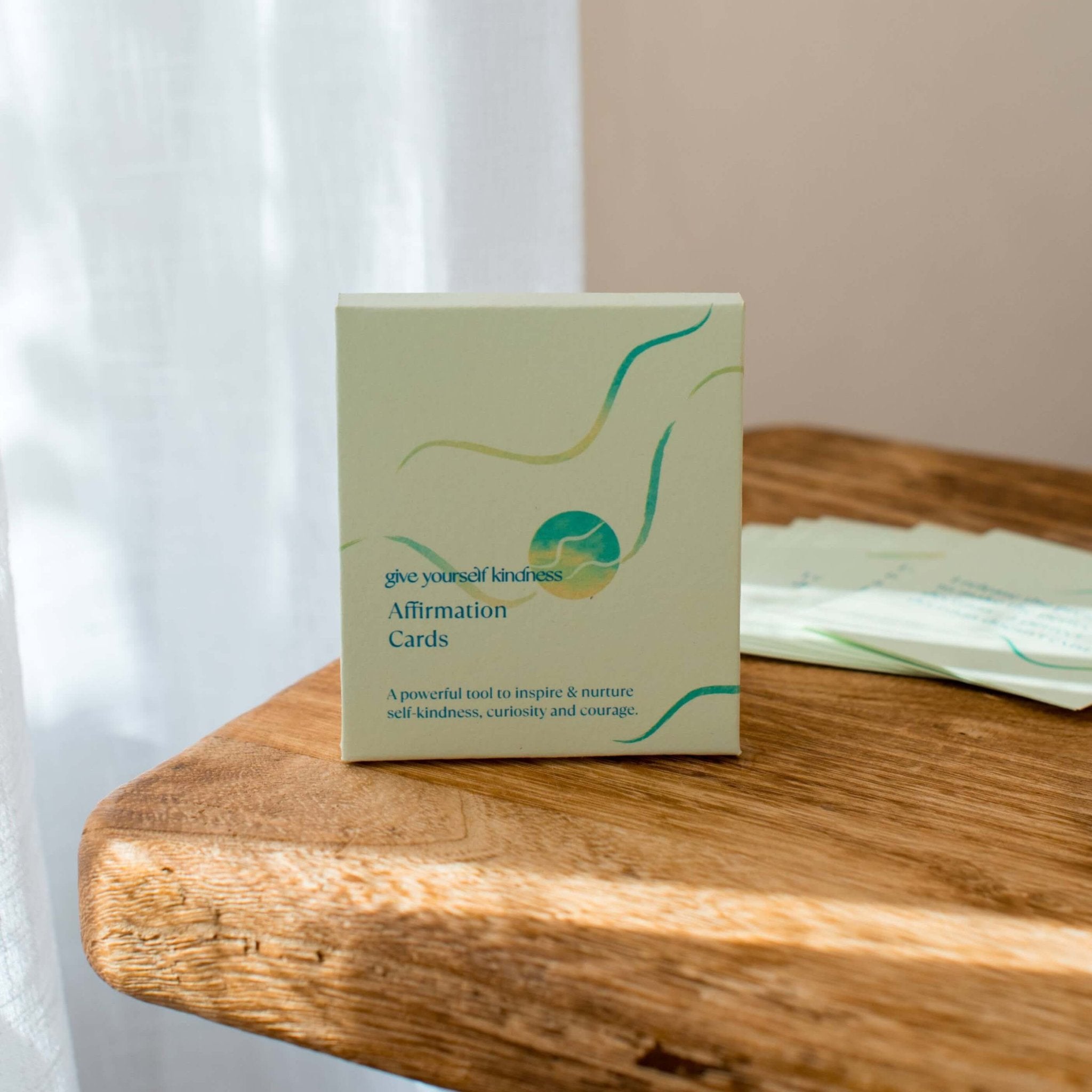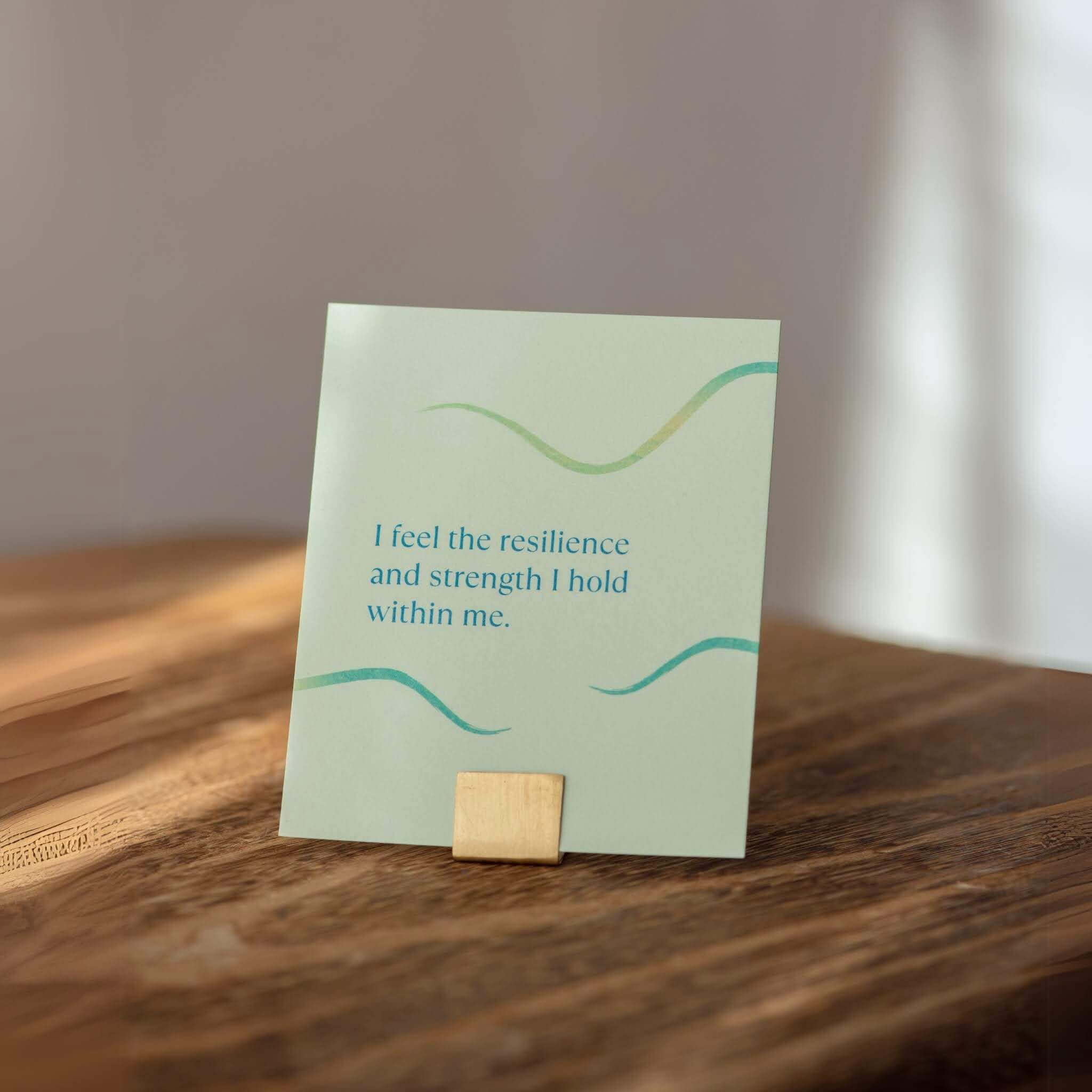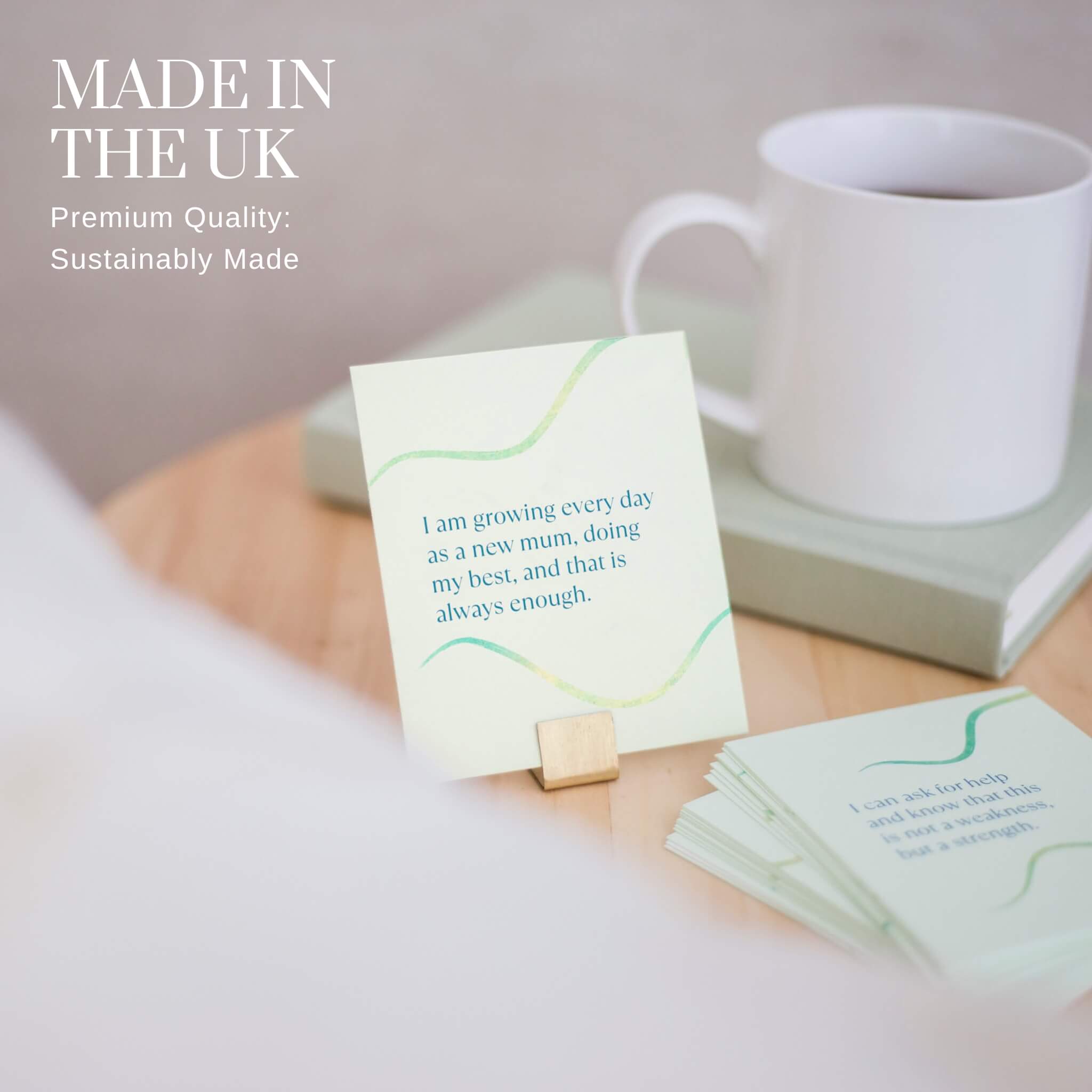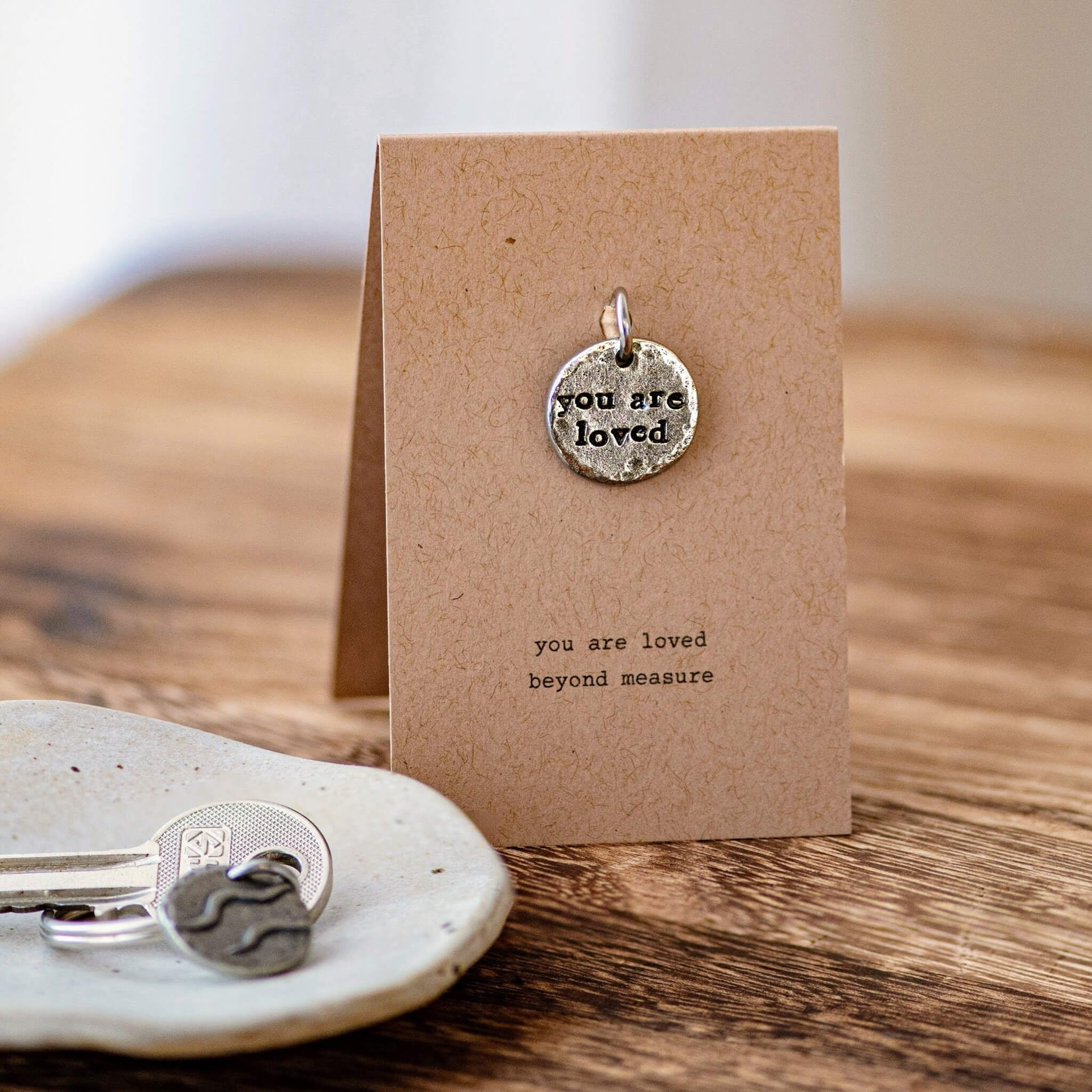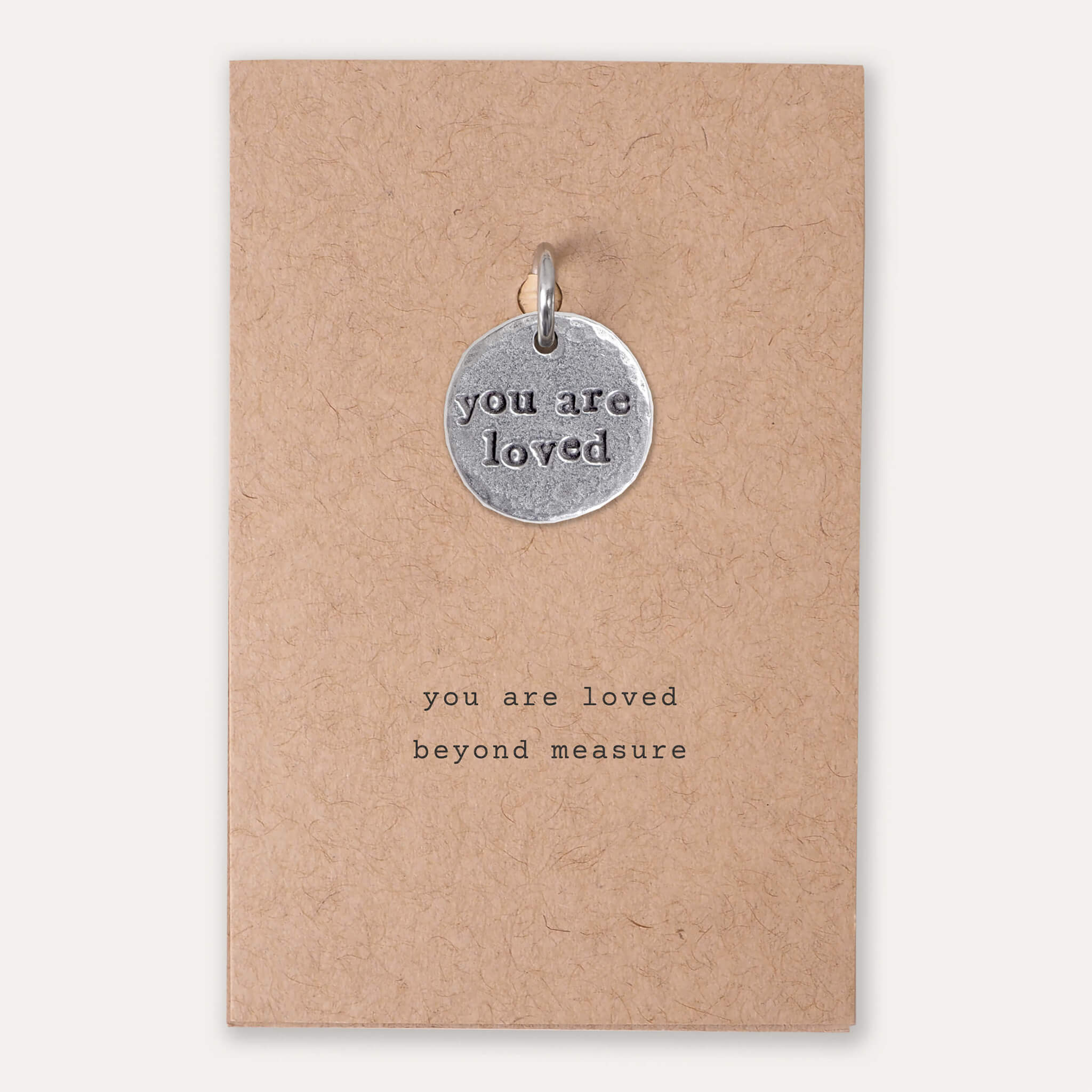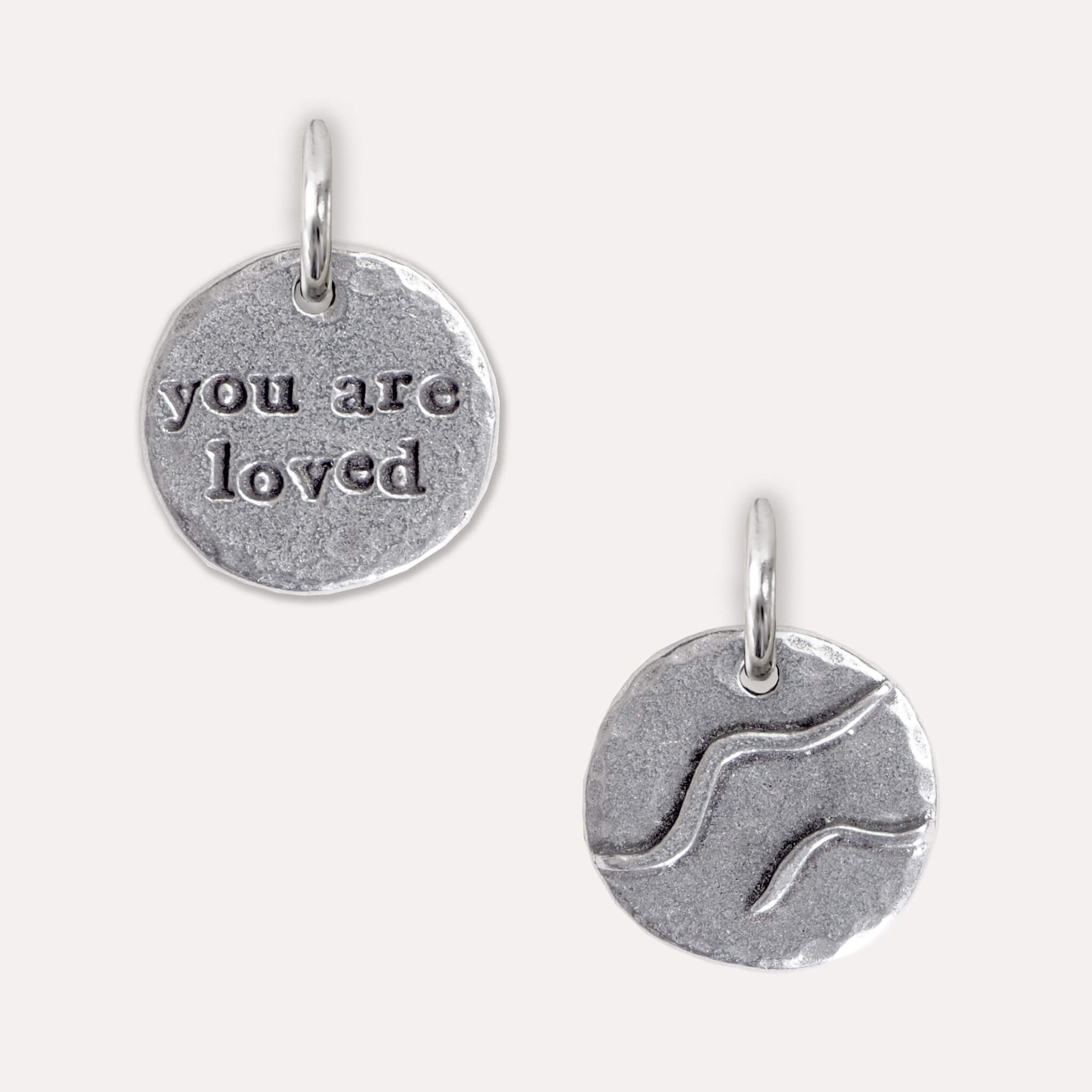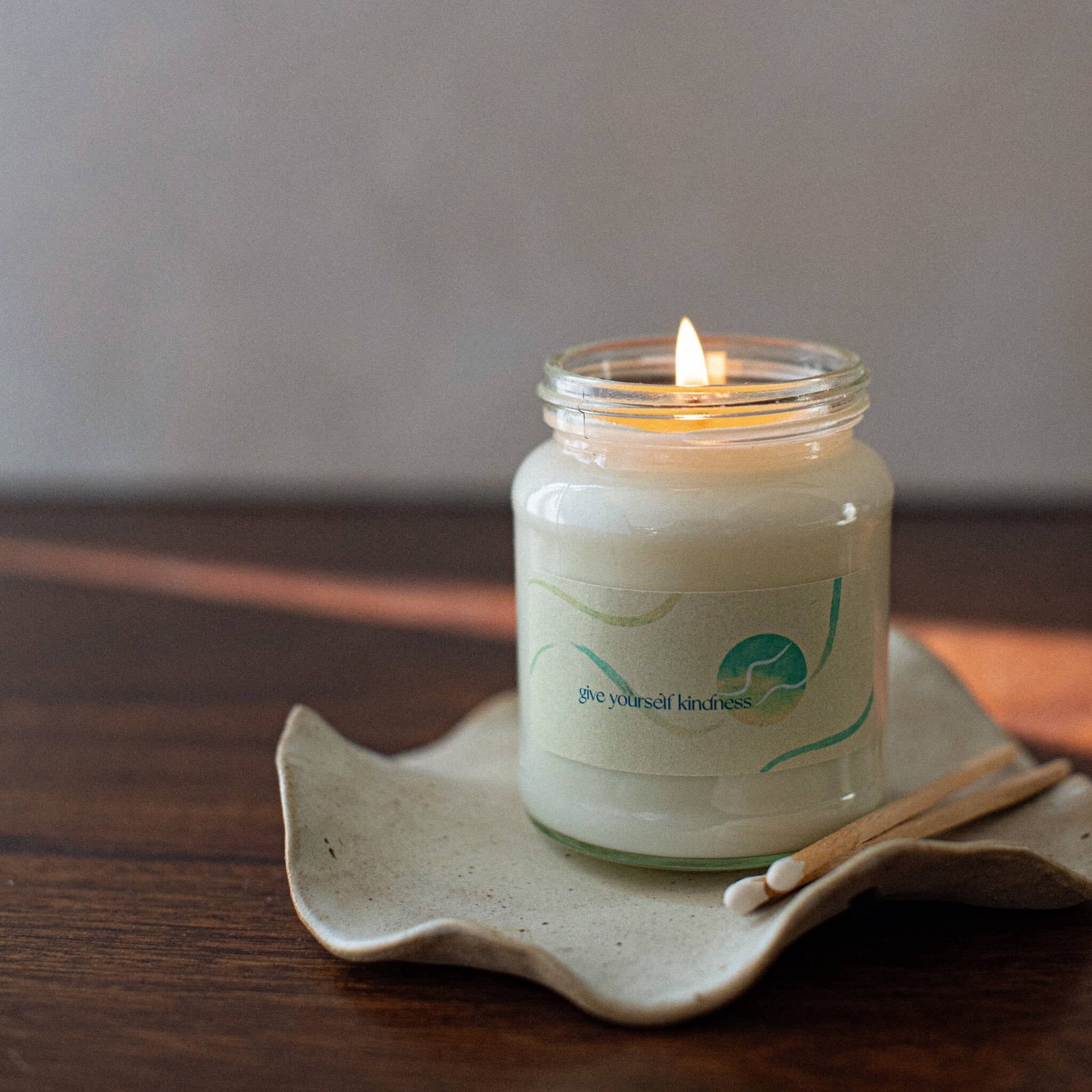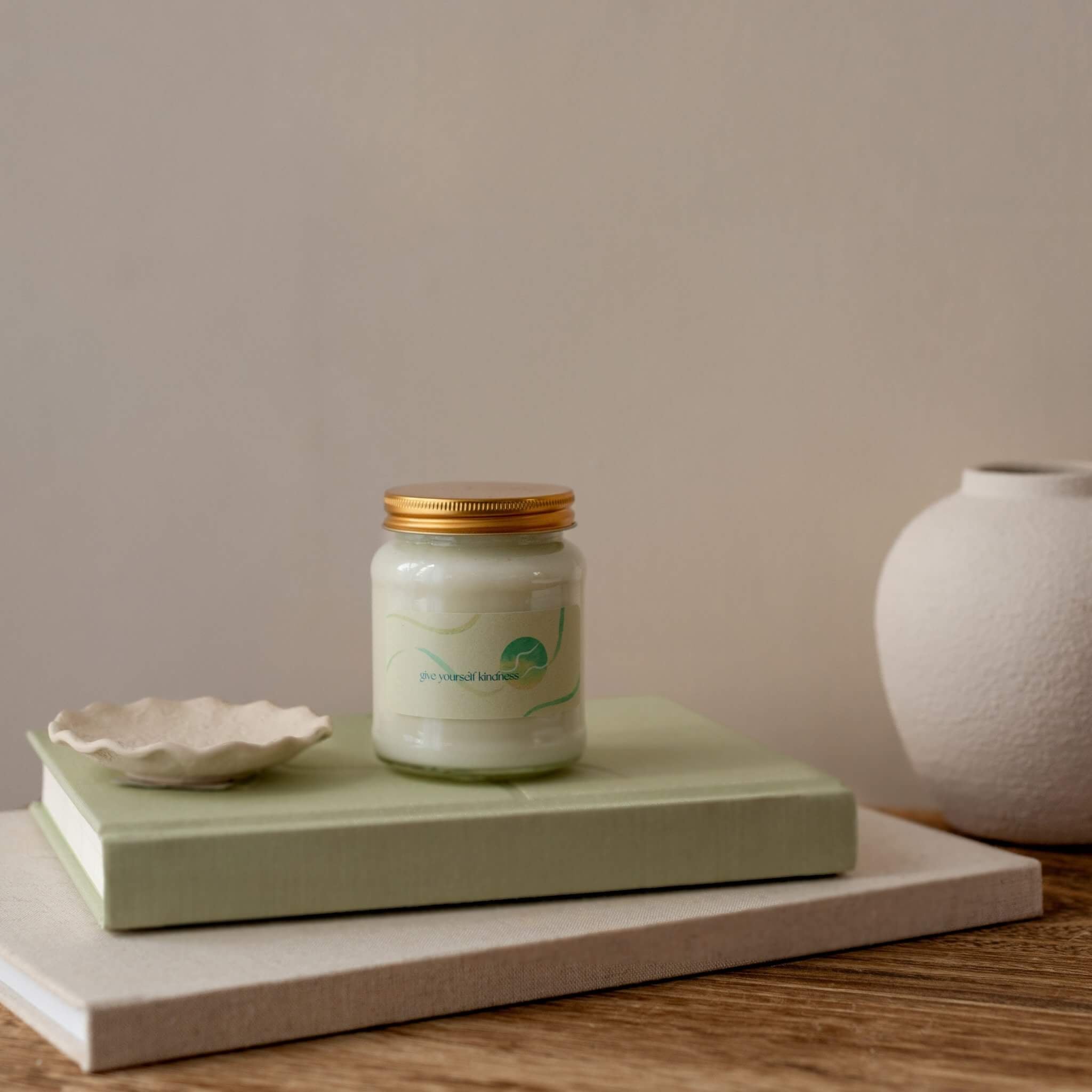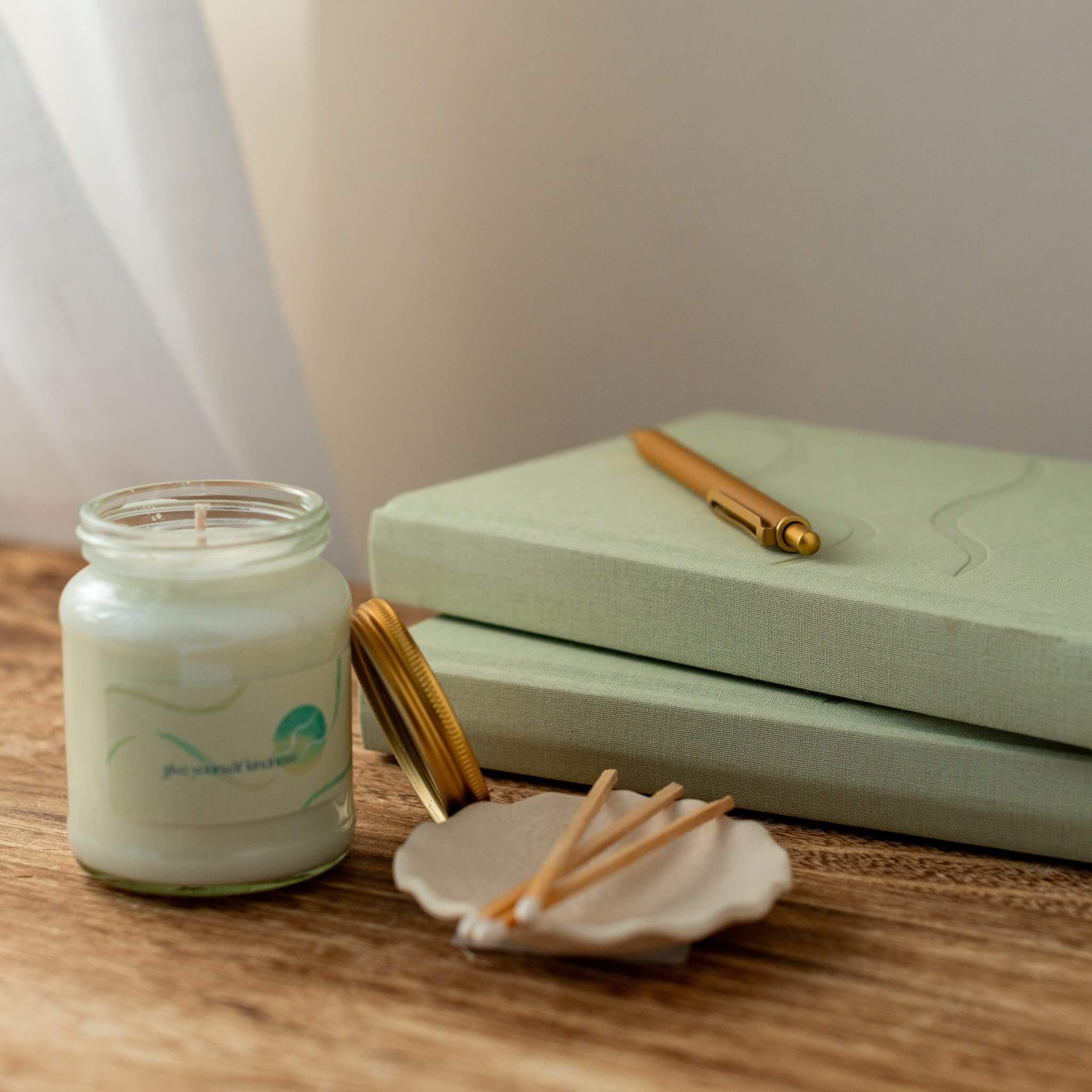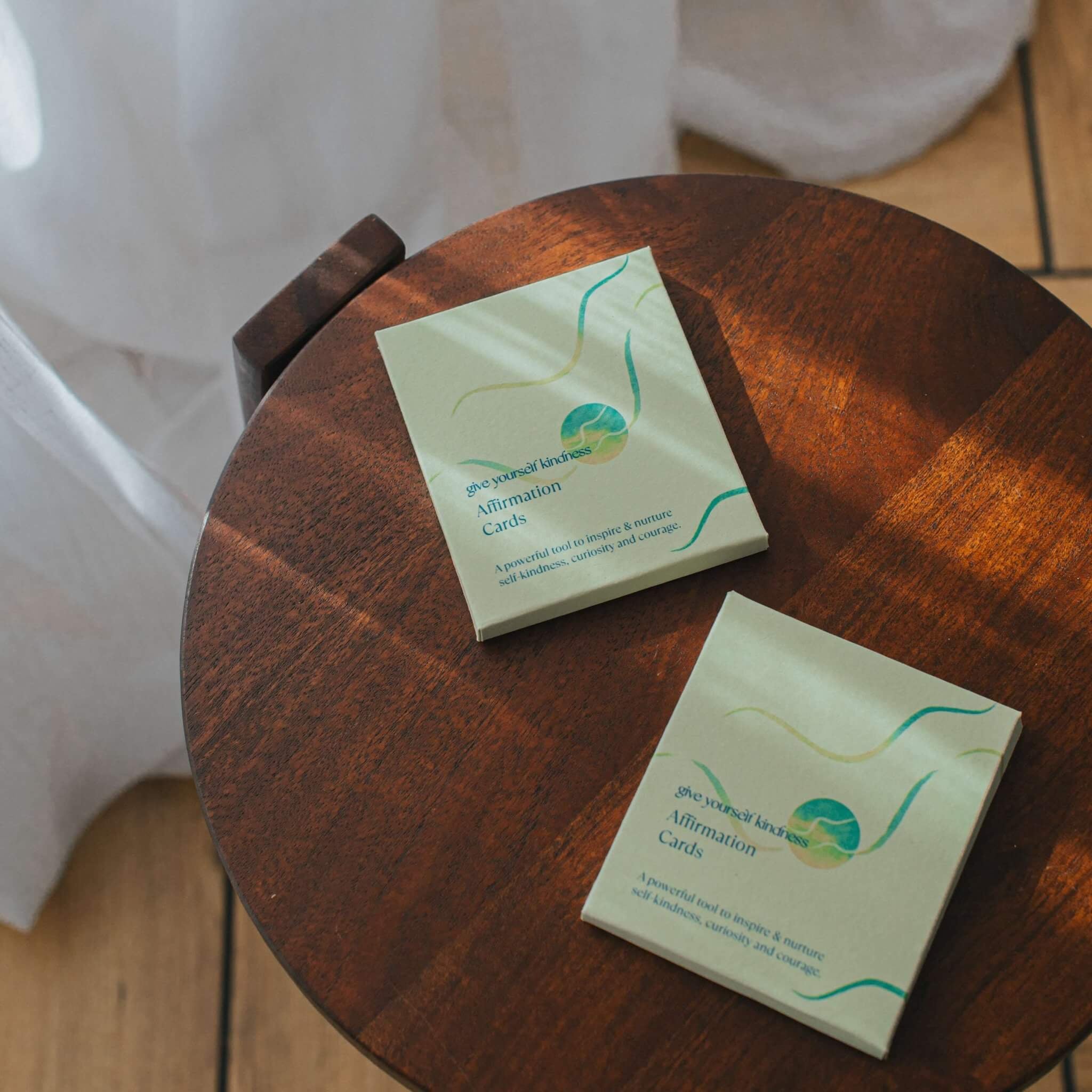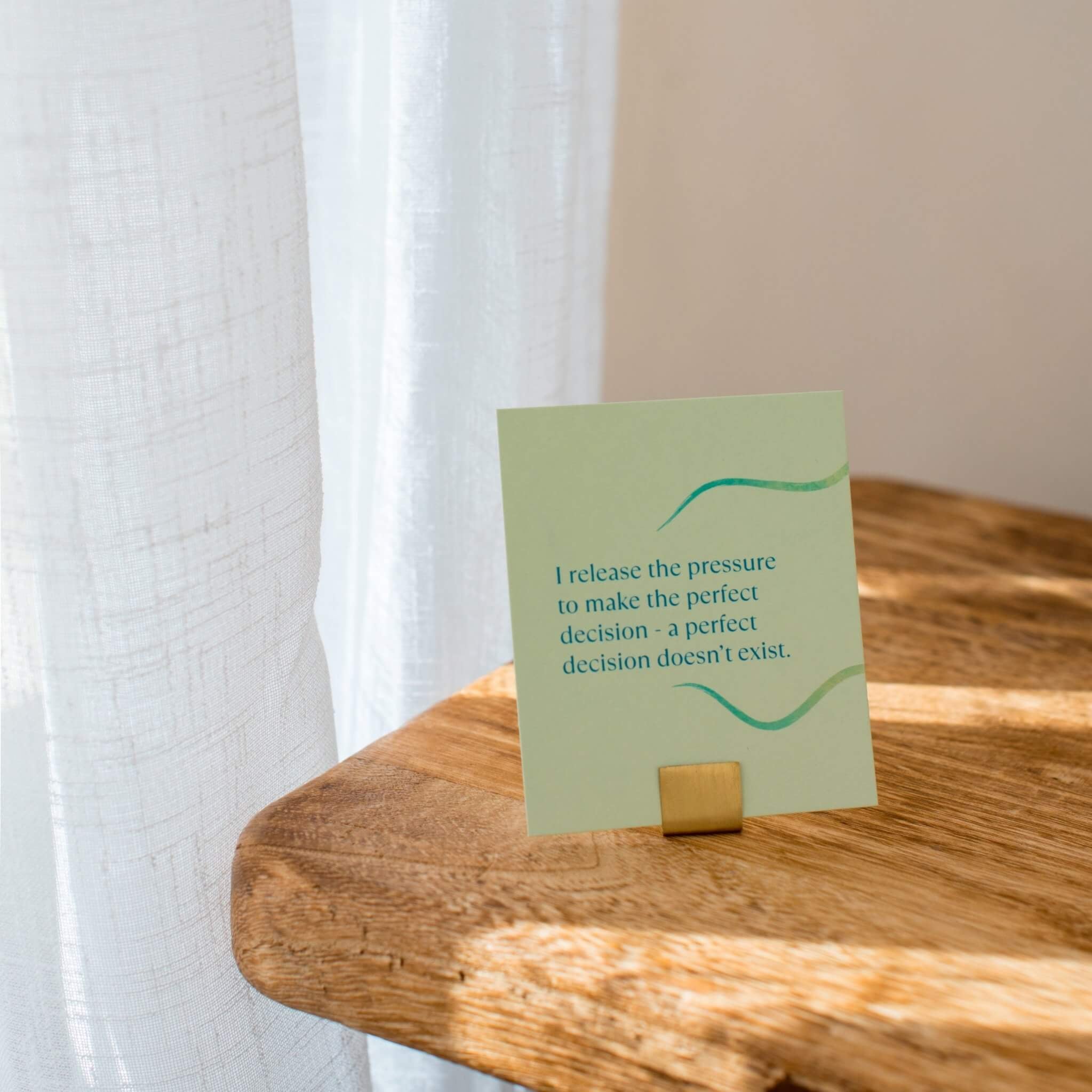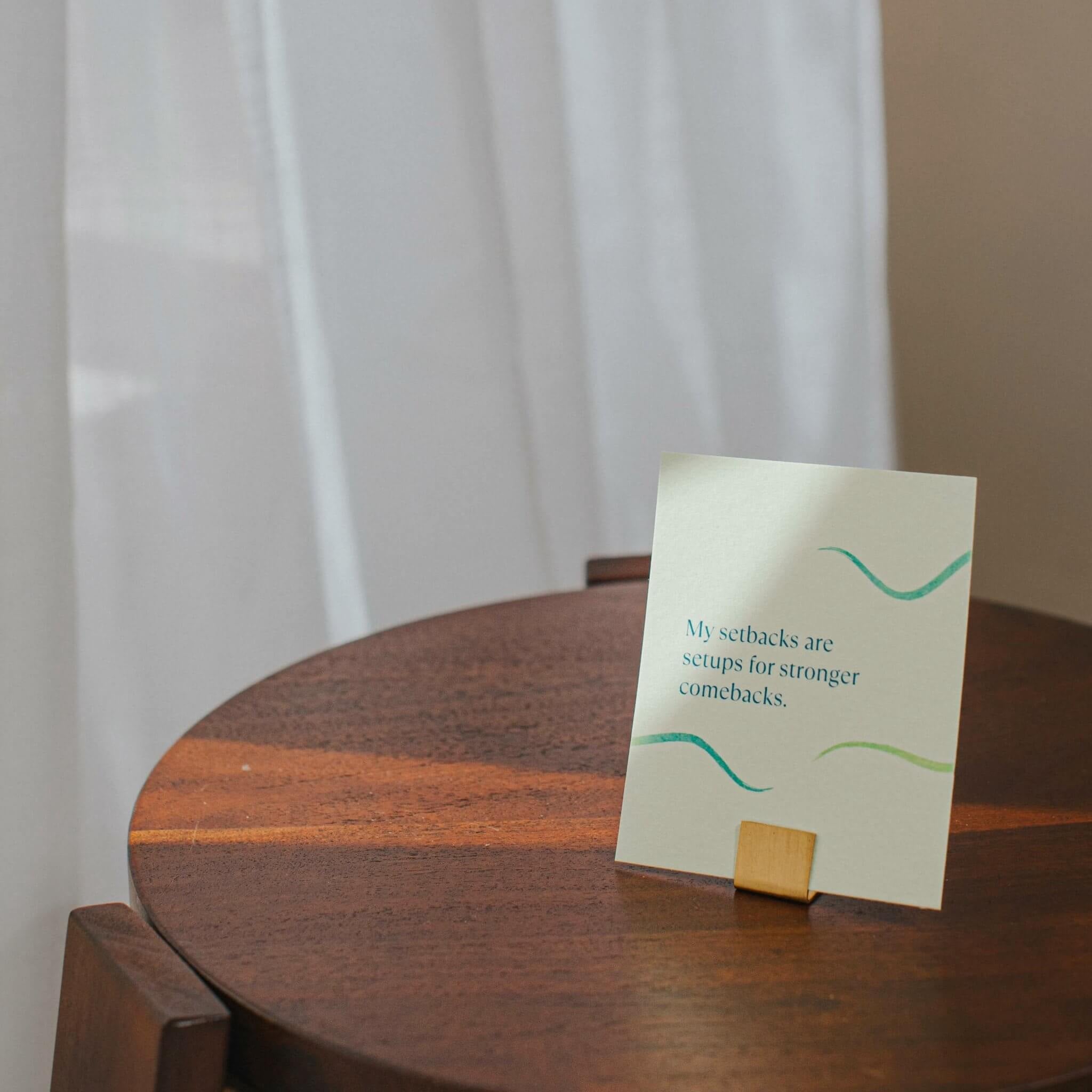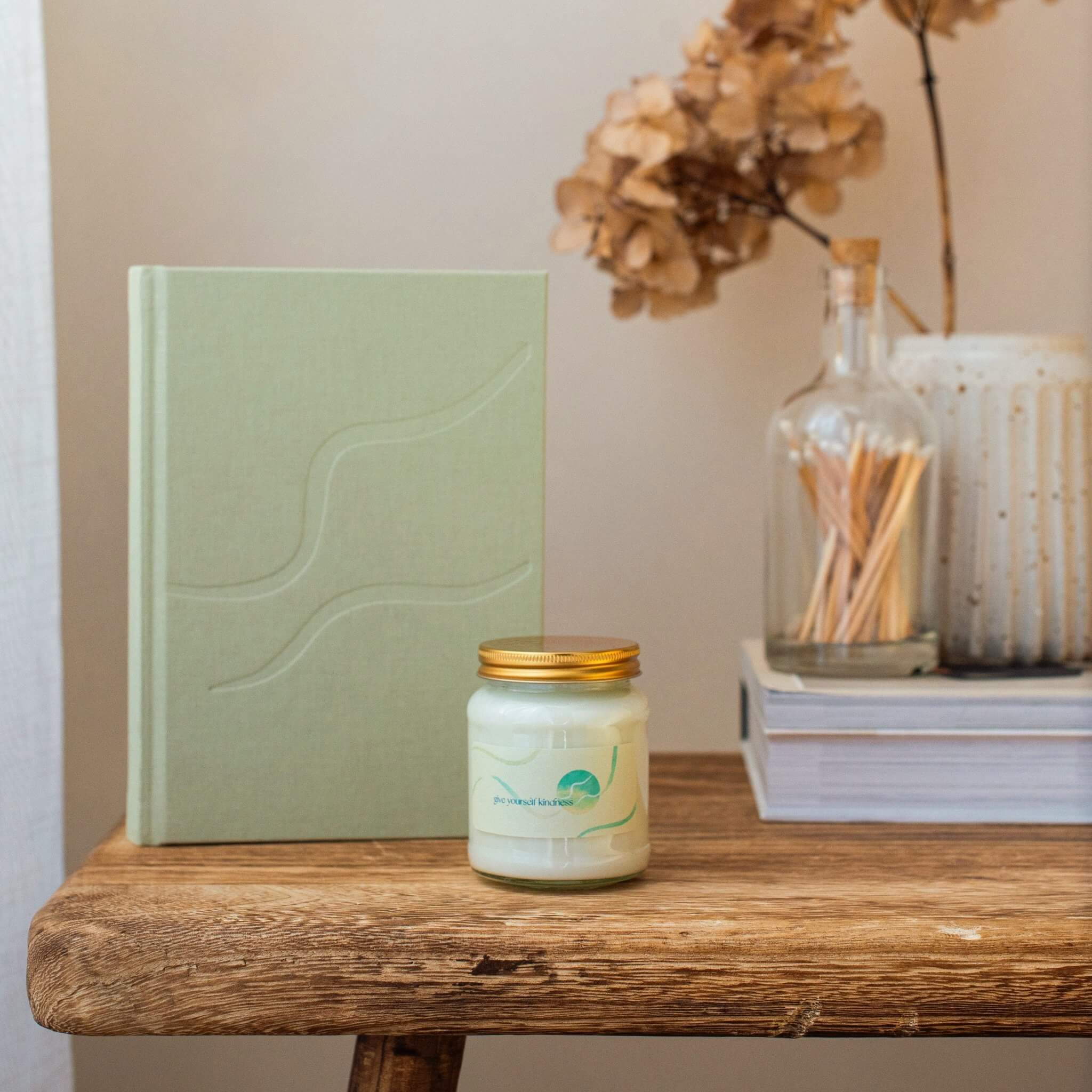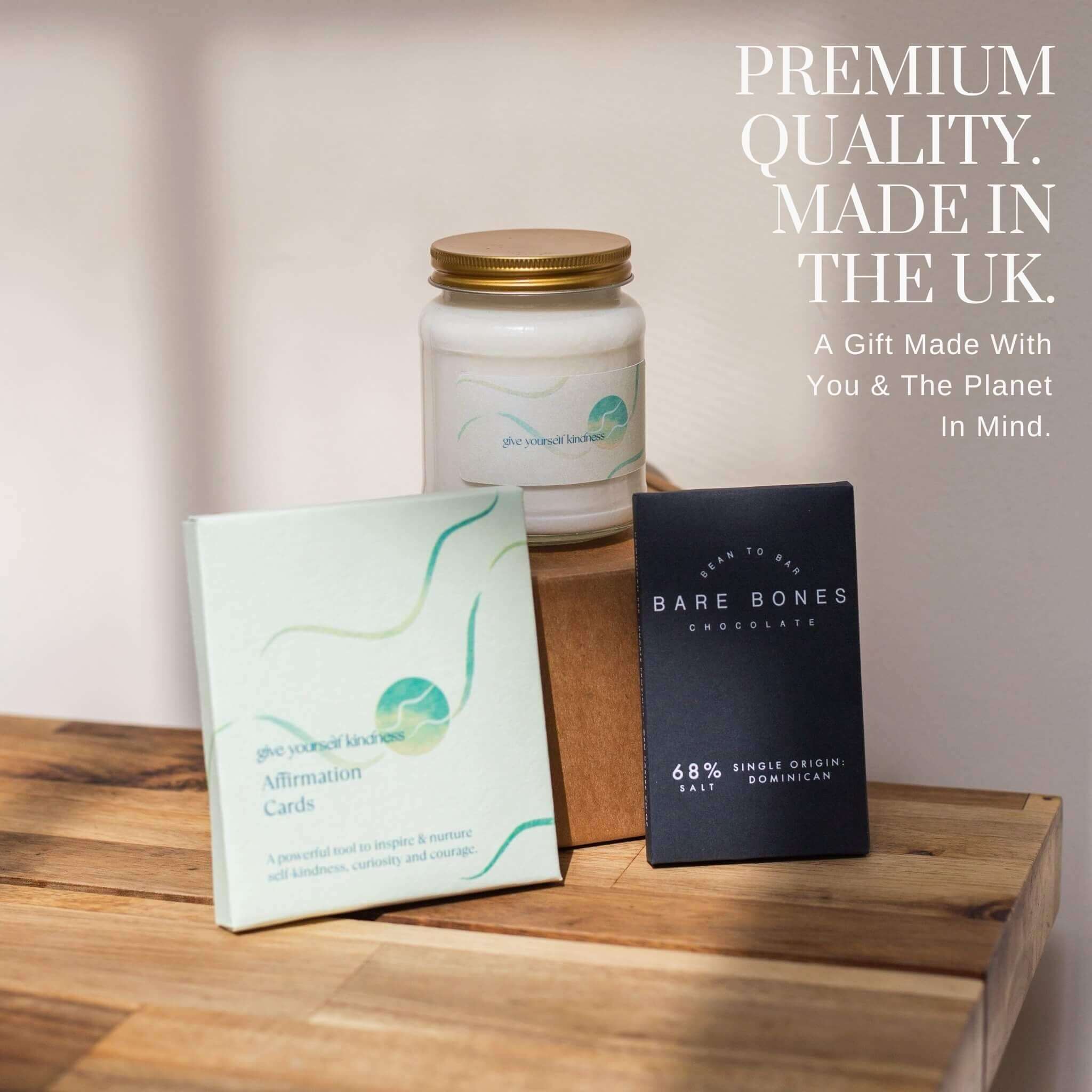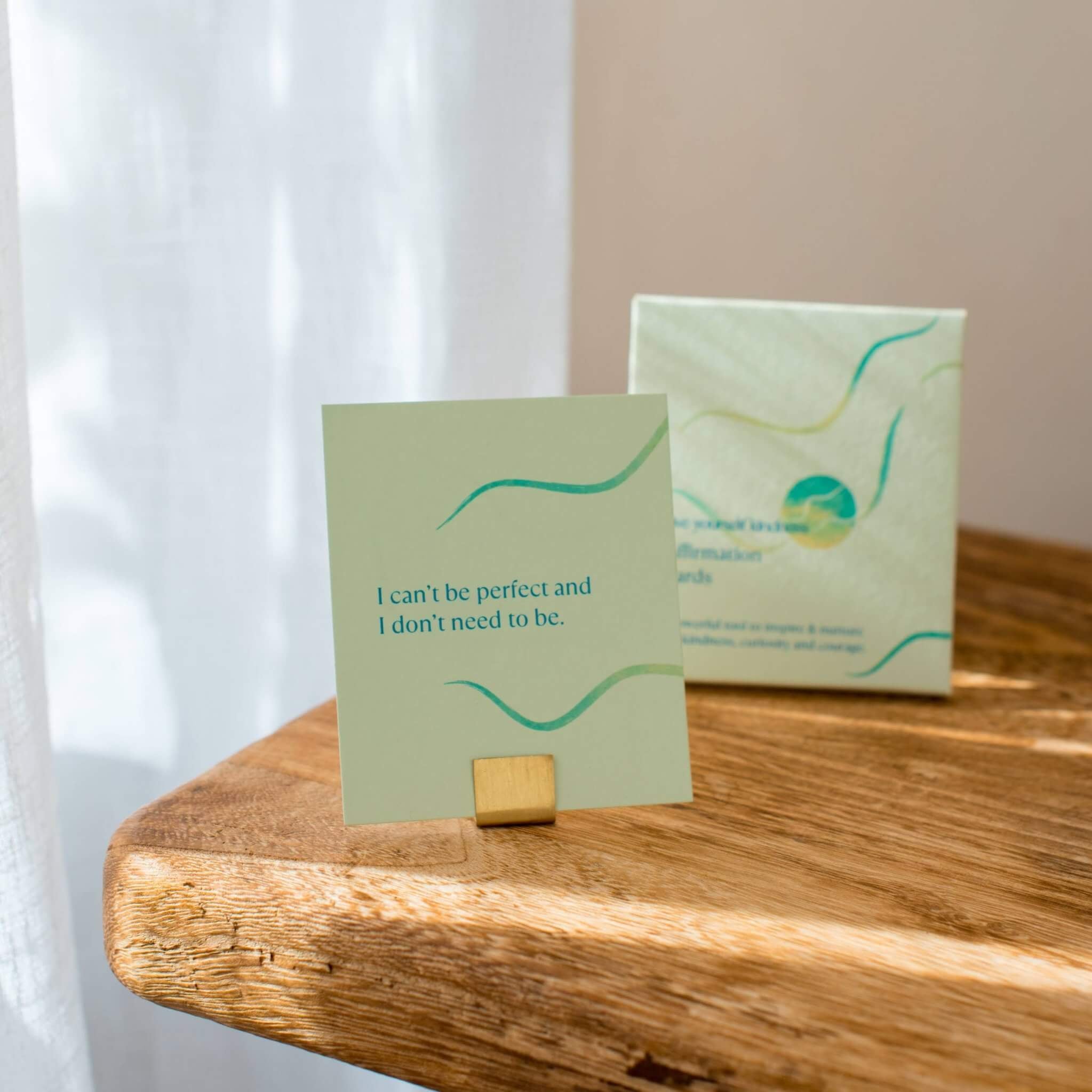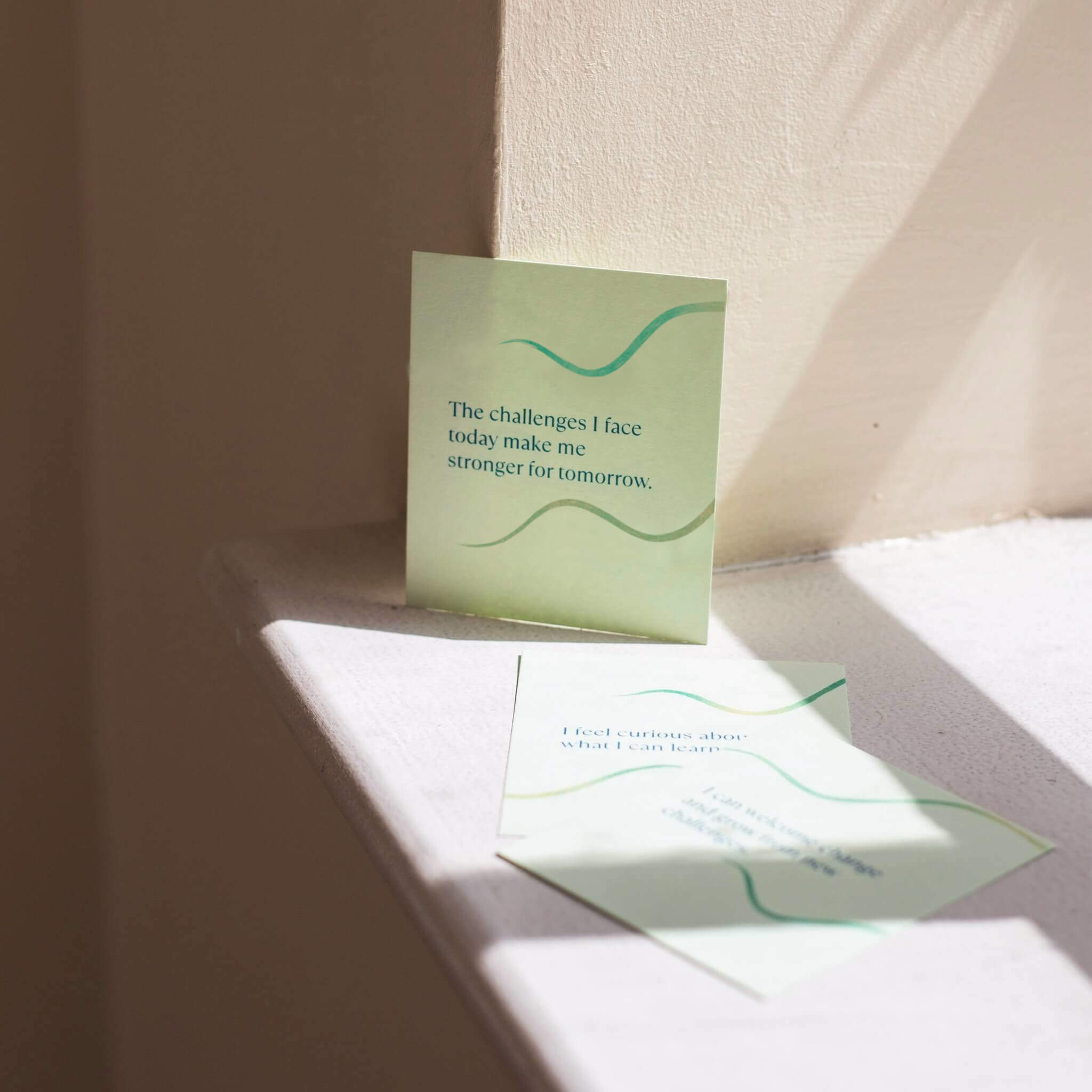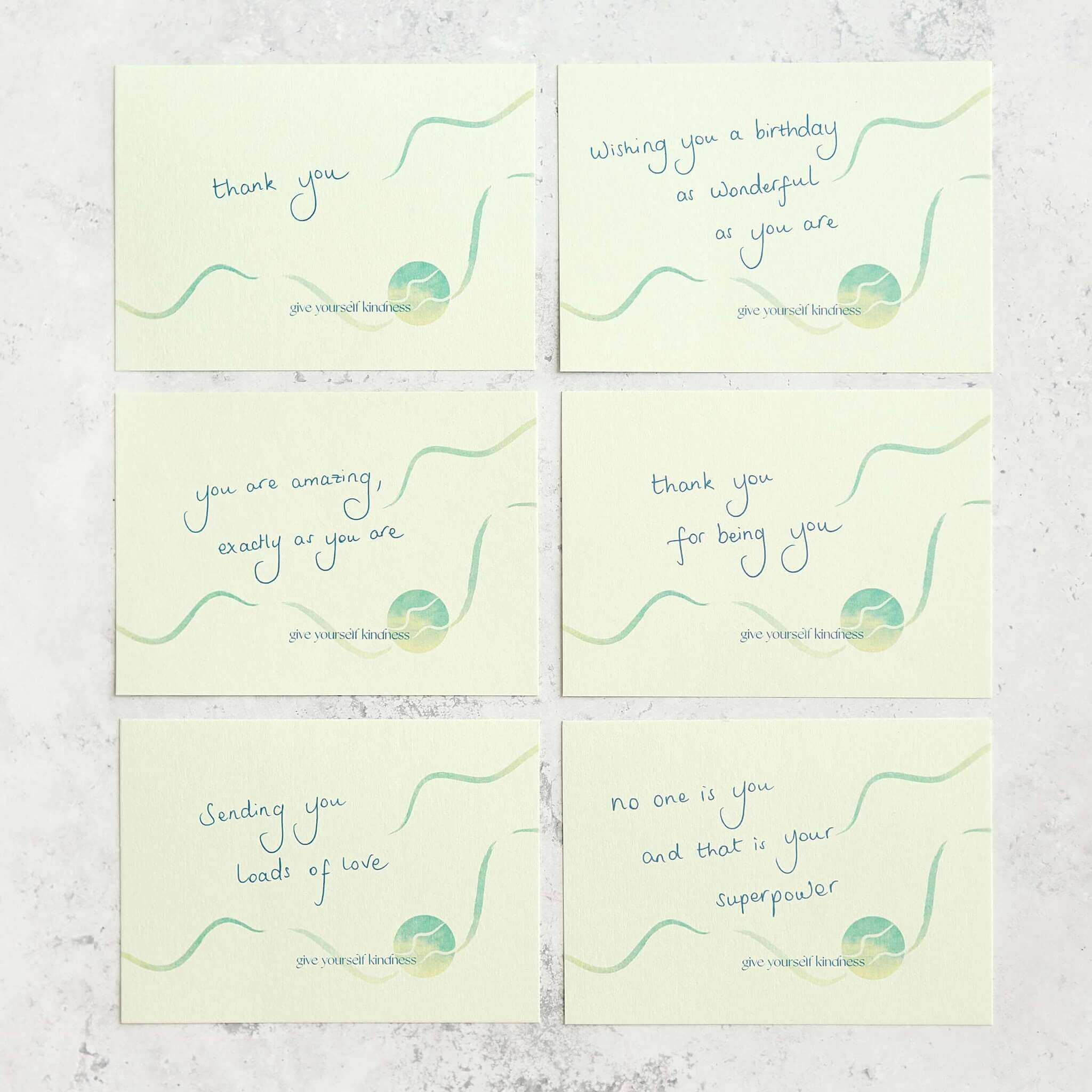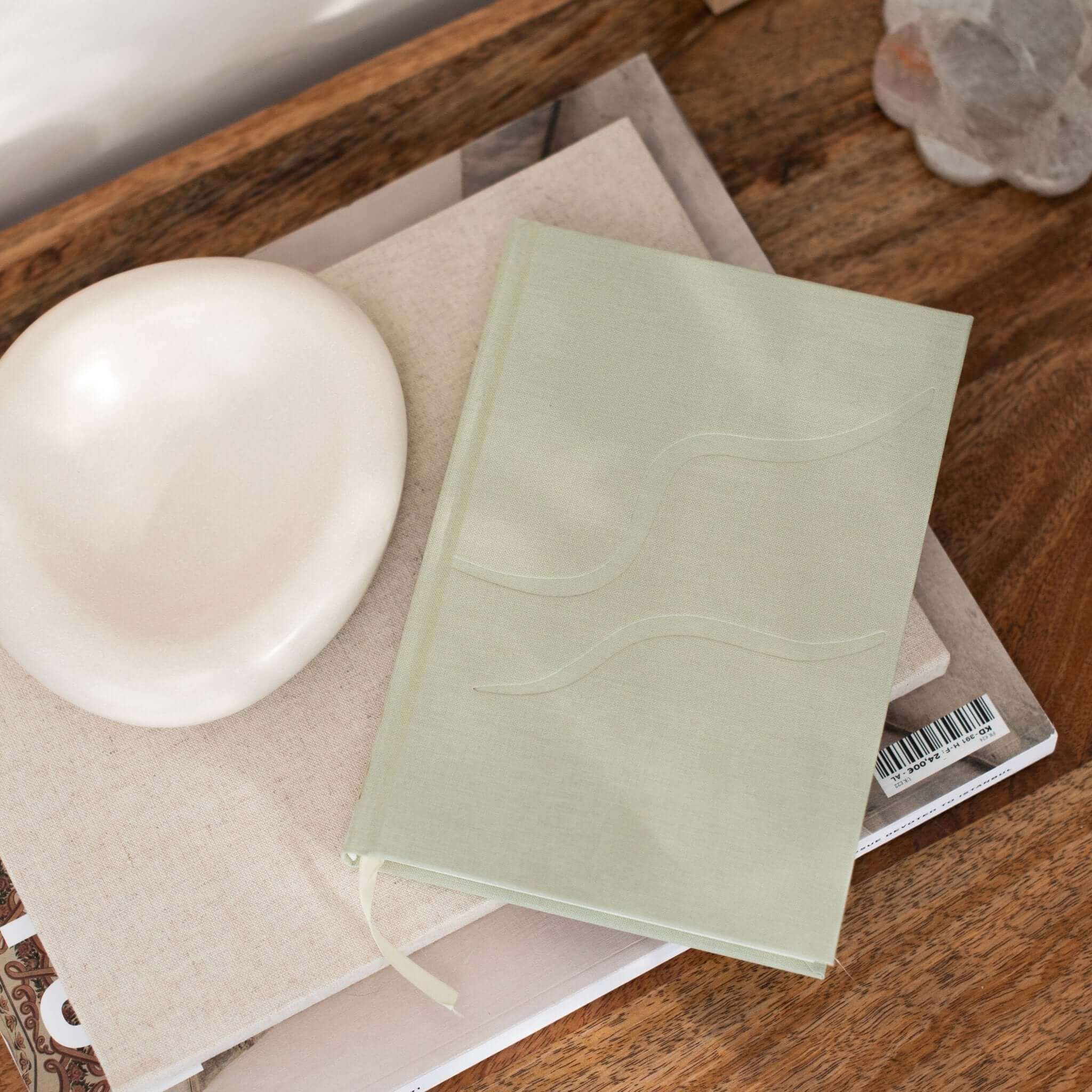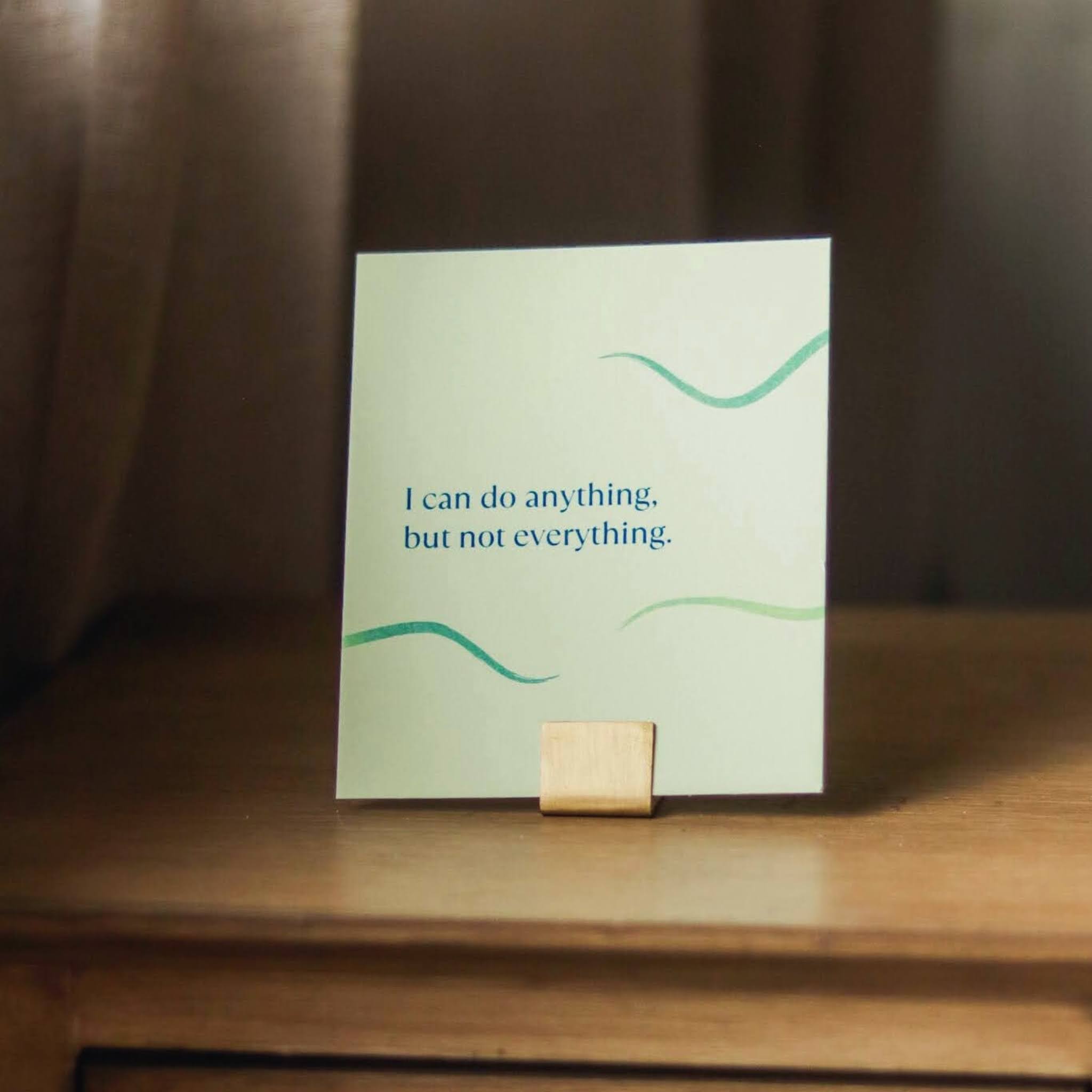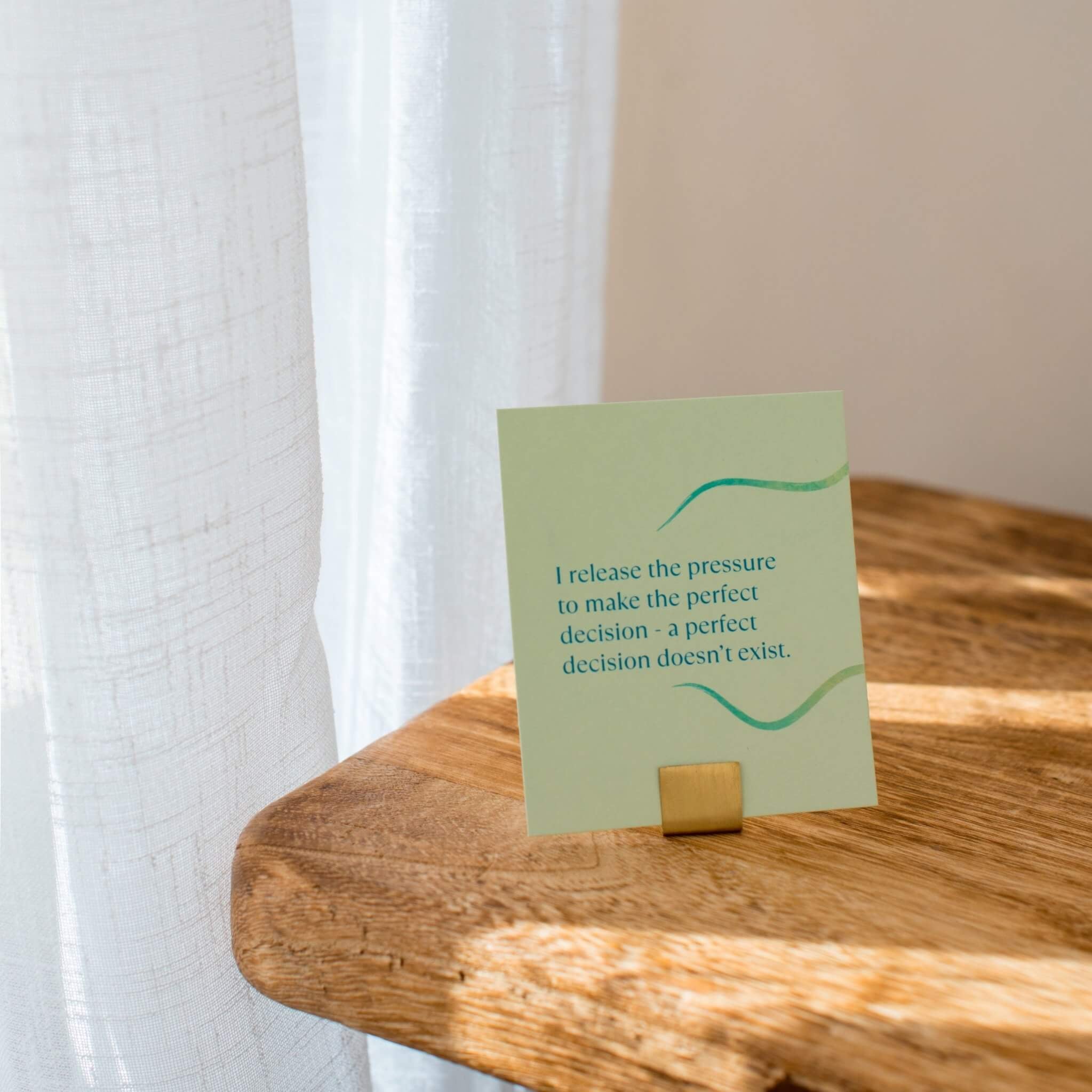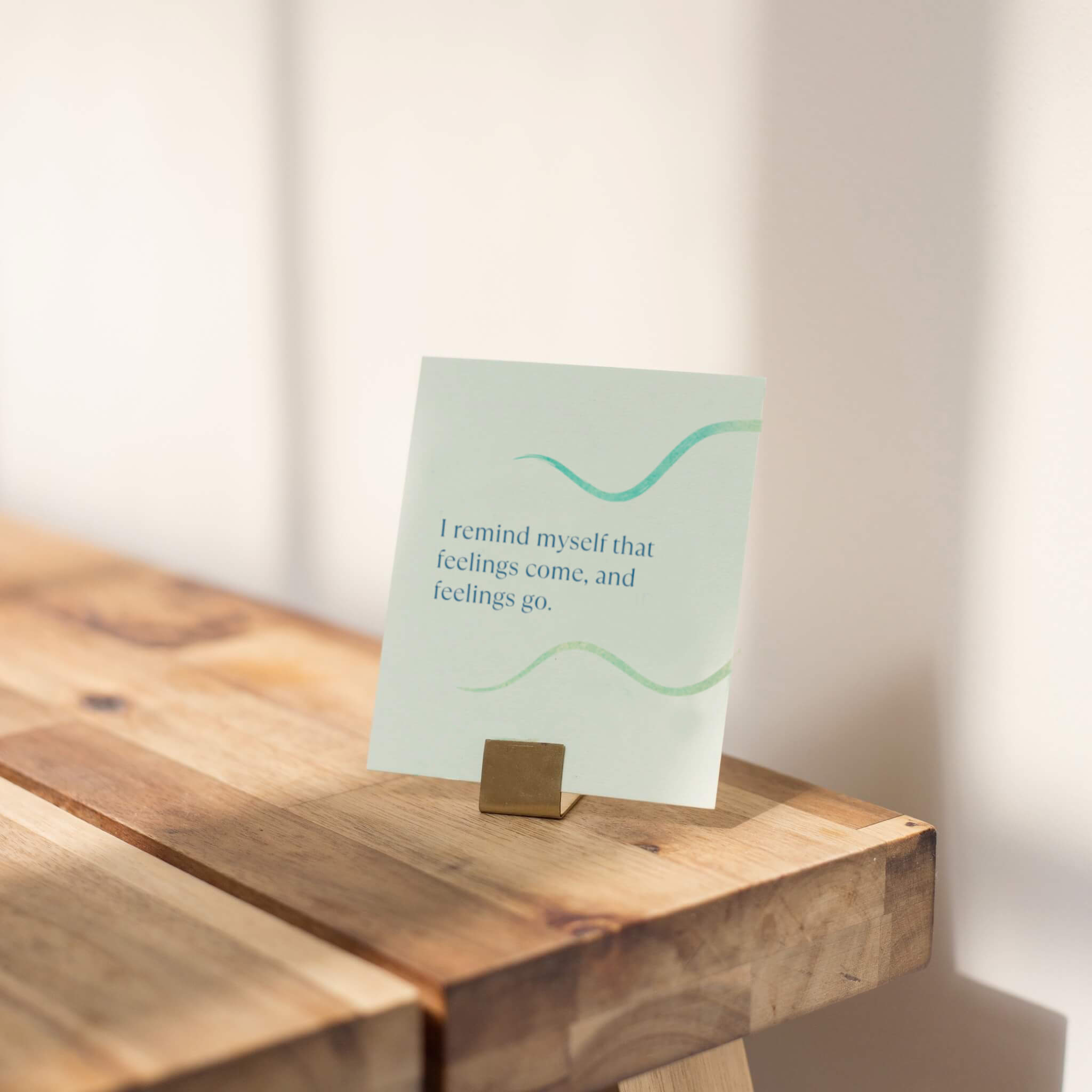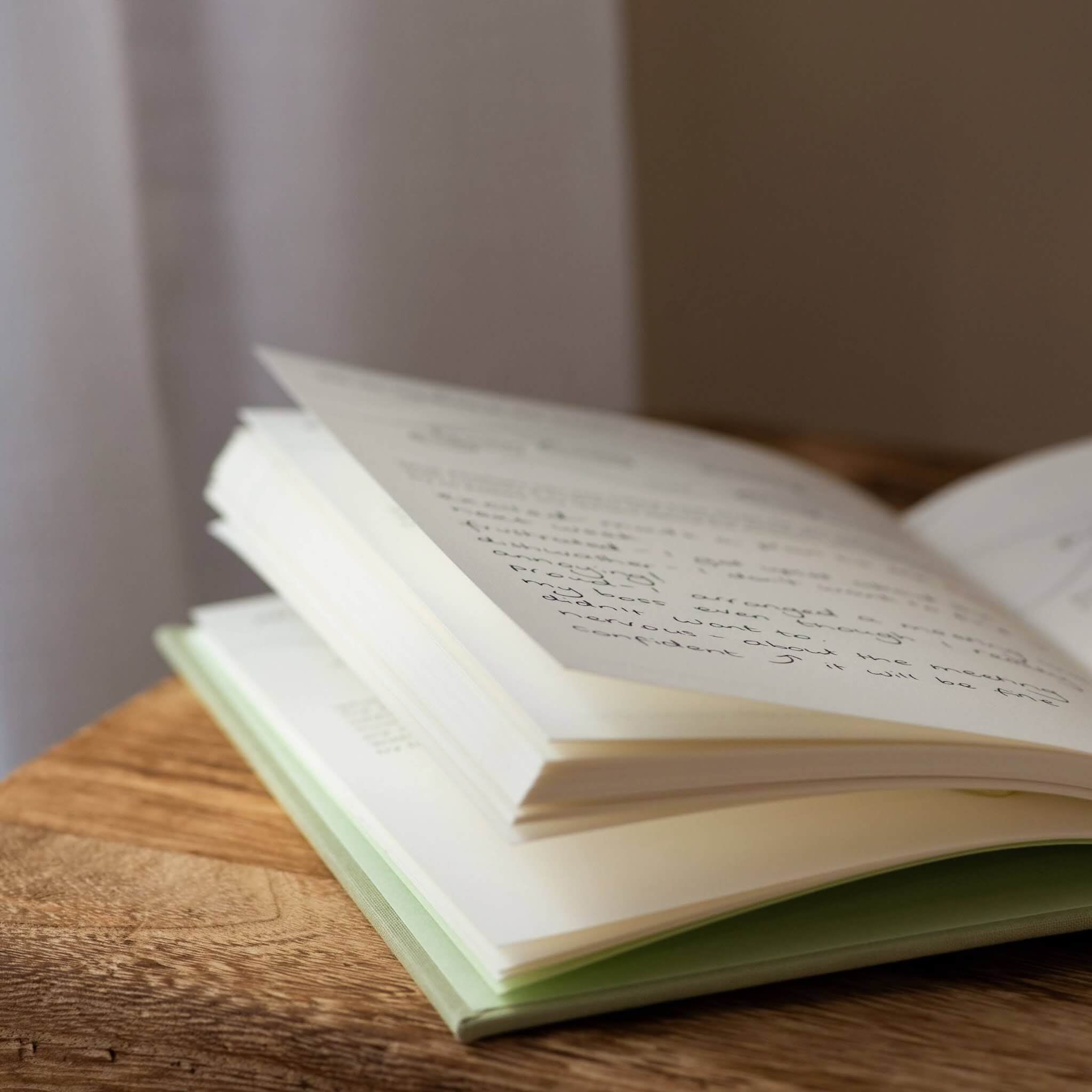written by Willem Kuyken, PhD, DClinPsy, the Ritblat Professor of Mindfulness and Psychological Science at the University of Oxford, United Kingdom. His work focuses on preventing depression, promoting mental health, and flourishing across the lifespan. He has published more than 150 journal articles and is listed by Web of Science as in the top 1% of the most cited scientists in the world.
Practice: mindfulness of your digital device
Before starting, switch off your phone and put it down in front of you. Take a few moments to stabilize and anchor your attention. When you’re ready, do each of the following, noticing after each action what is happening to the four elements of your experience—sensations, emotions, impulses or actions, thoughts or imagery:
'Take a few moments to stabilize and anchor your attention'
Take your phone and hold it in your hand, without switching it on.
Switch the phone on and just register its turning on, the home screen opening up.
Now open the app or function that you use most often, possibly even overuse.
Register what comes up in this app, but don’t interact with it just yet.
Go ahead and interact with the app, doing what you normally do.
So, what did you notice? What did you learn at each step of this exercise in terms of body sensations, feelings, impulses, and thoughts?
Ling:
I sometimes say to my kids, “Get off your phones; it will rot your brain.” And they respond,
“But Mum, you spend as much time on your phone as we do, and sometimes I have to say, ‘Mum’ three times to get your attention because you’re so caught up in your phone.”
I know they’re right; I do spend a lot of time on my phone, and sometimes I scroll for hours through Instagram. So, what did I notice in this practice?
Well, I realized that I kind of felt a heady mixture of anxiety and excitement as I picked up the phone. My finger was literally trembling a little bit as I held back from starting to open Instagram. Then I scrolled through some of the people I follow, including my kids, to find out what they’re up to!
Once I opened the app I kind of lost touch with myself; it was like water disappearing down the drain. Now I feel a bit shell shocked. Too much awareness isn’t necessarily a good thing! (laughing)
This is an excerpt from Mindfulness for Life by Willem Kuyken, PhD, DClinPsy (Guilford Press) approved exclusively to be shared on Give Yourself Kindness.

Willem Kuyken, PhD, DClinPsy, is the Ritblat Professor of Mindfulness and Psychological Science at the University of Oxford, United Kingdom. His work focuses on preventing depression, promoting mental health, and flourishing across the lifespan. He has published more than 150 journal articles and is listed by Web of Science as in the top 1% of the most cited scientists in the world.
His new book, Mindfulness for Life, was published by Guilford Press in September 2024. It is a practical guide to help people improve well-being, enjoy life more fully, handle life's challenges better, and live aligned with personal values. It accompanies his earlier book with Christina Feldman, Mindfulness – Ancient Wisdom Meets Modern Psychology, published in 2019.
His work has been featured in the New York Times, Oprah Daily, New Scientist, Nature, Scientific American, Times Educational Supplement, the BBC, CBS, New Statesman, Le Monde, der Zeit, the Telegraph, and the Guardian.



